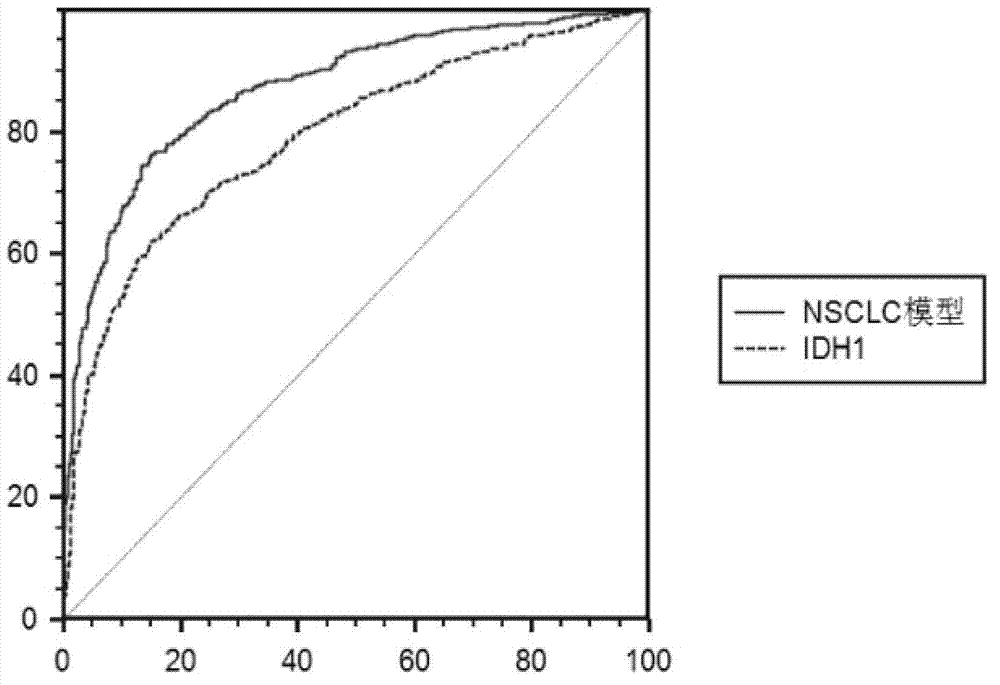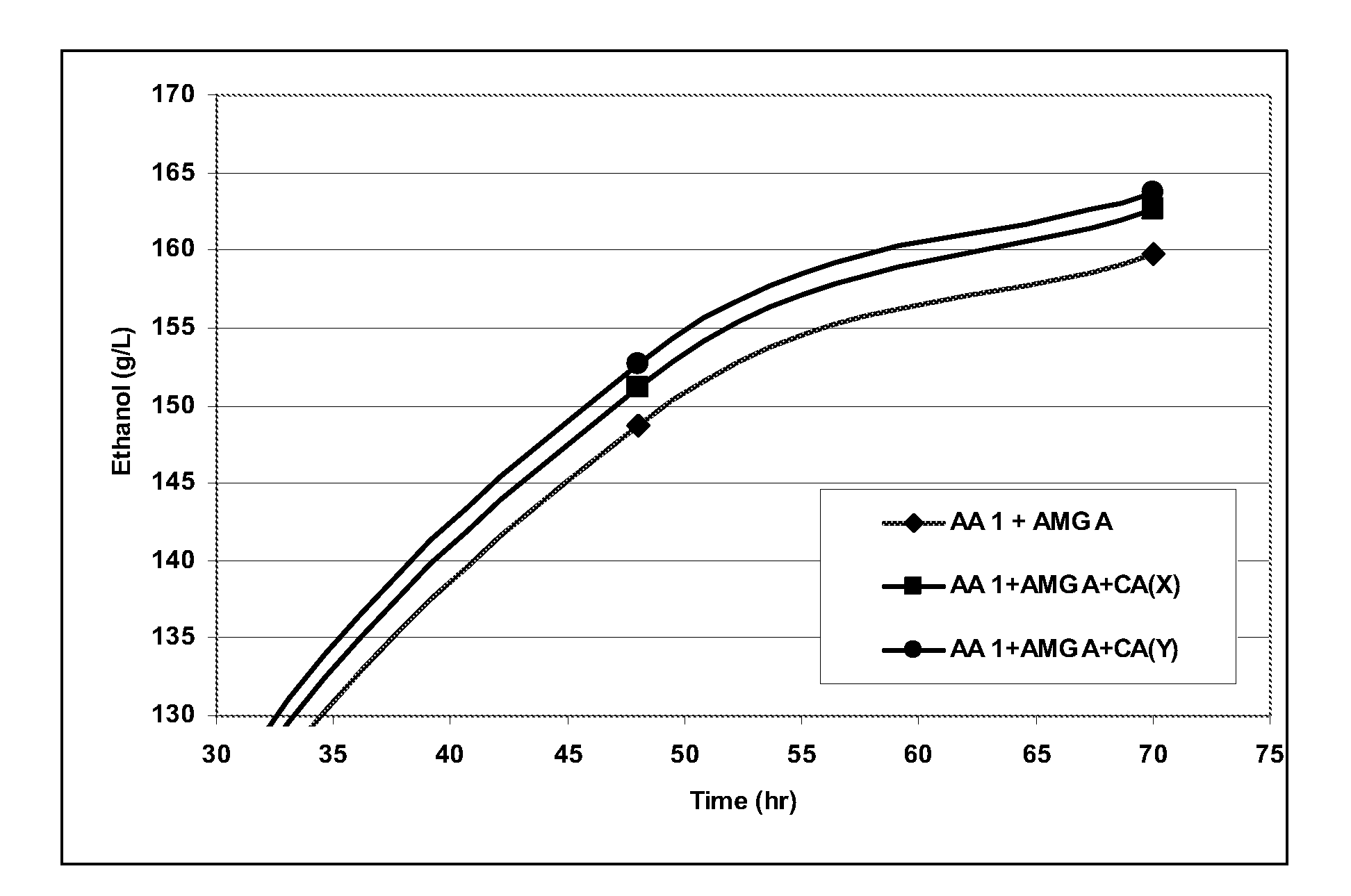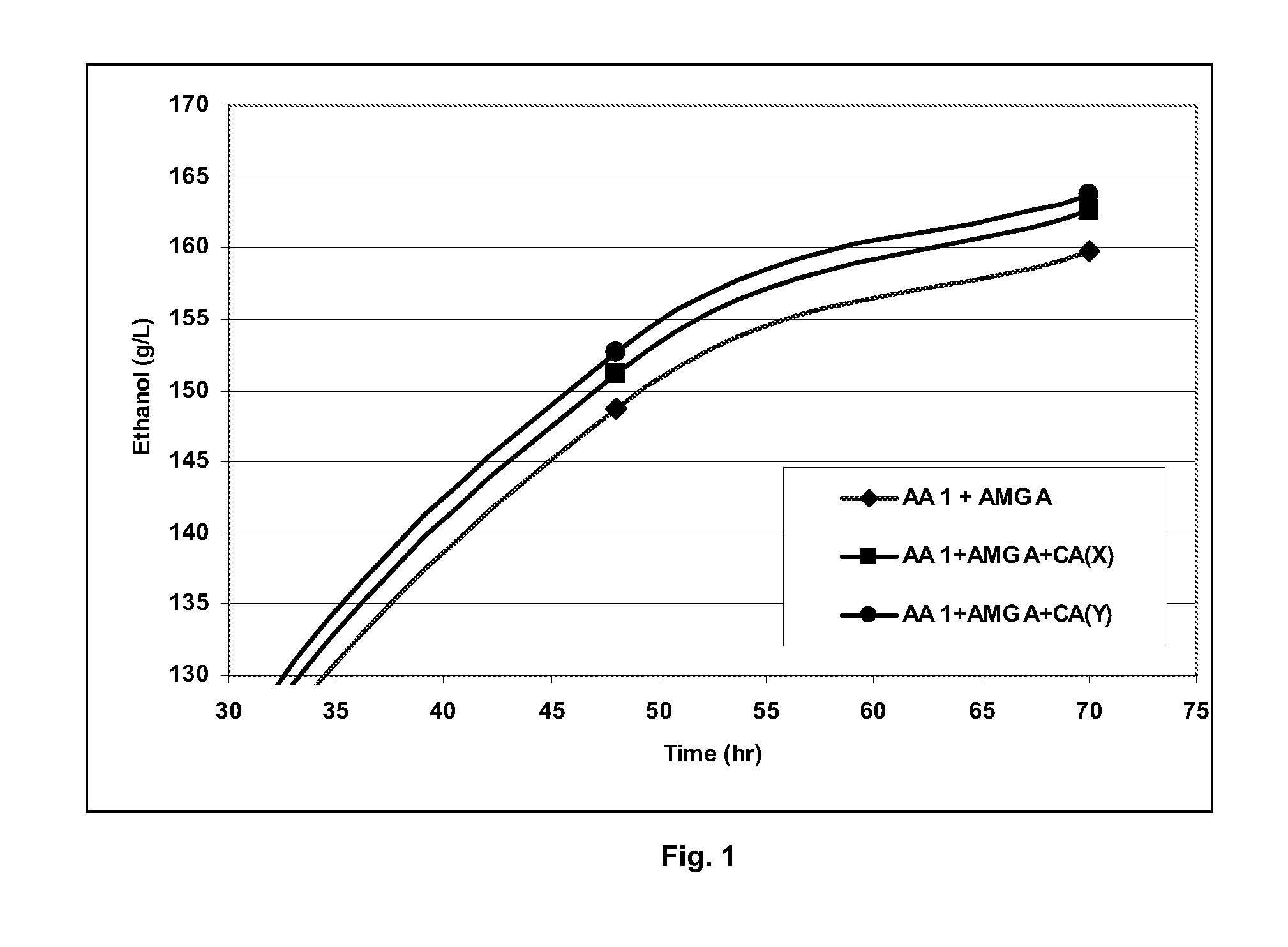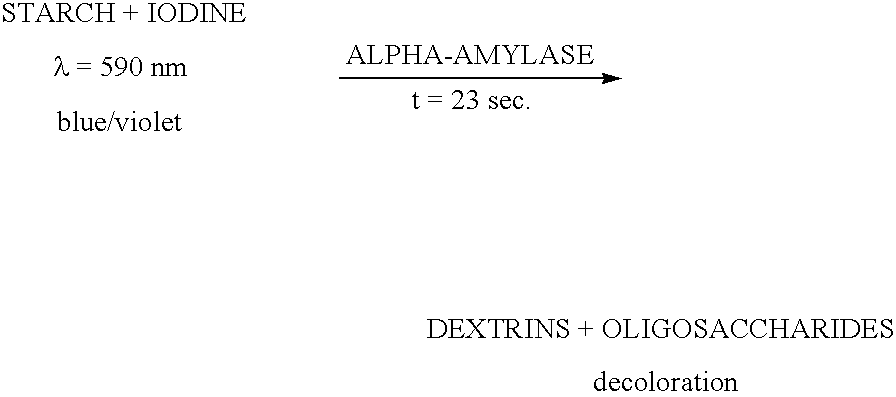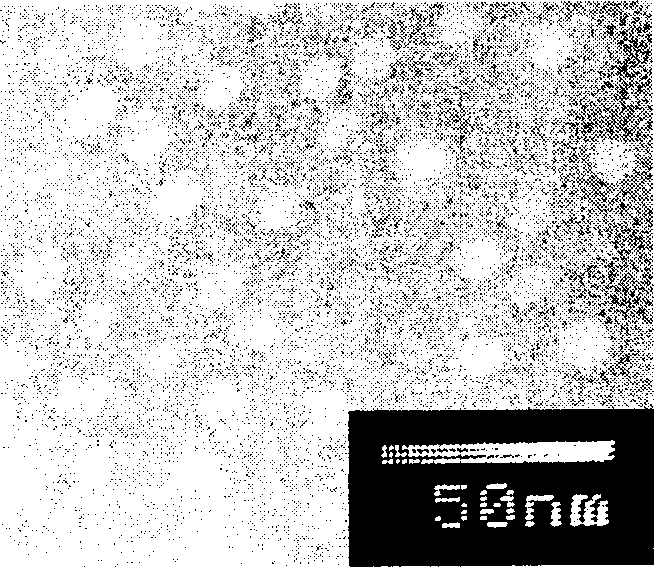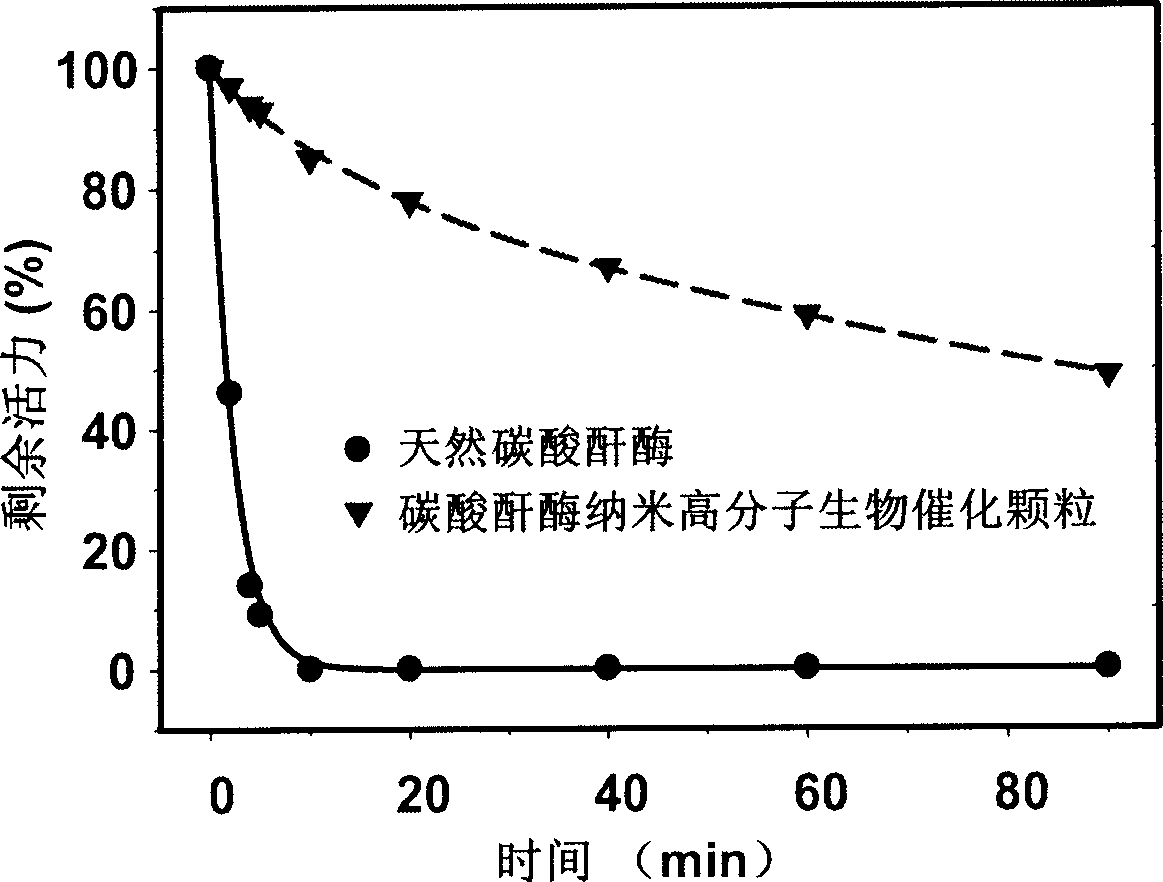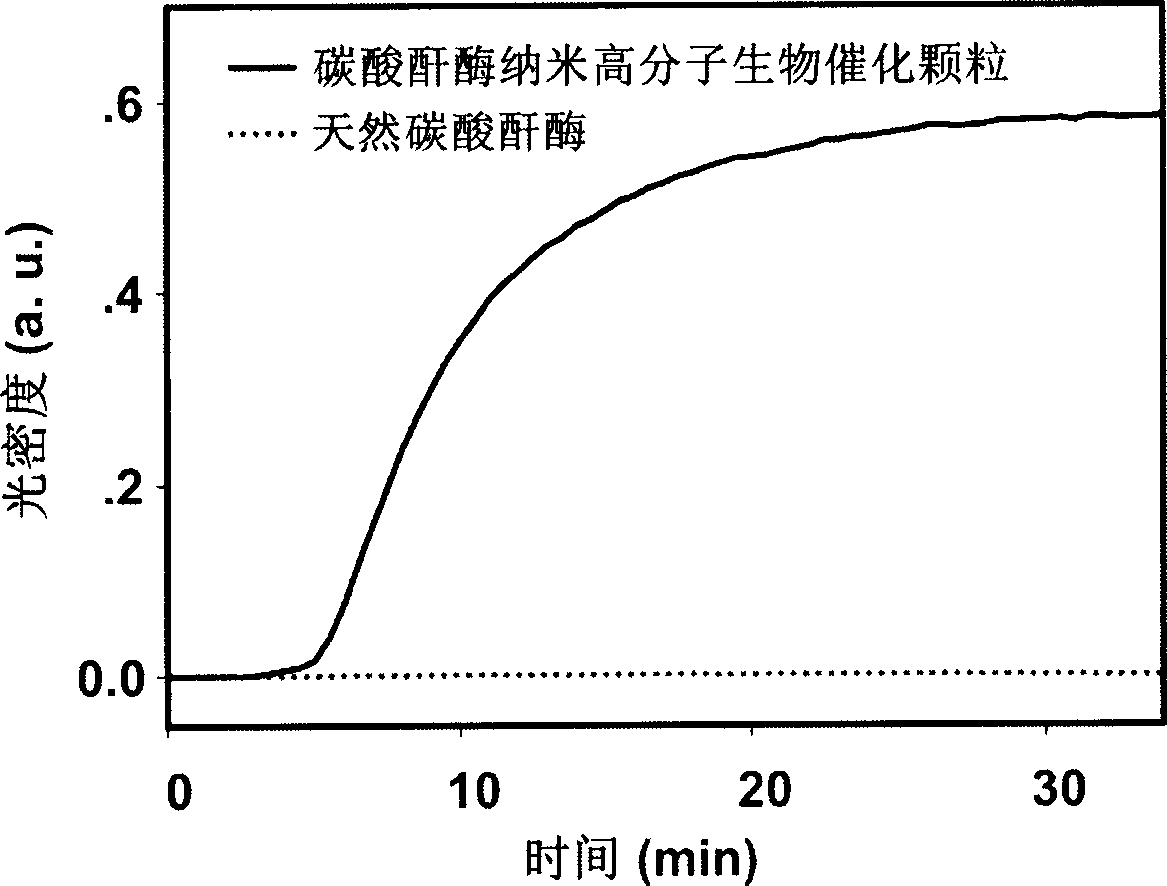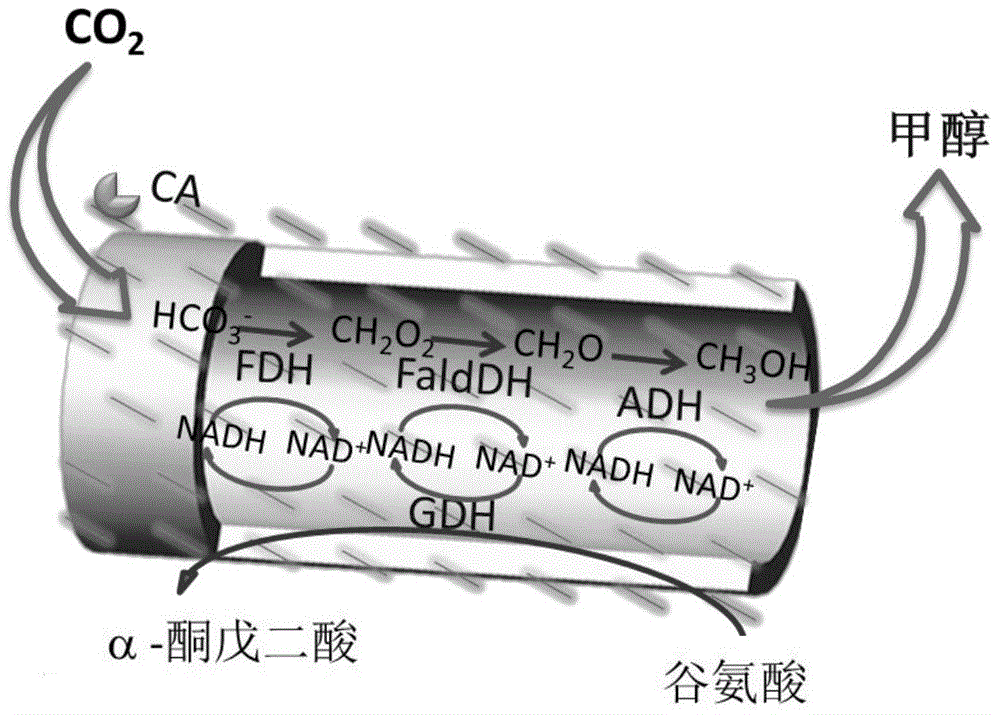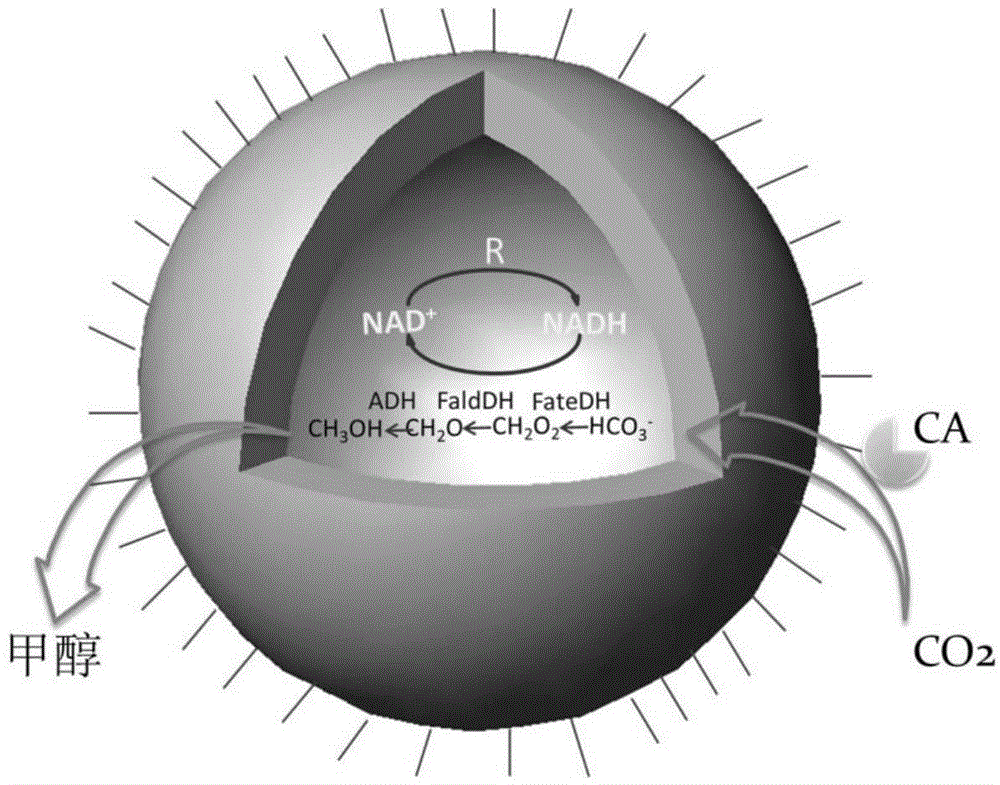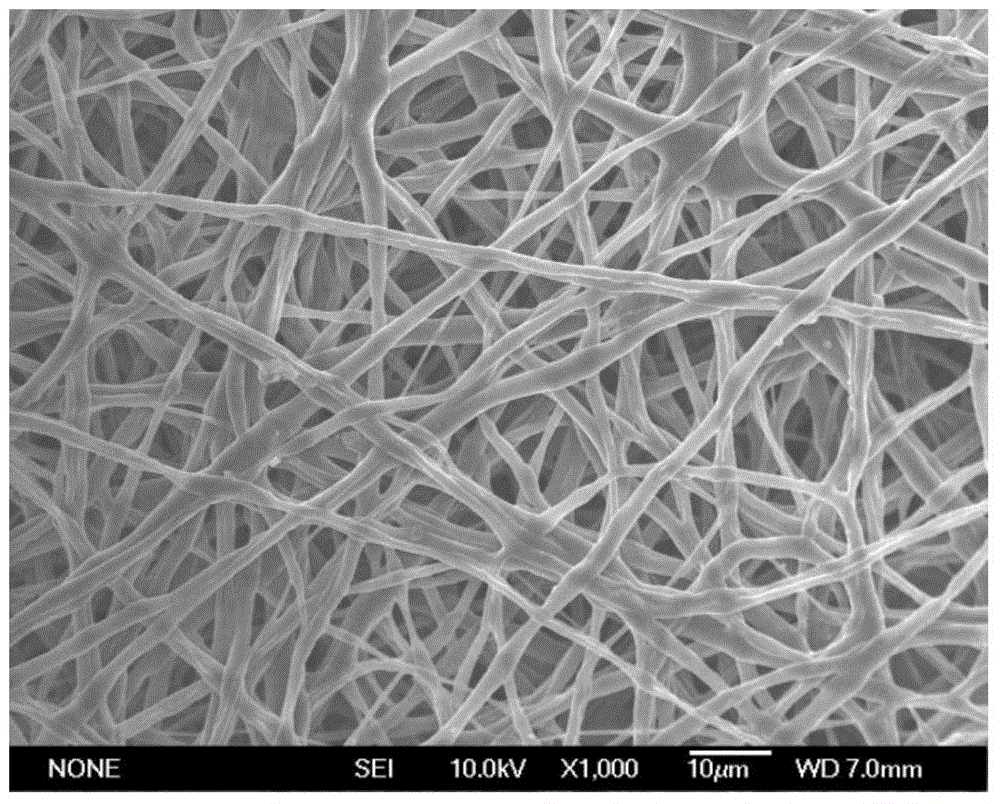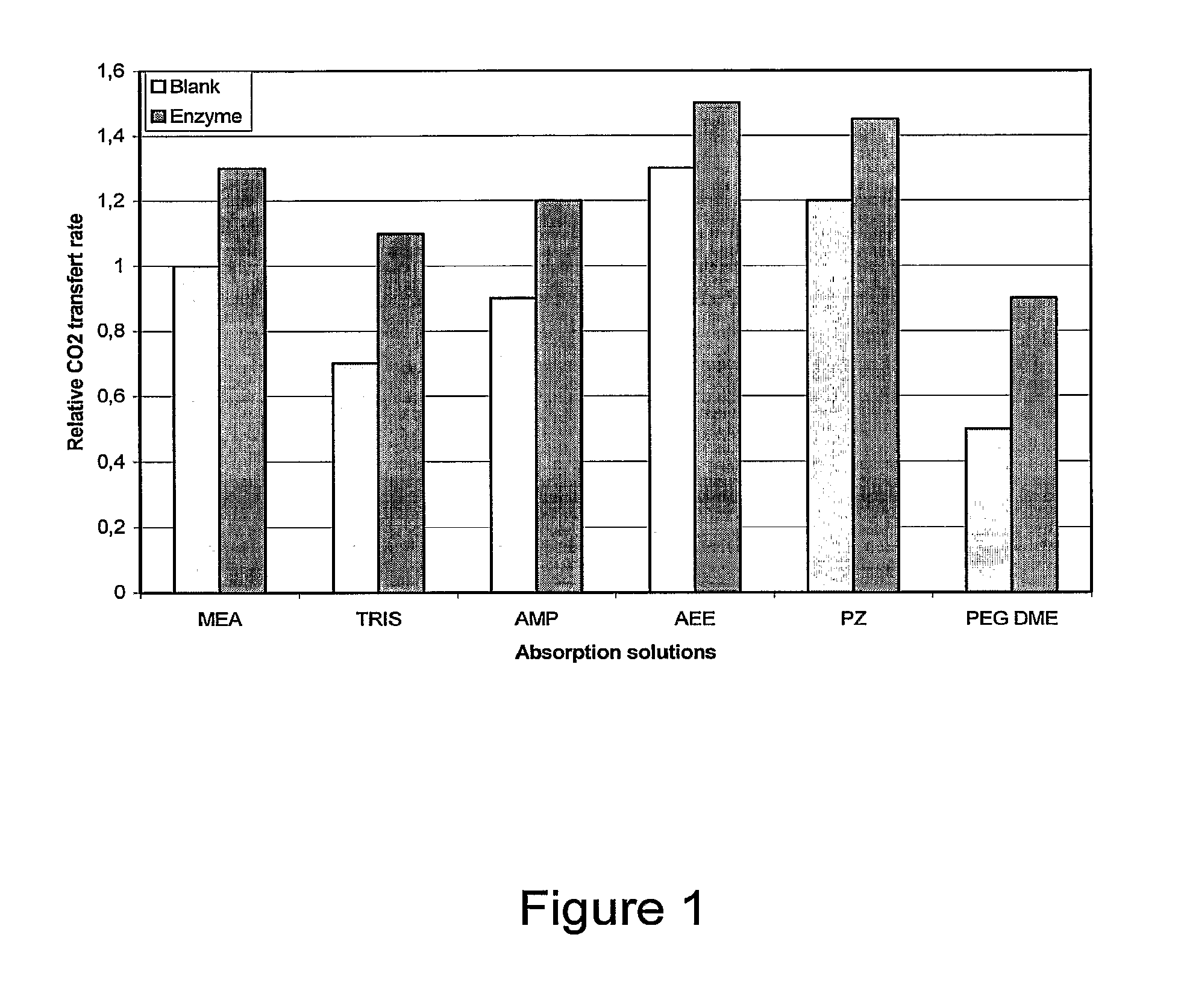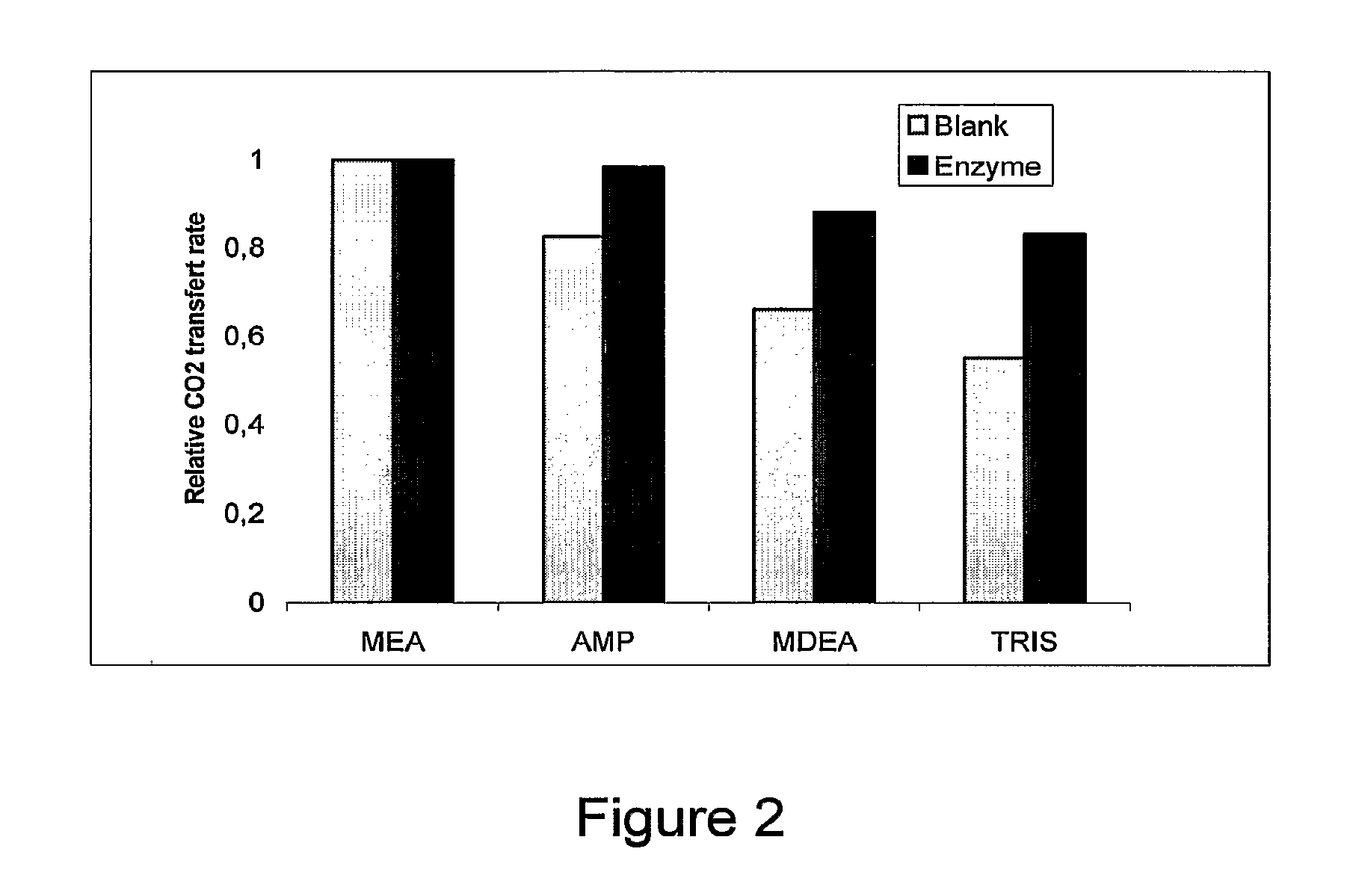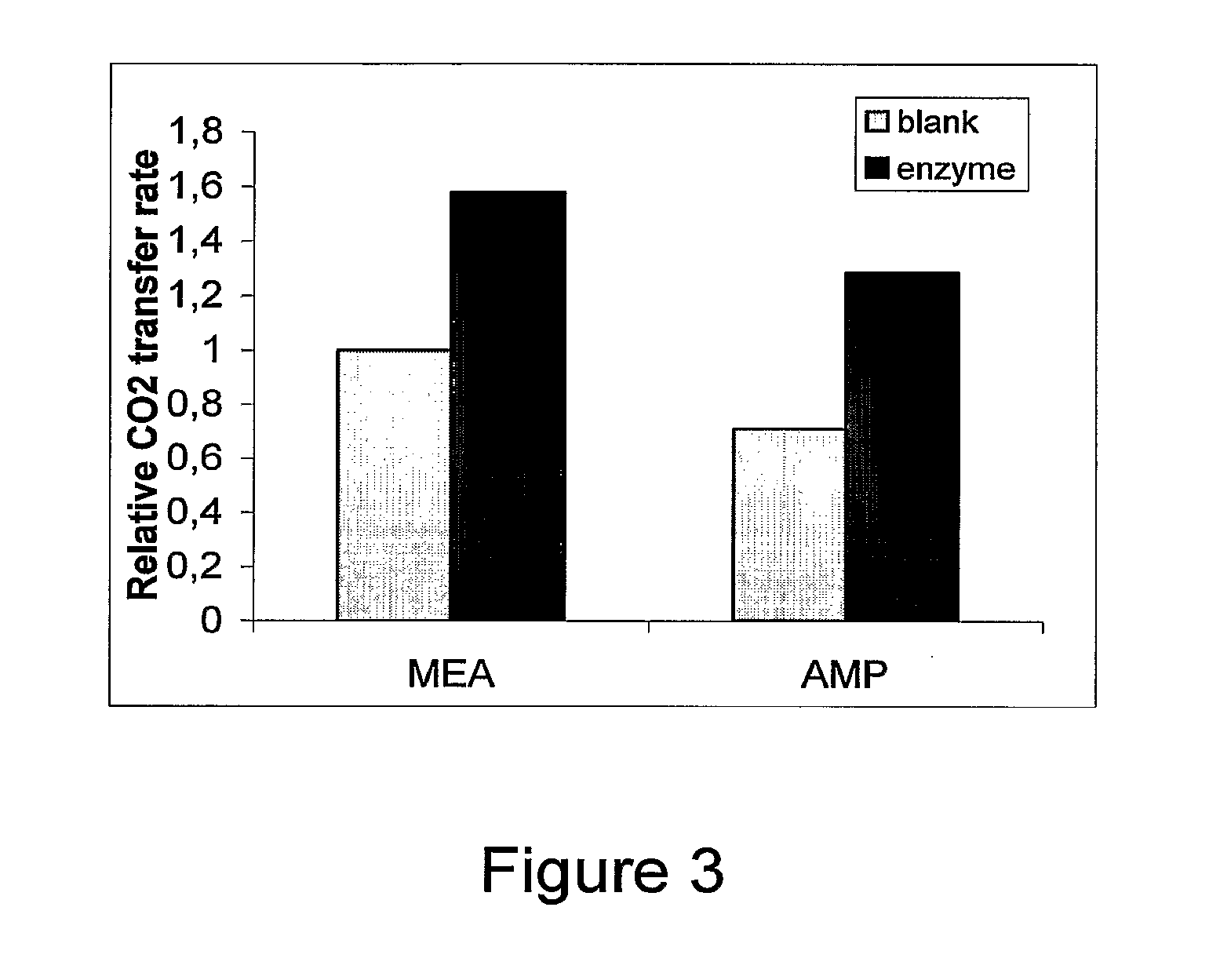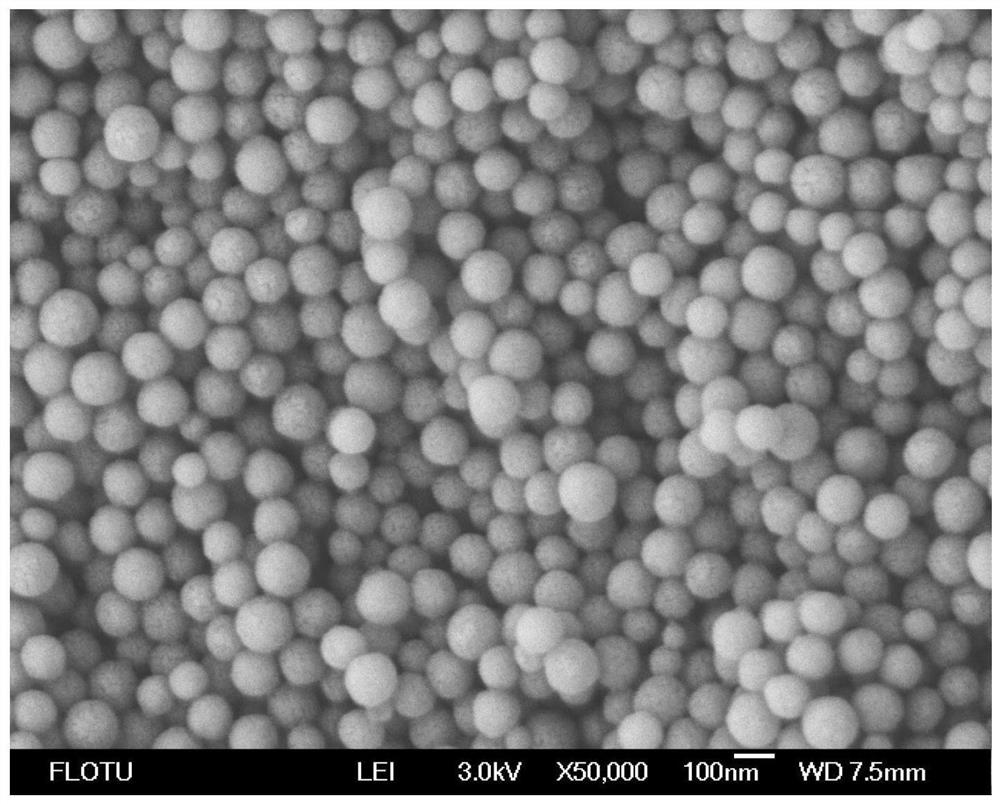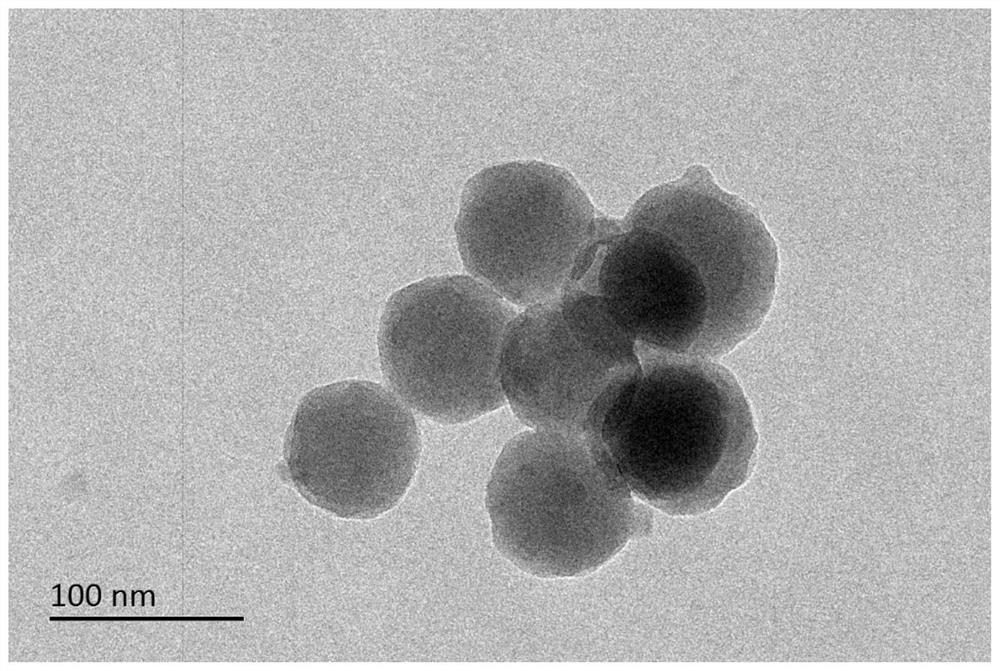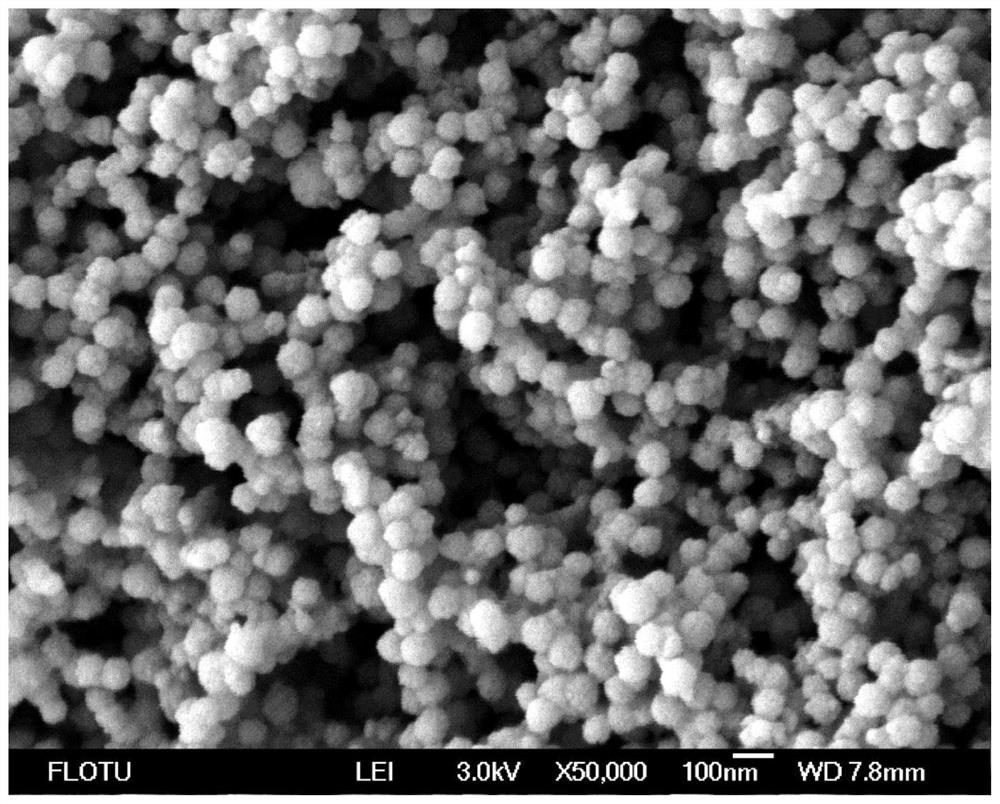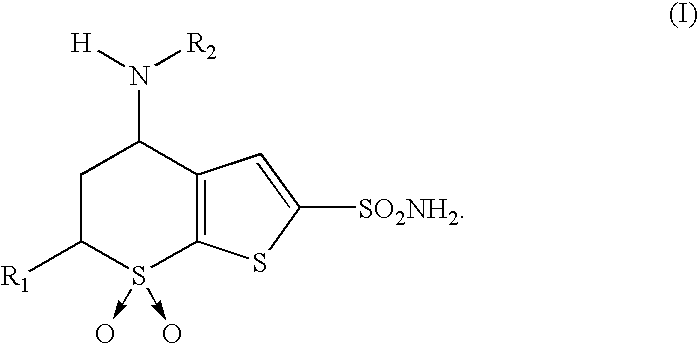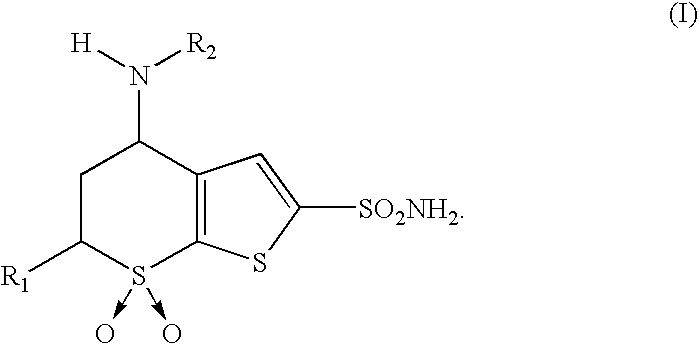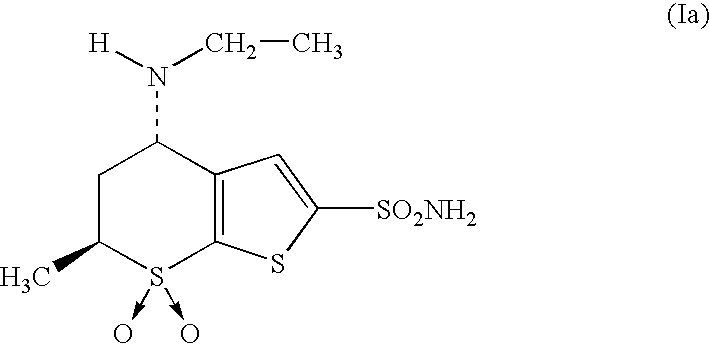Patents
Literature
285 results about "Carbonic anhydrase" patented technology
Efficacy Topic
Property
Owner
Technical Advancement
Application Domain
Technology Topic
Technology Field Word
Patent Country/Region
Patent Type
Patent Status
Application Year
Inventor
The carbonic anhydrases (or carbonate dehydratases) form a family of enzymes that catalyze the interconversion between carbon dioxide and water and the dissociated ions of carbonic acid (i.e. bicarbonate and hydrogen ions). The active site of most carbonic anhydrases contains a zinc ion. They are therefore classified as metalloenzymes.
Soluble Form of Carbonic Anhydrase IX (s-CA IX), Assays to Detect s-CA IX, CA IX's Coexpression with HER-2/neu/c-erbB-2, and CA IX-Specific Monoclonal Antibodies to Non-Immunodominant Epitopes
InactiveUS20080176258A1Improve efficiencyIncrease resourcesBiological material analysisDepsipeptidesImmunodominant EpitopesMonoclonal antibody
Disclosed herein among other MN / CA IX-related inventions are new MN / CA IX-specific antibodies generated from MN / CA IX-deficient mice, preferably monoclonal antibodies and immunoreactive fragments and engineered variants thereof. Subsets of the new antibodies are to either the proteoglycan-like (PG) domain or to the carbonic anhydrase (CA) domain of MN / CA IX, and methods are provided by which antibodies can be prepared to the other MN / CA IX domains. Such new MN / CA IX-specific antibodies, fragments and variants are useful diagnostically / prognostically and therapeutically for cancer and precancer. Particularly preferred are the new monoclonal antibodies, fragments and variants that are specific for the non-immunodominant epitopes of MN / CA IX, which antibodies are, among other uses, useful to detect soluble MN / CA IX (s-CA IX) in body fluids, alone but preferably in combination with antibodies specific to the immunodominant epitopes of MN / CA IX, for example, in a sandwich assay.
Owner:BIOMEDICAL RES CENT OF THE SLOVAK ACADEMY OF SCI
Soluble Form of Carbonic Anhydrase IX (s-CA IX), Assays to Detect s-CA IX, CA IX's Coexpression with HER-2/neu/c-erbB-2, and CA IX-Specific Monoclonal Antibodies to Non-Immunodominant Epitopes
InactiveUS20080176310A1Improve efficiencyIncrease resourcesOxidoreductasesFermentationKilodaltonWestern blot
Disclosed herein is the discovery of a soluble MN / CA IX (s-CA IX) in body fluids, such as, urine and serum. Said s-CA IX comprises the extracellular domain of CA IX or portions thereof. The predominant s-CA IX species is the extracellular domain comprising a proteoglycan-like (PG) domain and carbonic anhydrase (CA) domain, and having a molecular weight of about 50 / 54 kilodaltons (kd) upon Western blot. A smaller s-CA IX form of about 20 to about 30 kd comprising the CA domain or parts thereof, not linked to the PG domain, has also been found in body fluids. Diagnostic / prognostic methods for precancer and cancer that detect or detect and quantitate said s-CA IX in body fluids, are described. Also disclosed herein is the coexpression of CA IX and HER-2 / neu / c-erbB-2 that provides parallel, alternative and potentially synergistic diagnostic / prognostic and therapeutic strategies for precancer and cancer. Further disclosed are new MN / CA IX-specific antibodies generated from MN / CA IX-deficient mice, preferably monoclonal antibodies and immunoreactive fragments and engineered variants thereof. Such new MN / CA IX-specific antibodies, fragments and variants are useful diagnostically / prognostically and therapeutically for cancer and precancer. Particularly preferred are the new monoclonal antibodies, fragments and variants that are specific for the non-immunodominant epitopes of MN / CA IX, which antibodies are, among other uses, useful to detect soluble MN / CA IX (s-CA IX) in body fluids, alone but preferably in combination with antibodies specific to the immunodominant epitopes of MN / CA IX, for example, in a sandwich assay.
Owner:BIOMEDICAL RES CENT OF THE SLOVAK ACADEMY OF SCI
Soluble Form of Carbonic Anhydrase IX (s-CA IX), Assays to Detect s-CA IX, CA IX's Coexpression with Her-2/neu/c-erbB-2, and CA IX-Specific Monoclonal Antibodies to Non-Immunodominant Epitopes
InactiveUS20080177046A1Good curative effectImprove efficiencyImmunoglobulins against animals/humansBiological material analysisKilodaltonWestern blot
Disclosed herein is the discovery of a soluble MN / CA IX (s-CA IX) in body fluids, such as, urine and serum. Said s-CA IX comprises the extracellular domain of CA IX or portions thereof. The Predominant s-CA IX species is the extracellular domain comprising a proteoglycan-like (PG) domain and carbonic anhydrase (CA) domain, and having a molecular weight of about 50 / 54 kilodaltons (kd) upon Western blot. A smaller s-CA IX form of about 20 to about 30 kd comprising the CA domain or parts thereof, not linked to the PG domain, has also been found in body fluids. Diagnostic / prognostic methods for precancer and cancer that detect or detect and quantitate said s-CA IX in body fluids, are described. Also disclosed herein is the coexpression of CA IX and HER-2 / neu / c-erbB-2 that provides parallel, alternative and potentially synergistic diagnostic / prognostic and therapeutic strategies for precancer and cancer. Further disclosed are new MN / CA IX-specific antibodies generated from MN / CA IX-deficient mice, preferably monoclonal antibodies and immunoreactive fragments and engineered variants thereof. Such new MN / CA IX-specific antibodies, fragments and variants are useful diagnostically / prognostically and therapeutically for cancer and precancer. Particularly preferred are the new monoclonal antibodies, fragments and variants that are specific for the non-immunodominant epitopes of MN / CA IX, which antibodies are, among other uses, useful to detect soluble MN / CA IX (s-CA IX) in body fluids, alone but preferably in combination with antibodies specific to the immunodominant epitopes of MN / CA IX, for example, in a sandwich assay.
Owner:BIOMEDICAL RES CENT OF THE SLOVAK ACADEMY OF SCI
Method for repairing crack of cement-based material
ActiveCN103342484APassive repair implementationGuaranteed durabilityBacteriaBiotechnologyMicroorganism
The invention discloses a method for repairing a crack of a cement-based material. According to the method, carbonic anhydrase microorganisms are adopted for generating carbonic anhydrase used for catching CO2, CO2 is promoted to be converted into CO3<2->, and the deposition of calcium carbonate within a surface area of the crack is accelerated; the method has the advantage that the repair speed is faster than that of other methods for repairing the crack through the microorganisms. The method comprises the following steps of: inoculating bacillus mucilaginosus to a culture medium; culturing; preparing bacillus mucilaginosus concentrated bacteria liquid; immobilizing bacteria on carriers; uniformly burying calcium sources into the cement-based material during forming the cement-based material; concentrating the carriers with the bacteria immobilized into a range of 5mm under a surface area of a test part; manufacturing the crack after a part to be tested is cured; transferring into a thermostatic waterbath; continuously charging air for maintaining and repairing. The repair test result shows that the osmotic coefficient is greatly reduced after repairing for 5 days, and the crack is repaired completely after continuously repairing for 30 days.
Owner:SOUTHEAST UNIV
Novel enzyme compositions for removing carbon dioxide from a mixed gas
A process is disclosed for gas separation wherein carbon dioxide in a mixed gas stream is converted to bicarbonate by contacting a gamma carbonic anhydrase enzyme designated as CAM in the temperature range of 40 degrees to 85 degrees C. in an enzyme catalyzed carbon dioxide capture system.
Owner:TRACHTENBERG MICHAEL C
Soluble form of carbonic anhydrase IX (S-CA IX), assays to detect s-CA IX, CA IX'S coexpression with HER-2/NEU/C-ERBB-2, and CA IX-specific monoclonal antibodies to non-immunodominant epitopes
InactiveUS7816493B2Good curative effectSugar derivativesBiological material analysisKilodaltonC erbb 2
Disclosed herein is the discovery of a soluble MN / CA IX (s-CA IX) found in body fluids, such as, urine and serum. Soluble CA IX comprises the extracellular domain of CA IX or portions thereof. The predominant s-CA IX species is the extracellular domain comprising a proteoglycan-like (PG) domain and carbonic anhydrase (CA) domain, and having a molecular weight of about 50 / 54 kilodaltons. Diagnostic / prognostic methods for precancer / cancer that detect or detect and quantitate s-CA IX in body fluids, are described. Also disclosed is the coexpression of CA IX and HER-2 that provides potentially synergistic diagnostic / prognostic and therapeutic strategies for precancer / cancer. Further disclosed are new MN / CA IX-specific antibodies generated from MN / CA IX-deficient mice, useful diagnostically / prognostically and therapeutically for cancer / precancer. Preferred are new antibodies, specific for non-immunodominant epitopes of MN / CA IX, useful to detect soluble CA IX (s-CA IX) in body fluids, preferably in combination with antibodies specific to immunodominant epitopes of MN / CA IX.
Owner:BIOMEDICAL RES CENT OF THE SLOVAK ACADEMY OF SCI
Modular Reactor and Process for Carbon-Dioxide Extraction
The present invention relates to a reactor and a process suitable for extracting carbon dioxide from carbon dioxide-containing gas stream. The reactor is based on a two module system where absorption occurs in one module and desorption occurs in the other module. The absorption and desorption modules in the system include at least one gas-liquid membrane (GLM) module and at least one direct gas-liquid contact (DGLC) module. The carbon dioxide extraction may be catalyzed by carbonic anhydrase.
Owner:NOVOZYMES AS
CO2 absorption solution
InactiveUS7740689B2Promote absorptionImprove performanceOther chemical processesUsing liquid separation agentCo2 absorptionAbsorption rate
Disclosed is a formulation for the absorption of CO2, which comprises water, at least one CO2 absorption compound and a carbonic anhydrase as an activator to enhance the absorption capacity of the CO2 absorption compound. The invention also concerns the use of carbonic anhydrase, in a CO2 absorption solution to increase the CO2 absorption rate of such solution.
Owner:CO2 SOLUTION
Microchip-based carbon dioxide gas sensor
InactiveUS20020011408A1Facilitate the micro-fabrication of potentiometric carbon dioxide electrodesReduced measurement timeImmobilised enzymesBioreactor/fermenter combinationsSodium bicarbonateFast measurement
There is provided a microchip-based differential-type carbon dioxide gas sensor for detecting dissolved carbon dioxide levels. It functions with at least one working electrode composed of an unbuffered hydrogel membrane containing a certain amount of sodium bicarbonate and a pH-sensitive gas-permeable membrane; and a reference electrode composed of a buffered hydrogel membrane and a pH-sensitive gas-permeable membrane. The unbuffered hydrogel membrane contains carbonic anhydrase, which reduces the time period for the hydration of carbon dioxide, thereby allowing the quick measurement of the level of carbon dioxide. In addition to being significantly improved in stabilization, sensing, and recovering time periods, the differential-type carbon dioxide gas sensor can be fabricated in small sizes and quickly measure levels of carbon dioxide dissolved in sample solution.
Owner:I SENS INC
Modular Membrane Reactor and Process for Carbon Dioxide Extraction
InactiveUS20110223650A1Bioreactor/fermenter combinationsBiological substance pretreatmentsDesorptionMembrane reactor
The present invention relates to a reactor and a process suitable for extracting carbon dioxide from carbon dioxide-containing gas stream. The reactor is based on a two module system where absorption occurs in one module and desorption occurs in the other module. The carbon dioxide extraction may be catalyzed by carbonic anhydrase.
Owner:NOVOZYMES AS
Carbon dioxide capture using resin-wafer electrodeionization
ActiveUS20100300894A1High methane contentReducing greenhouse gas emissionLiquid separation by electricityCarbon compoundsElectricityIon-exchange membranes
The present invention provides a resin-wafer electrodeionization (RW-EDI) apparatus including cathode and anode electrodes separated by a plurality of porous solid ion exchange resin wafers, which when in use are filled with an aqueous fluid. The apparatus includes one or more wafers comprising a basic ion exchange medium, and preferably includes one or more wafers comprising an acidic ion exchange medium. The wafers are separated from one another by ion exchange membranes. The fluid within the acidic and / or basic ion exchange wafers preferably includes, or is in contact with, a carbonic anhydrase (CA) enzyme to facilitate conversion of bicarbonate ion to carbon dioxide within the acidic medium. A pH suitable for exchange of CO2 is electrochemically maintained within the basic and acidic ion exchange wafers by applying an electric potential across the cathode and anode.
Owner:UCHICAGO ARGONNE LLC
Biomarkers of mild cognitive impairment and alzheimer's disease
A method for quantifying a neurodegenerative disorder in a patient that includes obtaining a fluid sample from the subject; measuring a protein biomarker complex in said fluid sample and correlating the measurement with mild cognitive impairment or Alzheimer's disease status. The biomarkers include those that comprise at least one of a transthyretin protein and / or a prostaglandin-H2 D-isomerase protein, and at least one second, different protein selected from a transthyretin, prostaglandin-H2 D-isomerase, beta-2-microglobulin, cystatin C, superoxide dismutase [Cu—Zn], plasma retinol-binding protein, phosphatidylethanolamine-binding protein, carbonic anhydrase 2, prostaglandin-H2 D-isomerase, and / or serotransferrin protein.
Owner:UNIV OF KENTUCKY RES FOUND
Biomarkers of mild cognitive impairment and alzheimer's disease
A method for quantifying a neurodegenerative disorder in a patient that includes obtaining a fluid sample from the subject; measuring a protein biomarker complex in said fluid sample and correlating the measurement with mild cognitive impairment or Alzheimer's disease status. The biomarkers include those that comprise at least one of a transthyretin protein and / or a prostaglandin-H2 D-isomerase protein, and at least one second, different protein selected from a transthyretin, prostaglandin-H2 D-isomerase, beta-2-microglobulin, cystatin C, superoxide dismutase [Cu—Zn], plasma retinol-binding protein, phosphatidylethanolamine-binding protein, carbonic anhydrase 2, prostaglandin-H2 D-isomerase, and / or serotransferrin protein;
Owner:UNIV OF KENTUCKY RES FOUND
Method for preparing calcium carbonate by using catalysis of microbial carbonic anhydrase
InactiveCN102121033AHigh purityAbundant resourcesMicroorganism based processesFermentationAtherion elymusFiltration
The invention provides a method for preparing calcium carbonate by using catalysis of microbial carbonic anhydrase, which comprises the following steps of: adding the carbonic anhydrase extracted from a microbial culture into a liquid system containing calcium ion and bicarbonate radical ion solution or a gas diffusion system containing calcium ion solution and releasing CO2 by using ammonium hydrogen carbonate solution, performing oscillating reaction at room temperature, controlling initial pH at 5 to 10, taking out the produced sediment, and performing filtration, washing and drying to obtain the calcium carbonate. The method makes full use of microbial resources and characteristics of specificity and high efficiency of enzyme catalytic reaction, prepares the calcium carbonate by accelerated deposition, and has the advantages of riche resources, simple process, clean environment, low cost, high efficiency, quickness and the like. The calcium carbonate prepared by deposition has high purity, is calcite crystal calcium carbonate, can be used as an industrial filler, and can also be used for repairing cracks of building engineering, buildings, stone landscapes and carved stone cultural relics.
Owner:HUAZHONG UNIV OF SCI & TECH
Carbonic Anhydrase Targeting Agents and Methods of Using Same
ActiveUS20120321563A1Good choiceIncrease contrastUltrasonic/sonic/infrasonic diagnosticsOrganic active ingredientsImaging agentCarbonic anhydrase
The invention provides agents that target carbonic anhydrase, which can be used as imaging agents or therapeutic agents. The agents can be used to image tumor hypoxia as well as other physiological processes in a subject.
Owner:VISEN MEDICAL INC
Biomarkers of cancer metastasis
InactiveUS20100317533A1Microbiological testing/measurementLibrary screeningHypoxia-Inducible Factor 1-AlphaCancer metastasis
There is provided a panel of biomarkers of tumour metastasis comprising any two of carbonic anhydrase-9 (CAIX), vascular endothelial growth factor C (VEGF-C), ephrin A5 (EFNA5), eph receptor B2 (EPHB2), transforming growth factor beta 3 (TGF-β3), pyruvate dehydrogenase kinase isoenzyme-3 (PDK3), carbonic anhydrase-12 (CAXII), keratin 14 (KRT14), hypoxia inducible factor 1 alpha subunit (HIF-1α), or tenascin C (TNC). CAIX, VEGF-C, EFNA5, EPHB2, TGF-β3 or PDK3 may be indicators of moderate metastatic potential, while CAXII, KRT14, HIF-1α, or TNC may be indicators of high metastatic potential. There is also provided a method of determining risk of tumour metastasis using the aforementioned biomarkers is also provided. The biomarkers may be used in diagnosis, prognosis, treatment selection, or to test putative therapeutics. The biomarkers may be used to assess malignancies or cancers having hypoxic regions, such as breast cancer.
Owner:BRITISH COLUMBIA CANCER AGENCY BRANCH
Nano carrier for tumor photo-dynamics therapy (PDT) and preparation method thereof
InactiveCN108939072AGood biocompatibilityIncrease oxygen contentOrganic active ingredientsPhotodynamic therapyAbnormal tissue growthDecomposition
The invention provides a preparation method of a nano carrier for tumor photo-dynamics therapy (PDT). According to the preparation method, Fe<3+> salts are dissolved in DMF, then a photo-sensitizer (TCPP) is added to obtain particles (NMOFs); then the particles are dispersed in water under the assistance of ultrasonic waves; crosslinking agents (EDC and NHS) are added; after the reactions betweenBSA and sulfadiazine (SDs) finish completely, dialysis is performed to obtain particles (NMOFs@BSA / SDs); then the particles are dispersed in distilled water, then Mn<2+> salts are added, the pH is adjusted, and finally dialysis is performed to obtain a carrier (NMOFs@BSA / SDs@MnO2). Nano metal organic framework particles are taken as the basis and coated by protein (BSA) and sulfadiazine (SDs); finally the particles are in-situ mineralized to obtain required particles; SDs can specifically recognize carbonic anhydrase of tumors and is capable of actively targeting the oxygen-deficient parts oftumors; MnO2 generated in mineralization can catalyze the H2O2 decomposition to increase the oxygen content of tumors; and the PDT efficiency is improved.
Owner:HUBEI UNIV +1
Protein chip reagent kit and method for comprehensively detecting lung cancer marker
InactiveCN103033619AReduce detection errorImprove accuracyFluorescence/phosphorescenceSquamous CarcinomasAntibody antigen reactions
The invention belongs to the technical field of biology and relates to a protein chip reagent kit and a method for comprehensively detecting a lung cancer marker. The protein chip reagent kit for comprehensively detecting the lung cancer marker comprises: (1) a chip (1) and (2) a reaction agent and a detection agent, wherein a plurality of specific antibodies are simultaneously fixed on the chip, can generate antibody-antigen reaction with the lung cancer marker and are fixed on a bottom film of the chip to form a plurality of independent recognition sites; and the reaction agent and the detection agent are used for detecting whether a matter capable of generating antibody-antigen reaction with the specific antibodies exists in a sample to be detected or not through a TRFIA (Time Resolved Fluorescence Immunoassay) method. The reagent kit and the method have the beneficial effects that the six indexes of NSE (Neuron Specific Enolase), SCC (Squamous Cell Carcinoma), CEA (Carcino Embryonie Antigen), CA (Carbonic Anhydrase) 19-9, CYFR (Cytokeratin Fragment) A21-1 and pro-GRP (Glass Reinforced Plastic) can be simultaneously detected, the detection accuracy is improved, the repetitive experimental steps are reduced, and the time and the cost are saved.
Owner:河南生生医疗器械有限公司
Co2 Absorption Solution
InactiveUS20080148939A1Promote absorptionImprove performanceOther chemical processesUsing liquid separation agentCo2 absorptionAbsorption rate
Disclosed is a formulation for the absorption of CO2, which comprises water, at least one CO2 absorption compound and a carbonic anhydrase as an activator to enhance the absorption capacity of the CO2 absorption compound. The invention also concerns the use of carbonic anhydrase, in a CO2 absorption solution to increase the CO2 absorption rate of such solution.
Owner:CO2 SOLUTION
Method for preparing calcium carbonate by simultaneous mineralization of two microorganisms
InactiveCN108220380ARaise the pHNo pollution in the processMicroorganism based processesFermentationMicroorganism resourceCalcium EDTA
The invention relates to a method for preparing calcium carbonate by simultaneous mineralization of two microorganisms. The method is characterized by comprising the following steps: adding a culturesolution of the two cultured microorganisms to a mixed solution of calcium salt and urea, putting a reactor in an open mode to enable the solution to be exposed to the air to be subjected to mineralization reaction, taking out the precipitate after the reaction is completed, and washing and drying the precipitate to obtain a calcium carbonate product. The two microorganisms are respectively sporosarcina pasteurii belonging to a urease high-yield strain and bacillus pumilus belonging to a carbonic anhydrase high-yield strain. The method provided by the invention has the advantages that the twostrains together participate in the mineralization process, the generation efficiency of calcium carbonate is increased, simultaneously, the pollution to the environment caused by generation of ammonia gas can be reduced, CO2 in the atmosphere can also be captured, and the advantages of the two strains are complementary so as to cooperatively promote the whole mineralization process; the microorganisms utilized in the method are rich in resources, efficient and single in enzyme catalysis reaction, simple in production process and low in cost; and furthermore, the obtained calcium carbonate product is higher in purity, has better cementing action and can be widely applied to the field of civil engineering.
Owner:TIANJIN UNIVERSITY OF SCIENCE AND TECHNOLOGY
Method and device for immobilizing CO2 by enhancing mineral carbonation
InactiveCN102343199AFast catalytic reaction ratePromotes hydrationDispersed particle separationUltrasound - actionSlurry
The invention discloses a method and device for immobilizing CO2 in industrial tail gas by enhancing mineral carbonation. The device comprises a packed column absorber, a mineral leaching tank, a carbonation reactor and a belt type filter. The method comprises the steps of: enabling the industrial tail gas containing CO2 to enter the packed column absorber filled with immobilization carbonic anhydrase, rapidly transforming the CO2 into HCO3<-> under the catalysis action of the carbonic anhydrase; with a weak acidic solution containing the HCO3<-> as a mineral leaching agent, effectively leaching calcium ions from minerals in the mineral leaching tank under the action of ultrasonic waves to form a slurry enriching Ca<2+>; introducing the slurry enriching Ca<2+> into the carbonation reactor, adding a calcium-containing alkali material, regulating the pH of the slurry to be 7-9 to ensure that the HCO3<-> is transformed into CO3<2->, and generating a carbonation reaction with the Ca<2+> leached from the minerals to generate CaCO3. The invention can promote the CO2 to be rapidly transformed into the HCO3<->, can promote the calcium ions to be leached from the minerals and the carbonation reaction, and further realizes that the CO2 in the industrial tail gas is immobilized through direct carbonation under normal pressure.
Owner:SOUTHEAST UNIV
Process for preparing 5,6-dihydro-4-(S)-(ethylamino)-6-(S) methyl-4H-thieno[2,3b]thiopyran-2-sulphonamide-7,7-dioxide HCI
The present invention relates to an improved process for the preparation of 5,6-dihydro-4-(S)-(ethylamino)-6-(S)methyl-4H-thieno[2,3b]thiopyran-2-sulphonamide-7,7-dioxide hydrochloride of formula (I) commonly known as Dorzolamide Hydrochloride useful as an agent to reduce intraoccular pressure by inhibiting carbonic anhydrase enzyme
Owner:USV LTD
Inhibitors of carbonic anhydrase IX
InactiveCN102083427AOrganic chemistryRadioactive preparation carriersTherapeutic treatmentIsrapafant
Novel radiopharmaceuticals that are useful in diagnostic imaging and therapeutic treatment of disease characterized by over expression of CA-IX comprise a complex that contains a sulfonamide moiety which is capable of binding the active catalytic site of CA- IX, and a radionuclide adapted for radioimaging and / or radiotherapy.
Owner:分子洞察制药股份有限公司
Test kit of auxiliary diagnosis of non-small cell lung cancer patients
ActiveCN103163293AIncreased sensitivityIncrease credibilityBiological testingIDH1Diagnosis standards
The invention discloses a test kit of auxiliary diagnosis of non-small cell lung cancer patients. The test kit comprises a product used for detecting protein landmark isocitrate dehydrogenase 1(IDH1), a product used for detecting protein landmark carbonic anhydrase 125 (CA125), a product used for detecting protein landmark CYFRA21-1 and a carrier on which a functional expression p=1 / (1+(20.186*0.406<x1>*0.923<x2>*0.656<x3>)<-1>) is recorded, wherein x1 represents the concentration of IDH1, x2 represents the concentration of CA125, and x3 represents the concentration of CYFRA21-1. The test kit is adopted and the non-small cell lung cancer patients are diagnosed in an auxiliary mode according to corresponding diagnosis standards, the test kit has the advantages of being high in sensitivity and strong in specificity, reliability of the diagnosis is far higher than that of diagnosis which is carried out with each single protein landmark, and the test kit has great value and application prospects for diagnosis and treatment of non-small cell lung cancer.
Owner:CANCER INST & HOSPITAL CHINESE ACADEMY OF MEDICAL SCI
Processes of Producing Fermentation Products
ActiveUS20100216201A1Improve filtering effectHigh yieldSugar derivativesBacteriaFermentationCarbonic anhydrase
The invention relates to a process of fermenting plant material in a fermentation medium into a fermentation product using a fermenting organism, wherein one or more carbonic anhydrases are present in the fermentation medium.
Owner:NOVOZYMES NORTH AMERICA INC
Nanometer carbonic anhydrase grain for biological catalysis of polymer and its prepn process
ActiveCN1888060AAvoid inactivationImprove thermal stabilityEnzyme stabilisationCo2 absorptionDouble bond
The nanometer carbonic anhydrse grain for biological catalysis of polymer and its preparation process belongs to the field of chemical modification of enzyme. The nanometer carbonic anhydrse grain with bioactivity is a core-shell structure with core of carbonic anhydrse, shell of crosslinked polymer material and chemical bond connection between the core and the shell, and possesses high catalytic activity, high heat stability and no aggregation. This kind of nanometer carbonic anhydrse grain has wide application foreground in CO2 absorption and separation and artificial lung system, etc. Its preparation process includes introducing C-C double bond radical with enzyme modifier to the surface of carbonic anhydrse and subsequent free radical polymerization with the olefin monomer with C-C double bond as material.
Owner:TSINGHUA UNIV
Bioactive hollow nano-fibers and hollow microcapsules for efficiently catalyzing conversion of CO2 into methanol
ActiveCN104818540AHigh catalytic activityHigh load rateConjugated synthetic polymer artificial filamentsOn/in organic carrierFiberHydration reaction
The present invention provides bioactive hollow nano-fibers and hollow microcapsules for efficiently catalyzing methanol synthesis through CO2. According to the present invention, a coaxial co-spinning technology is used to embed three enzymes for catalyzing methanol synthesis through CO2 and comprising formic dehydrogenase, formaldehyde dehydrogenase and ethanol dehydrogenase, and coenzyme NADH into the chamber of polyelectrolyte-doped hollow nano-fibers or hollow microcapsules; in order to achieve coenzyme regeneration, an oxidation reduction enzyme R adopting NAD<+> as coenzyme is embedded into the chamber; in order to accelerate a CO2 hydration reaction, carbonic anhydrase is immobilized on the outer surface of the hollow nano-fibers or hollow microcapsules through a layer-by-layer self-assembly technology; the small molecule NADH is bound on the inner wall of the hollow nano-fibers or hollow microcapsules through the electrostatic interaction between the NADH and the polyelectrolyte in the shell layer so as to achieve the recycling; and the polyelectrolyte-doped hollow nano-fiber or hollow microcapsule CO2 conversion catalyst has advantages of simple preparation, high conversion rate, and high stability, and provides wide application prospects in the field of the conversion of CO2 into methanol.
Owner:INST OF PROCESS ENG CHINESE ACAD OF SCI
Co2 absorption solution
InactiveUS20100203619A1Promote absorptionImprove performanceOther chemical processesDispersed particle separationCo2 absorptionAbsorption rate
Owner:CO2 SOLUTION
Protein and amorphous metal organic framework compound and preparation method thereof
ActiveCN111909924AHigh embedding rateImprove stabilityOxidoreductasesCarrier-bound/immobilised peptidesKetoneOxidative enzyme
The invention discloses a protein and amorphous metal organic framework compound and a preparation method thereof. The organic framework compound has a 2 nm-50 nm mesoporous structure. The preparationmethod comprises the following step of enabling a protein, zinc ions and an organic ligand to react in a solvent, wherein the organic ligand is a compound containing an imidazole group; the protein is one or a combination of several kinds of cytochrome C, cytochrome P450, horse radish peroxidase, alcohol dehydrogenase, lipase, acetylcholin esterase, laccase, a green fluorescent protein, glucose dehydrogenase, glucose oxidase, trypsin, bacillus subtilis protease, carbonic anhydrase, aldehyde ketone reductase, amylase, saccharase, superoxide dismutase, urease and catalase. The preparation method of the protein and amorphous metal organic framework compound provided by the invention is simple to operate and mild in condition, the obtained product is high in protein embedding rate and good inprotein stability, and the biologic al activity of the protein is reserved to a greater extent.
Owner:TSINGHUA UNIV
Process for obtaining 4-(N-alkylamino)-5,6-dihydro-4H-thien-(2,3-b)-thiopyran-2-sulfonamide-7,7-dioxides and intermediates
InactiveUS7030250B2Simple methodOptically-active compound separationBulk chemical productionThiopyranElevated intraocular pressure
The process for obtaining 4-(N-alkylamino)-5,6-dihydro-4H-thien-(2,3-b)-thiopyran-2-sulfonamide-7,7-dioxides (I) wherein R1 is H or C1-5 alkyl, and R2 is C1-5 alkyl, starts from the corresponding 4-(N-alkylamino)-5,6-dihydro-4H-thien-(2,3-b)-thiopyran-7,7-dioxides, and comprises protecting the alkylamine group, introducing a sulfonamide group and eliminating protecting group. Some compounds of formula (I) are inhibitors of the carbonic anhydrase and can be used in the treatment of elevated intraocular pressure
Owner:RAGACTIVES SL
Features
- R&D
- Intellectual Property
- Life Sciences
- Materials
- Tech Scout
Why Patsnap Eureka
- Unparalleled Data Quality
- Higher Quality Content
- 60% Fewer Hallucinations
Social media
Patsnap Eureka Blog
Learn More Browse by: Latest US Patents, China's latest patents, Technical Efficacy Thesaurus, Application Domain, Technology Topic, Popular Technical Reports.
© 2025 PatSnap. All rights reserved.Legal|Privacy policy|Modern Slavery Act Transparency Statement|Sitemap|About US| Contact US: help@patsnap.com
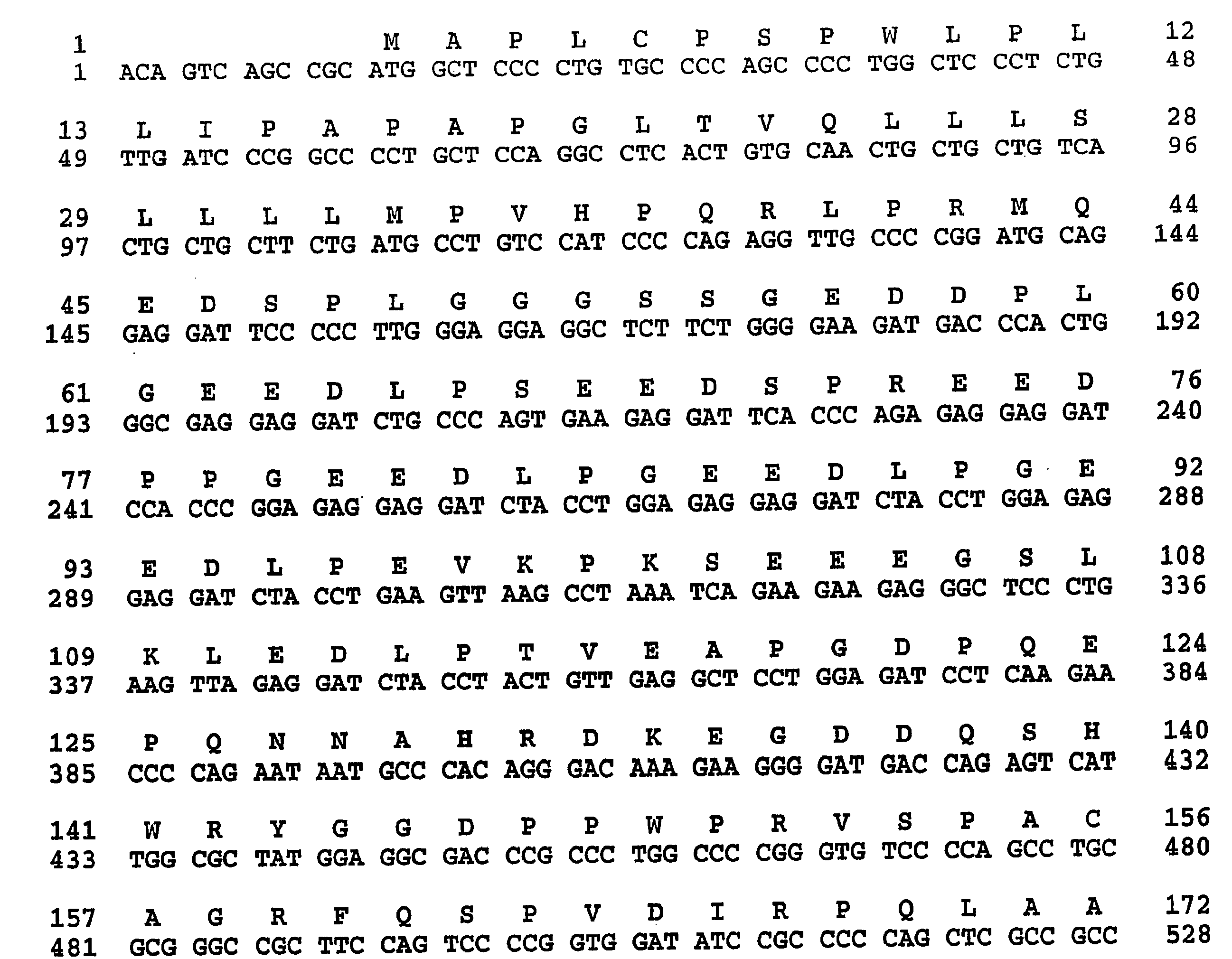
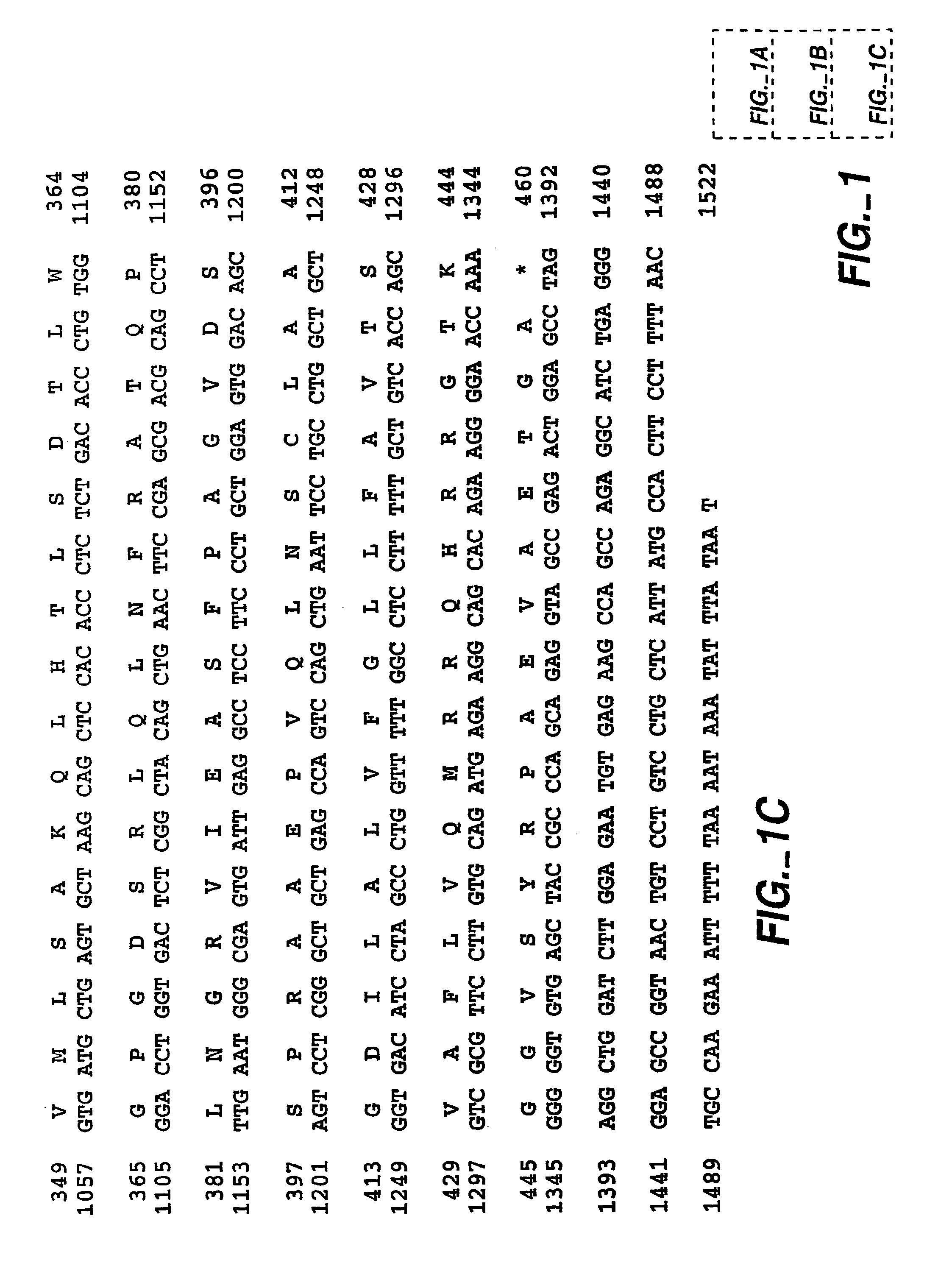
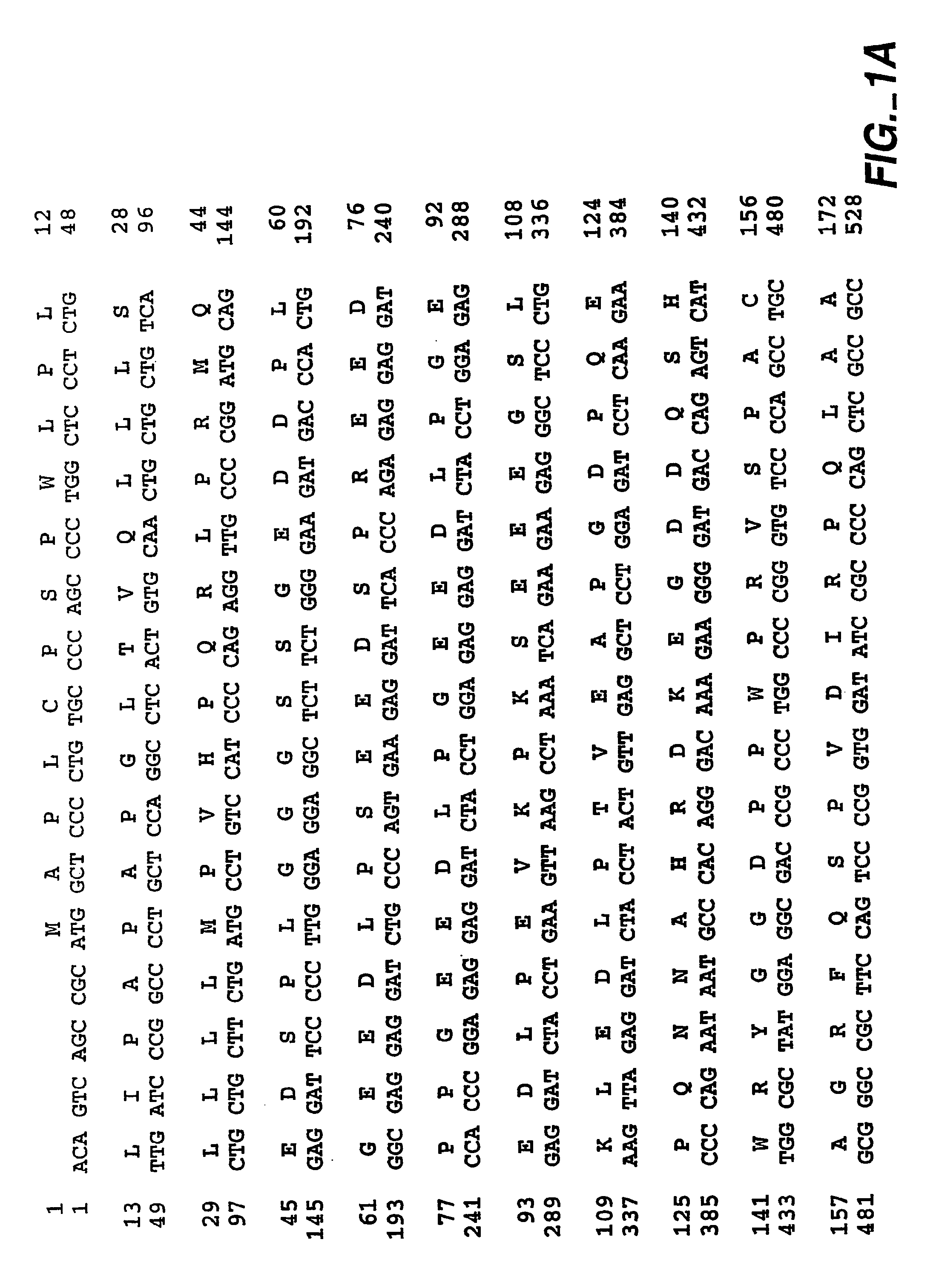
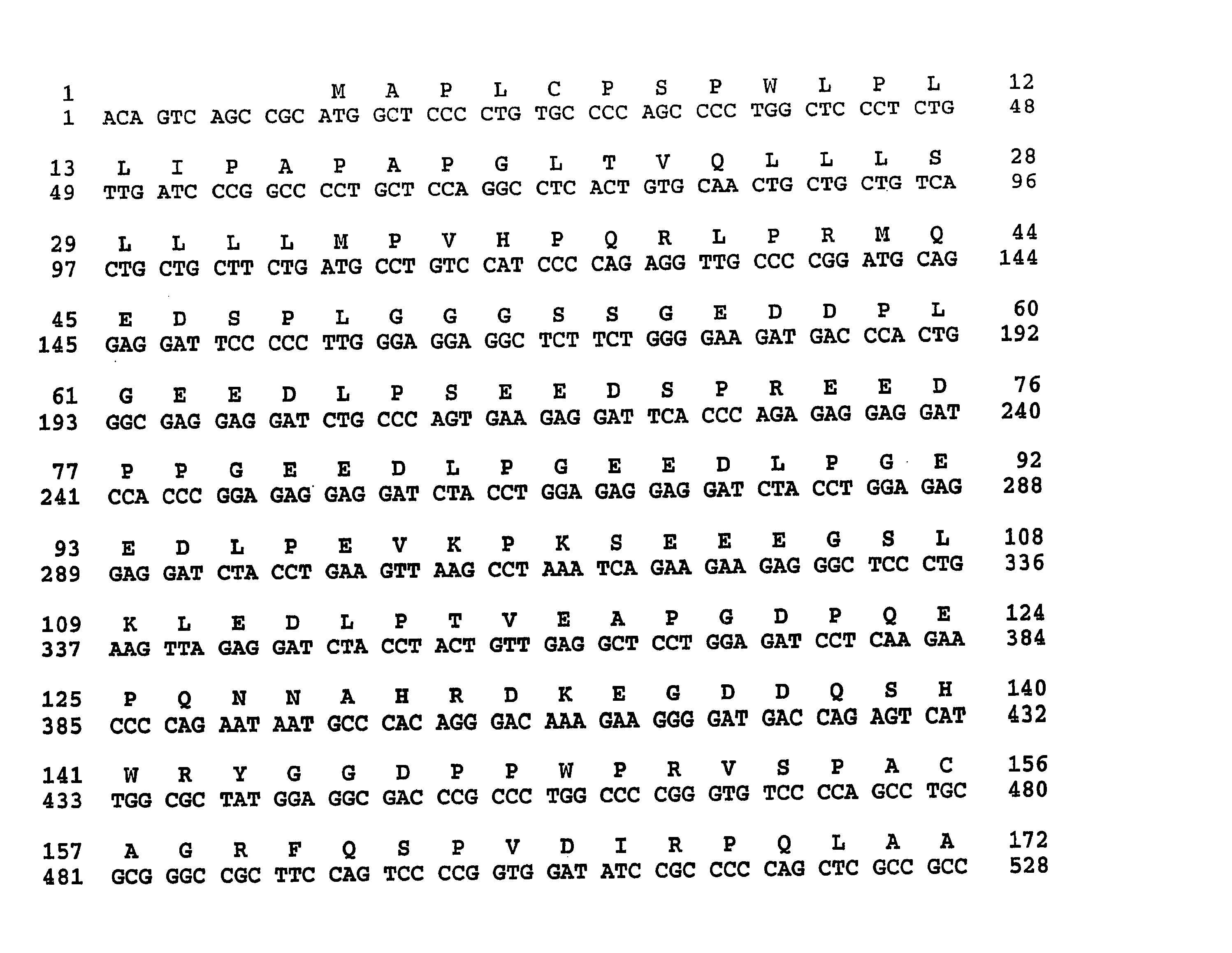
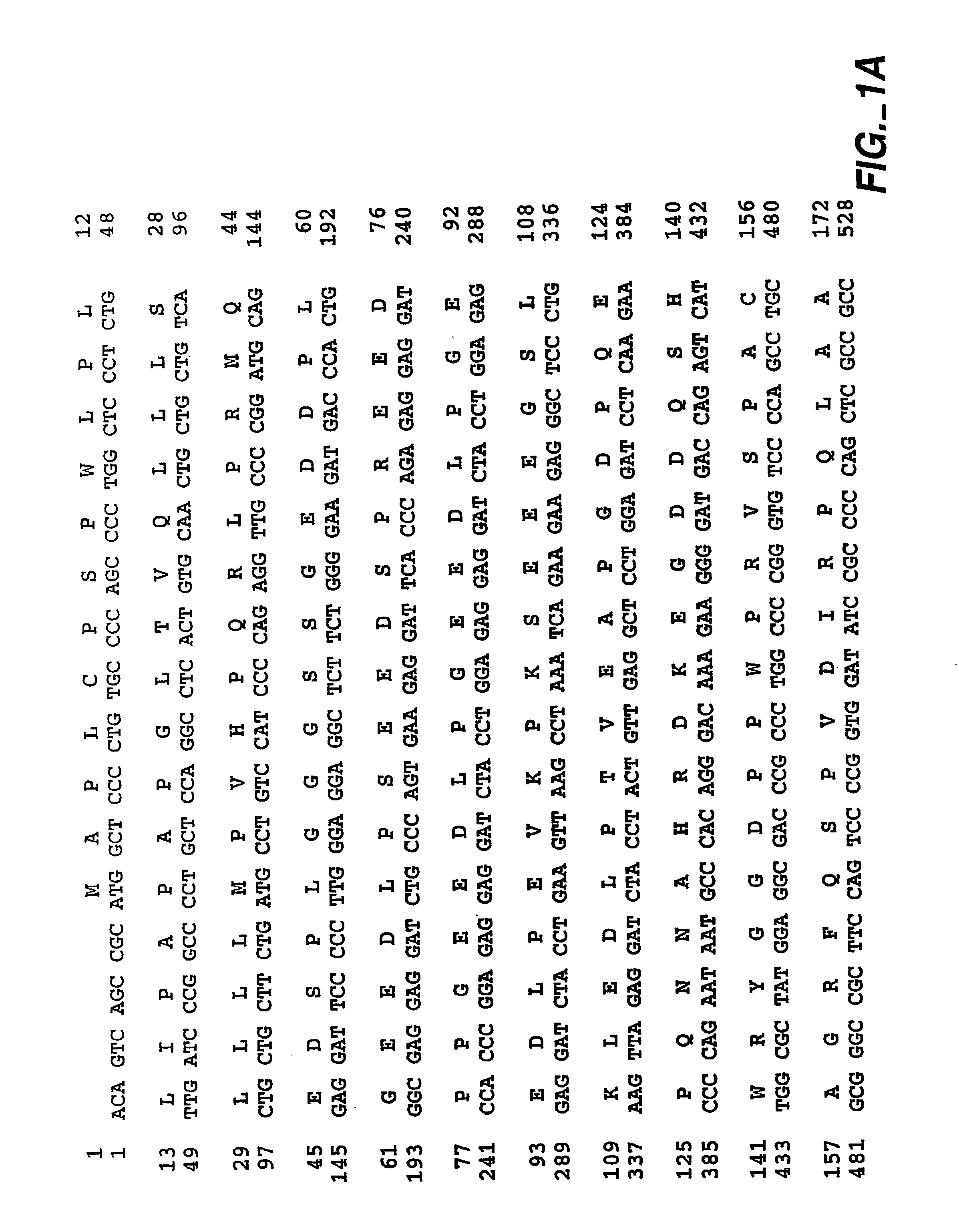
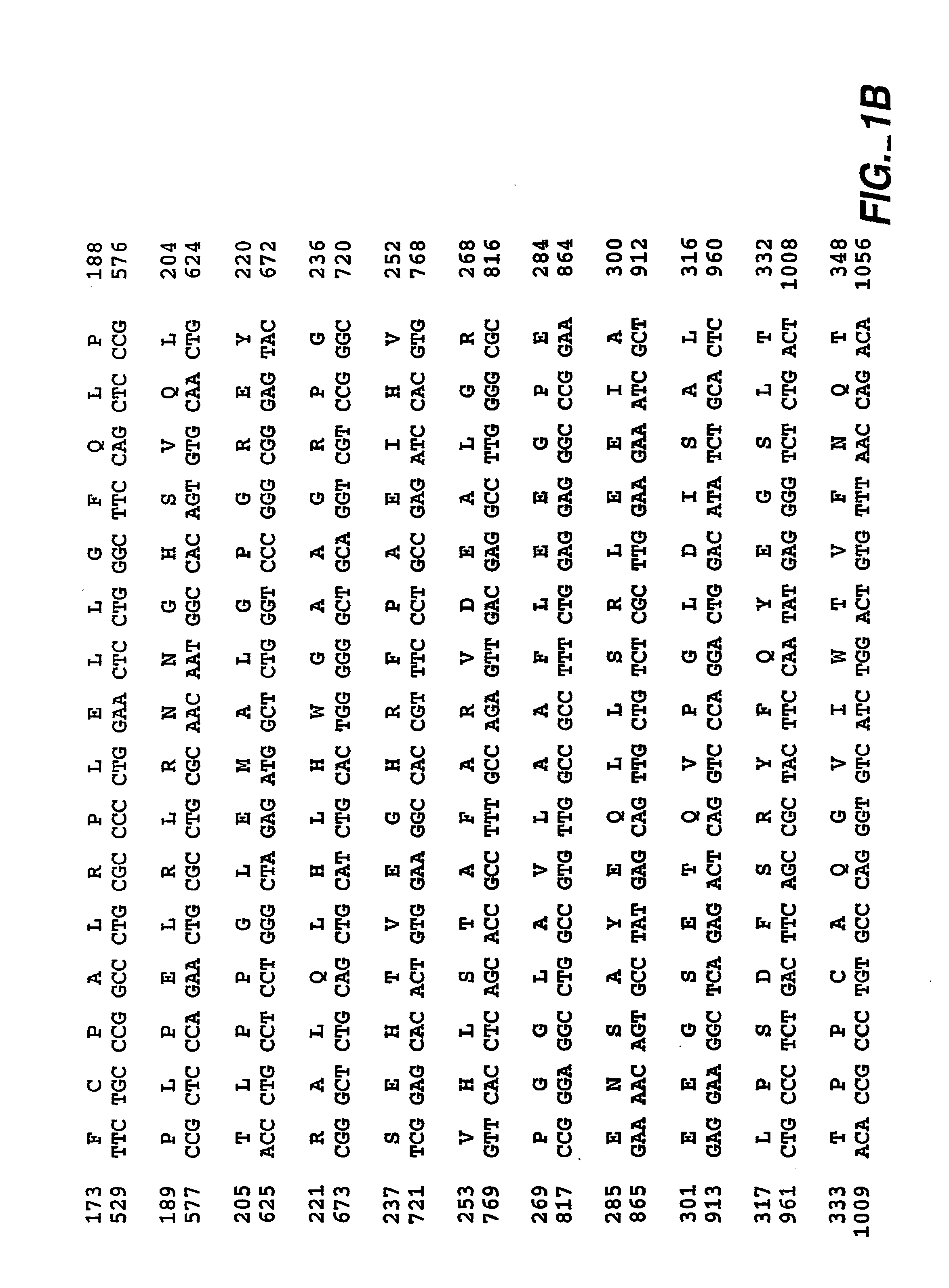
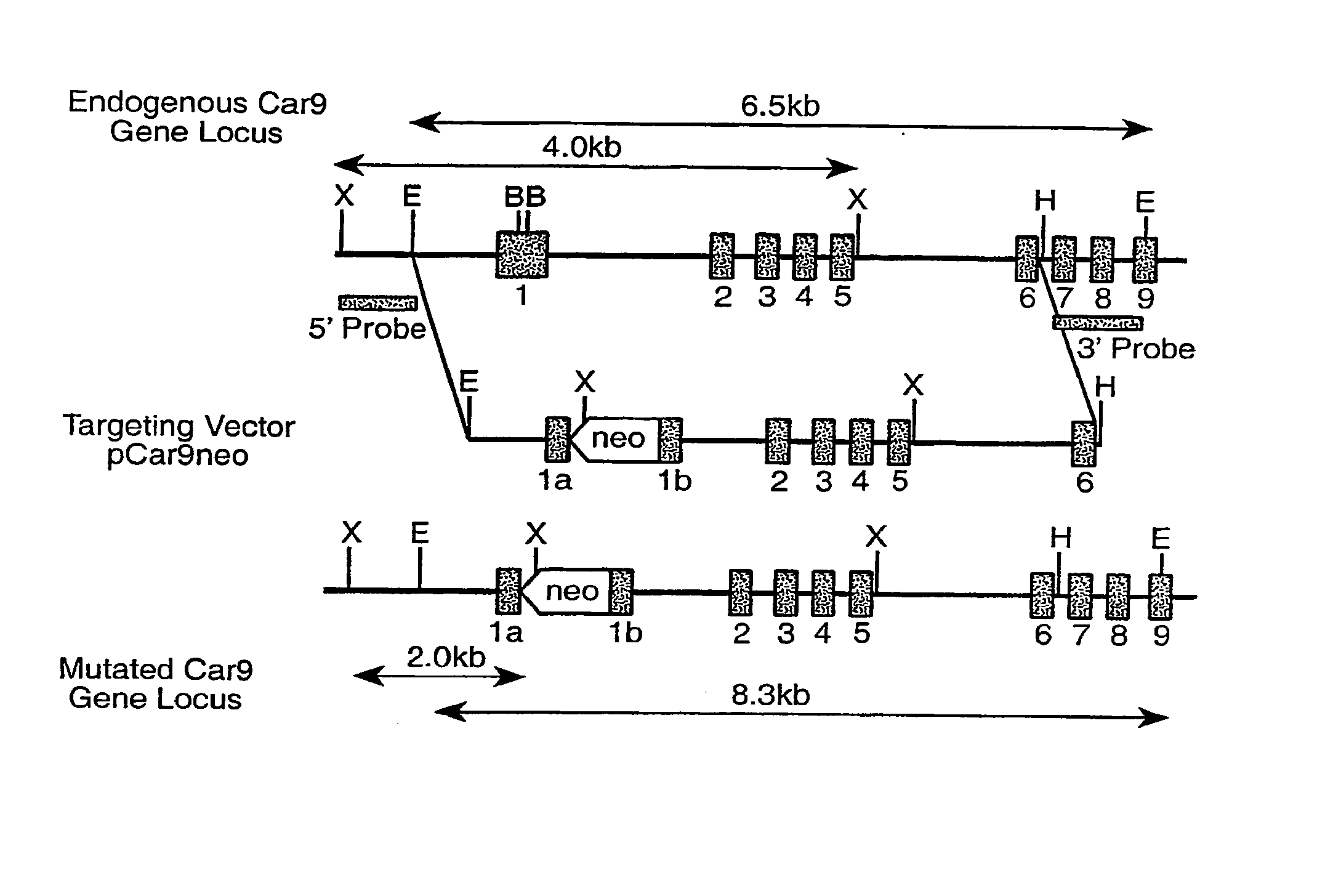
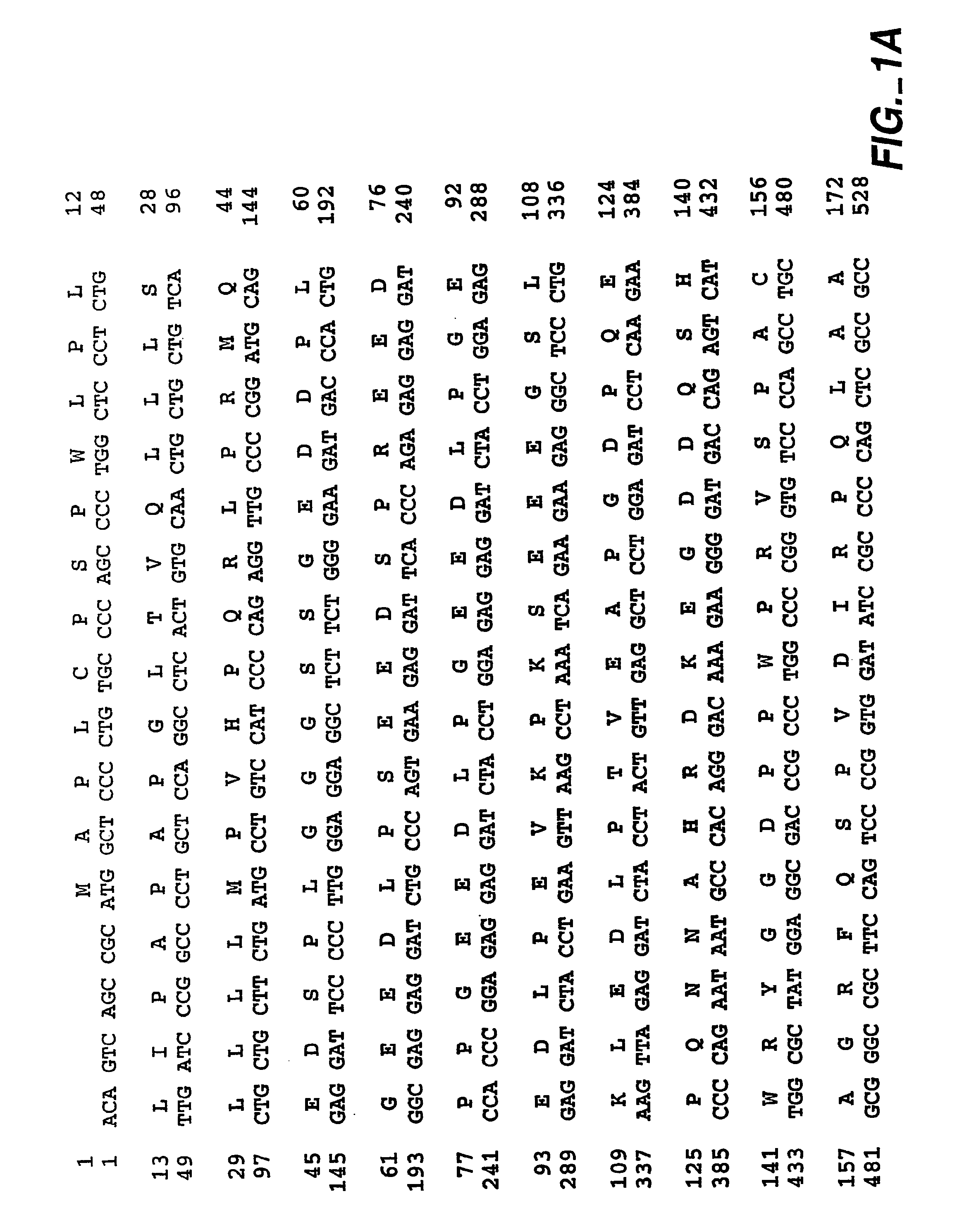
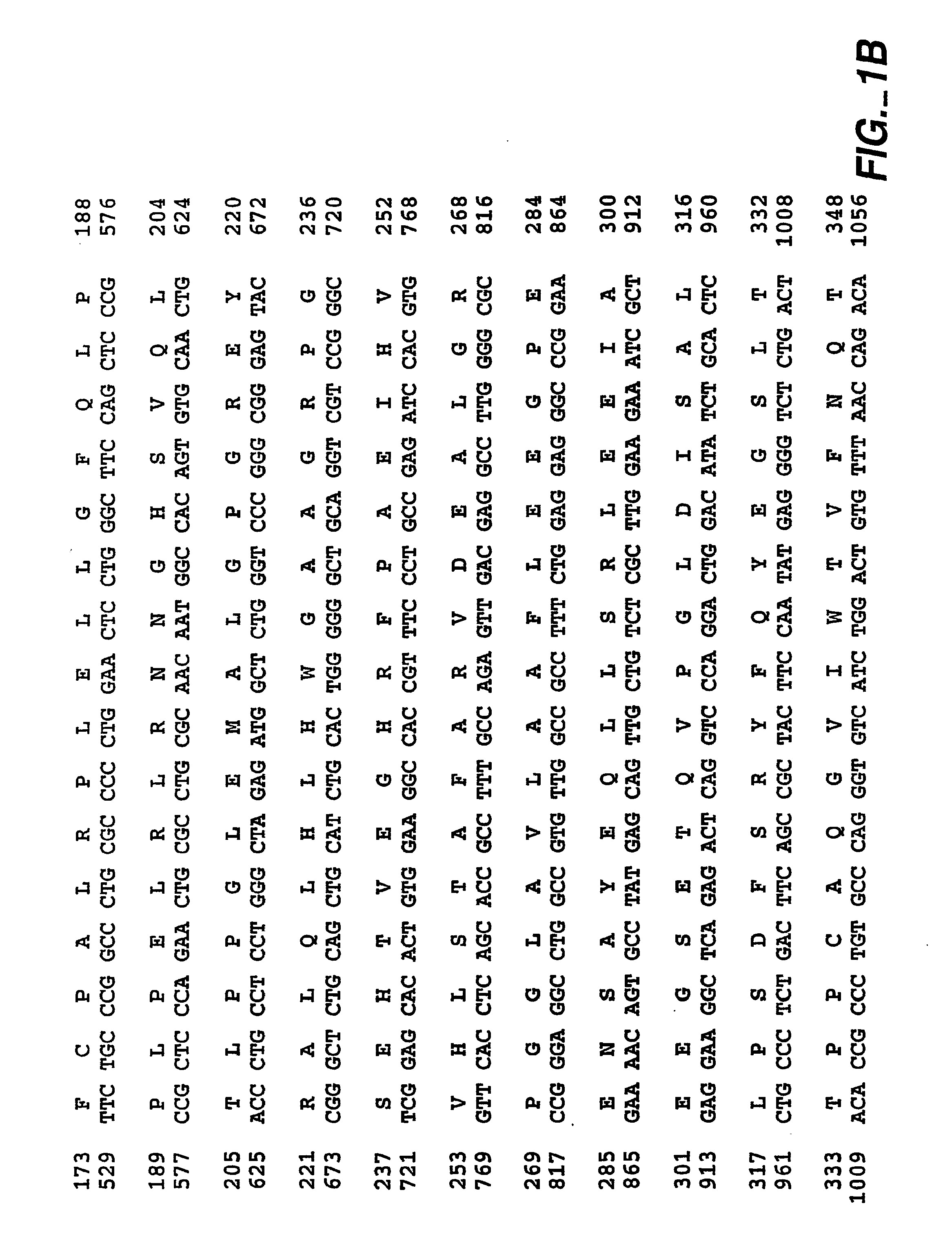
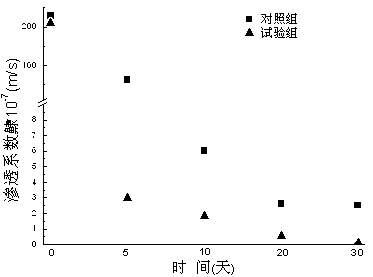
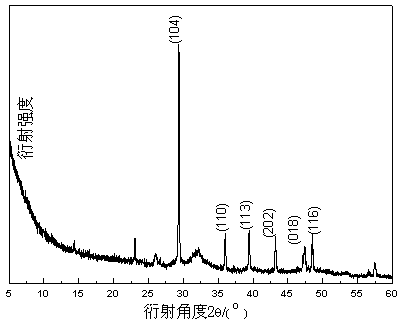
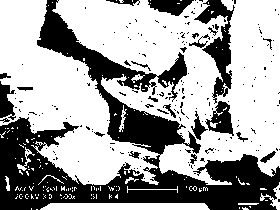
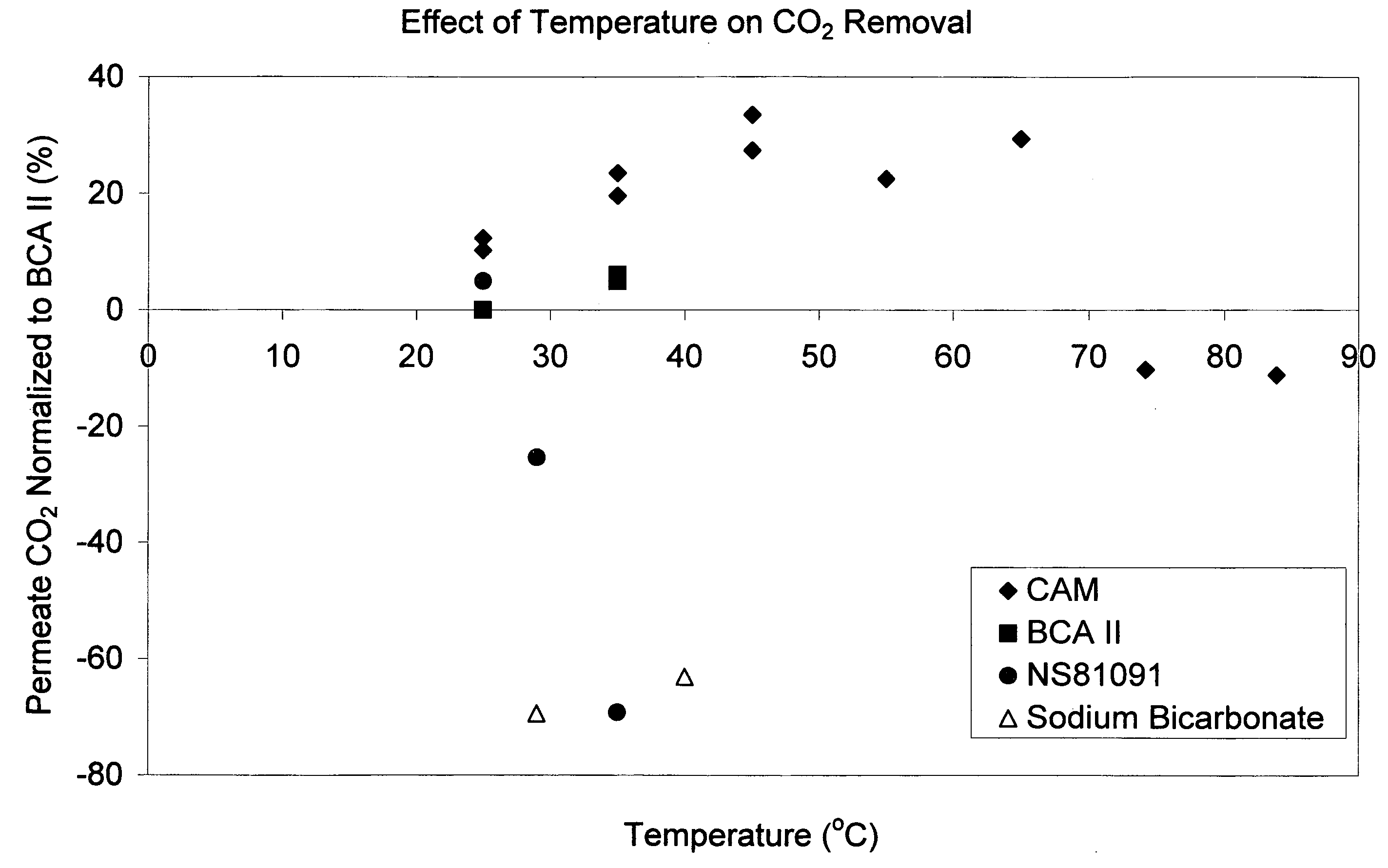
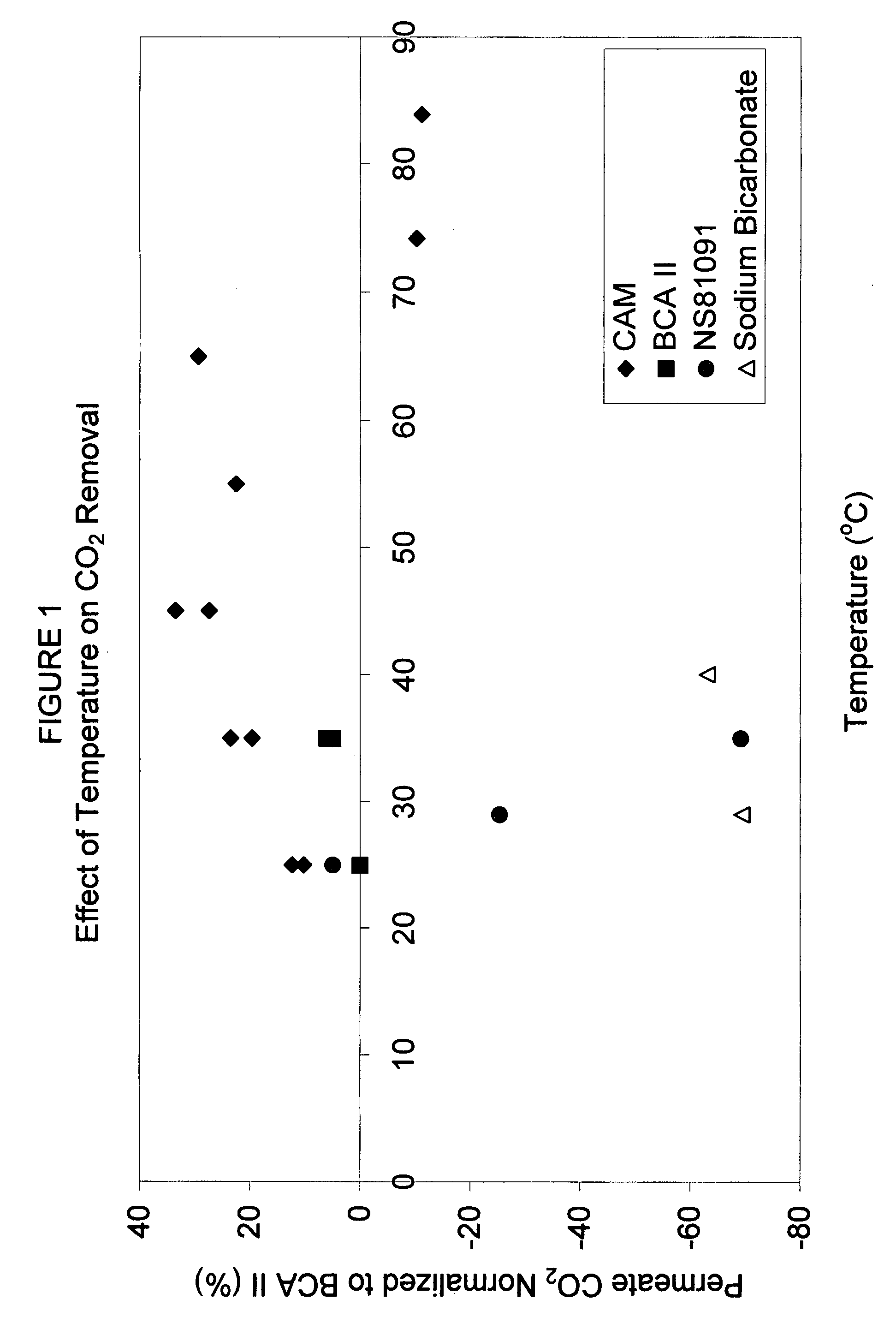
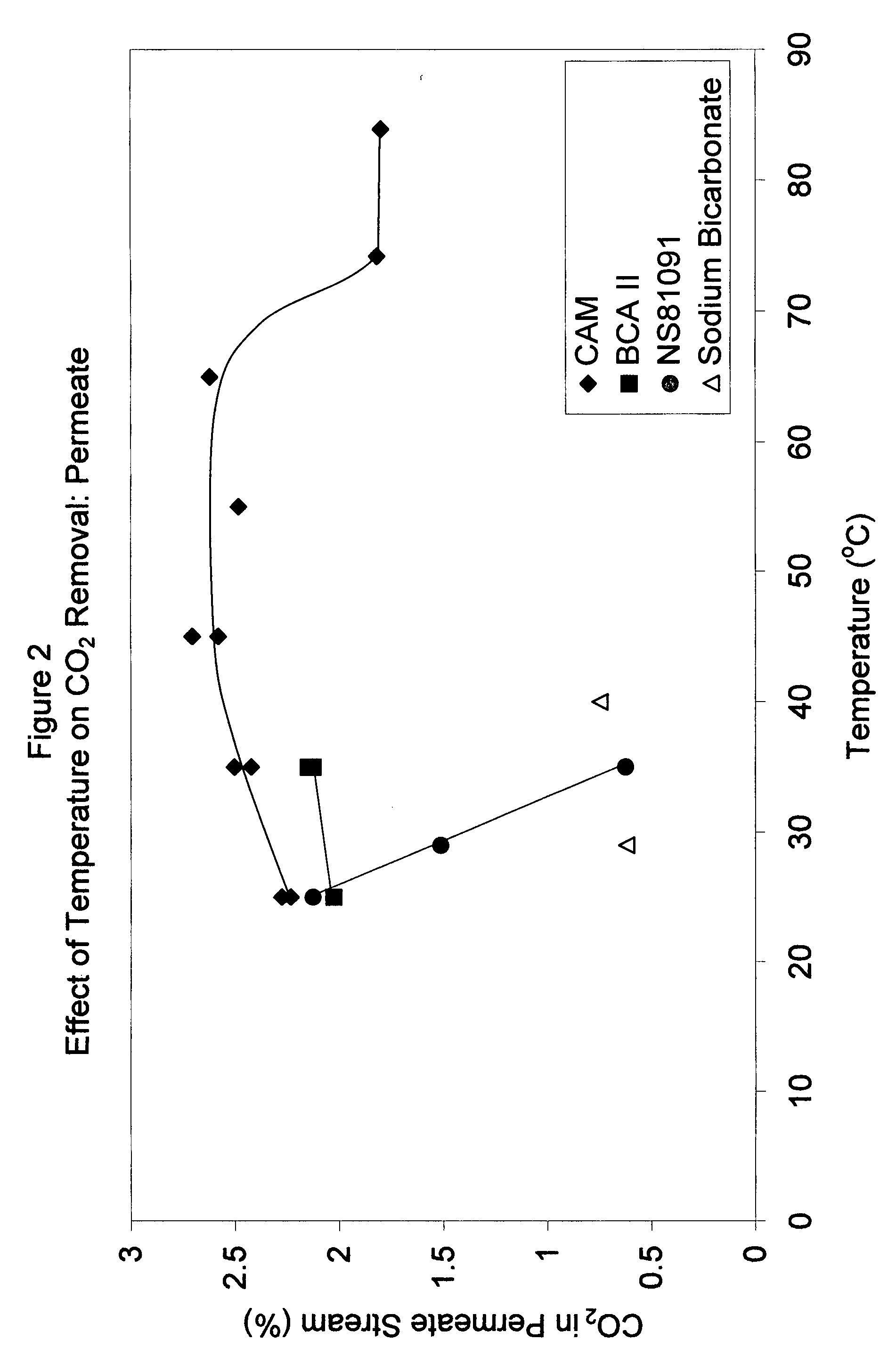
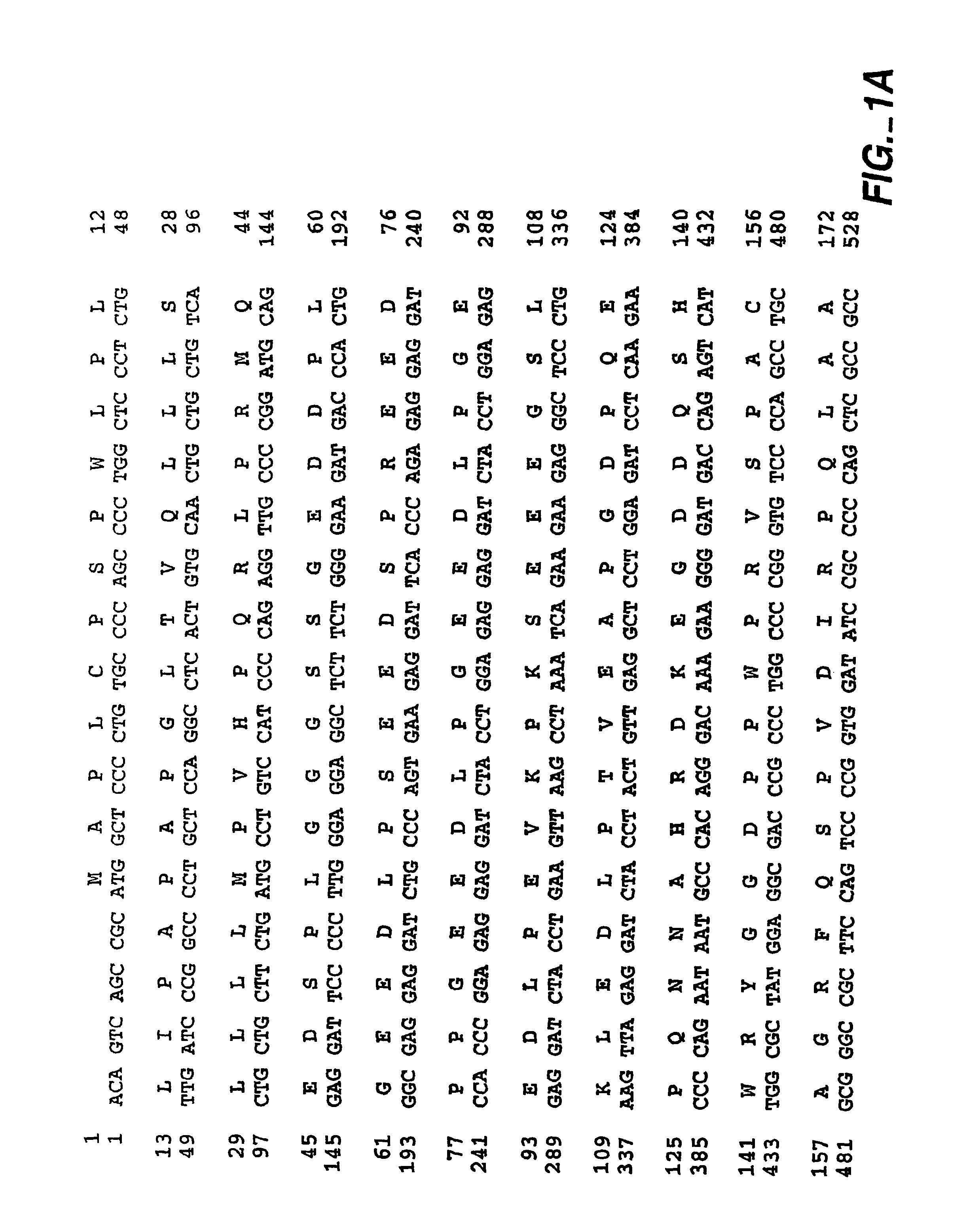
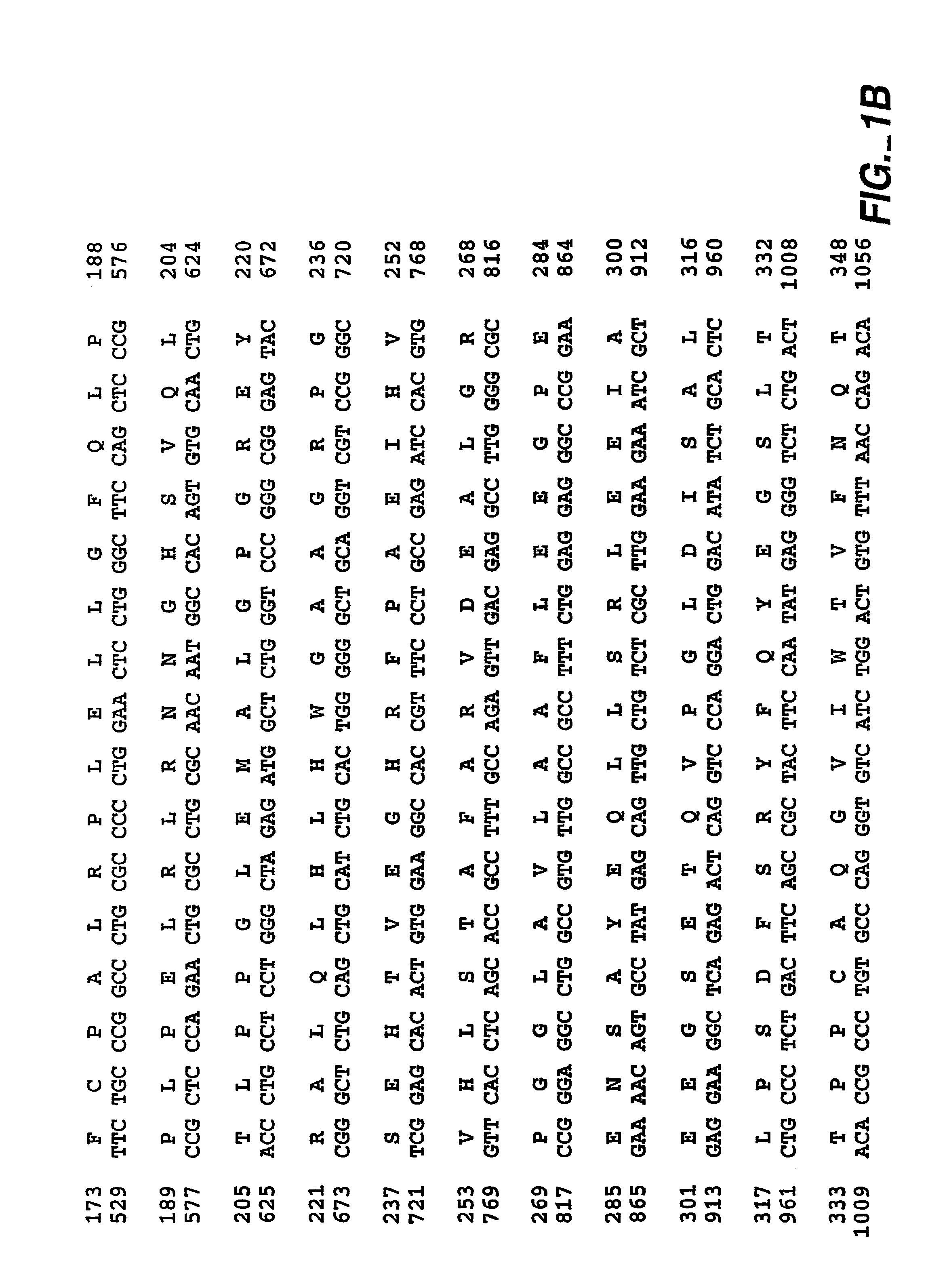
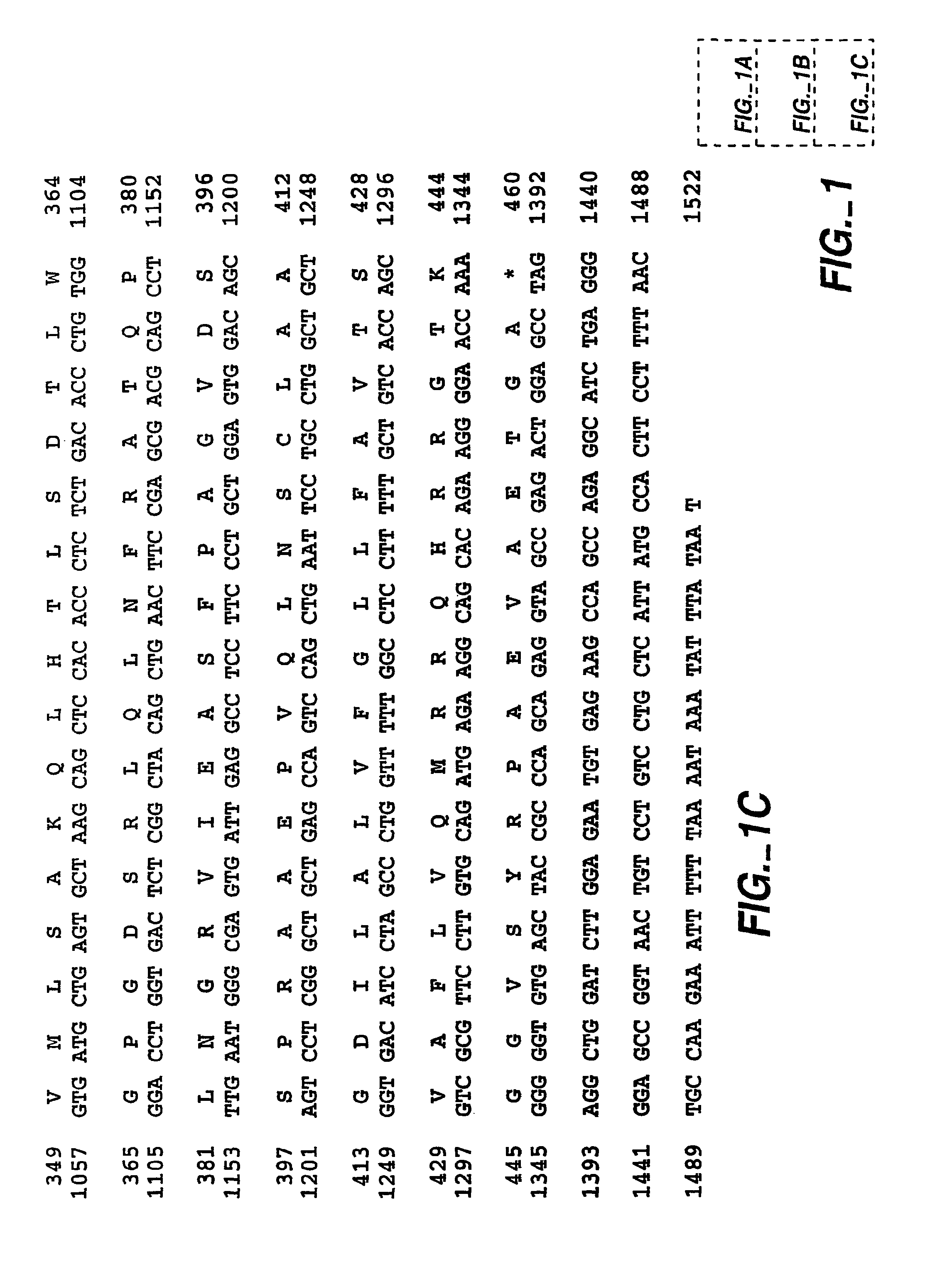
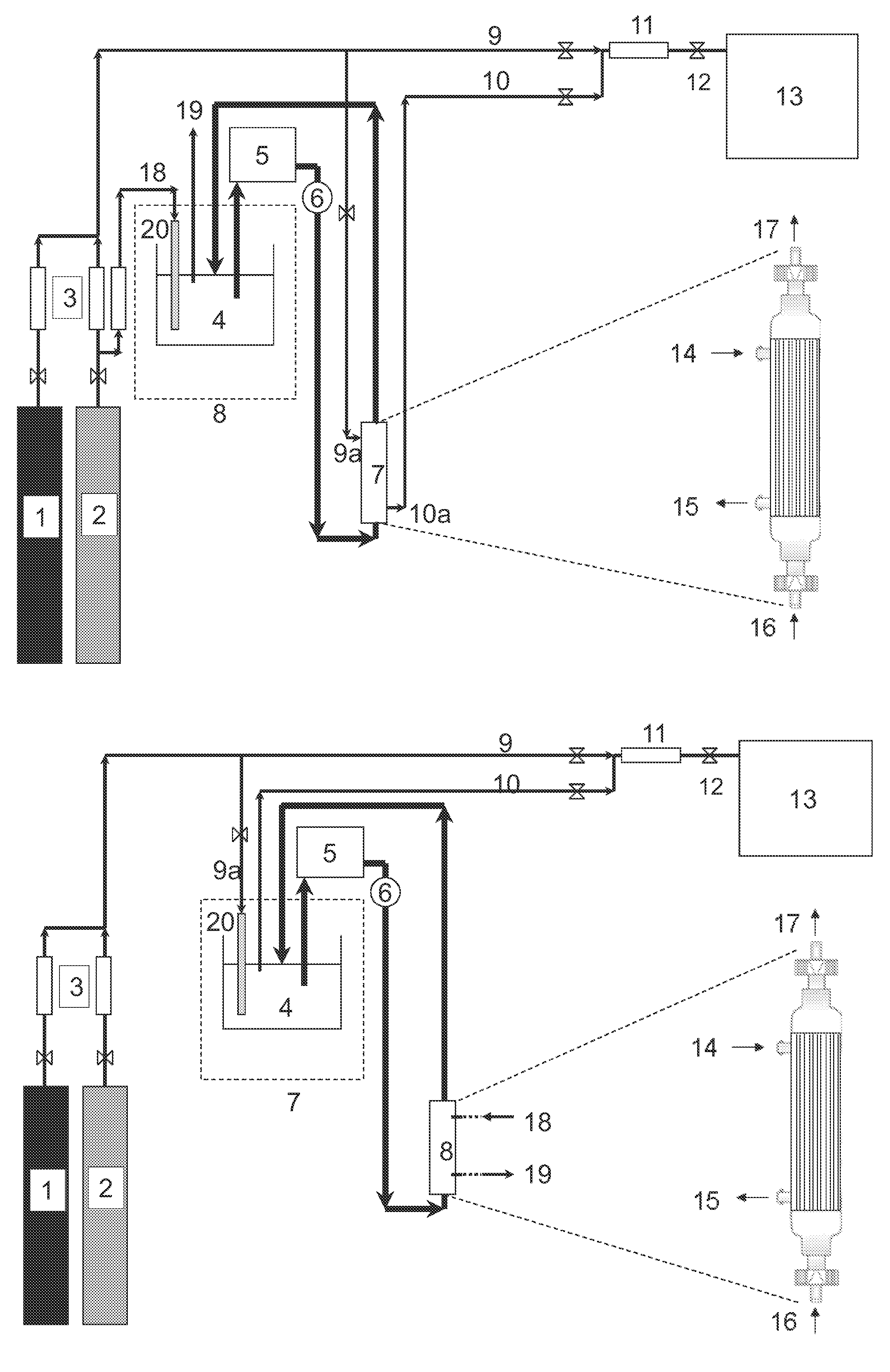
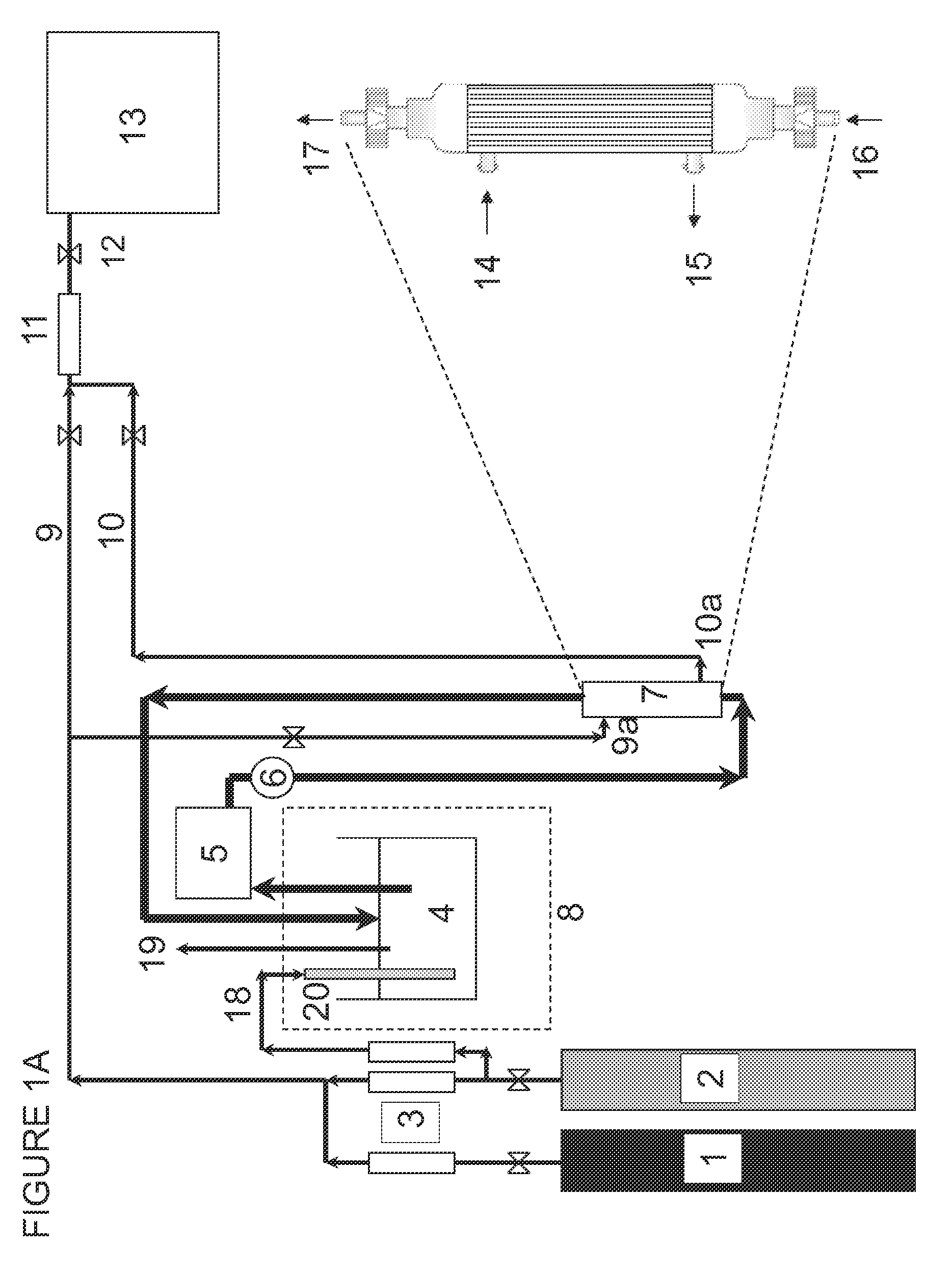
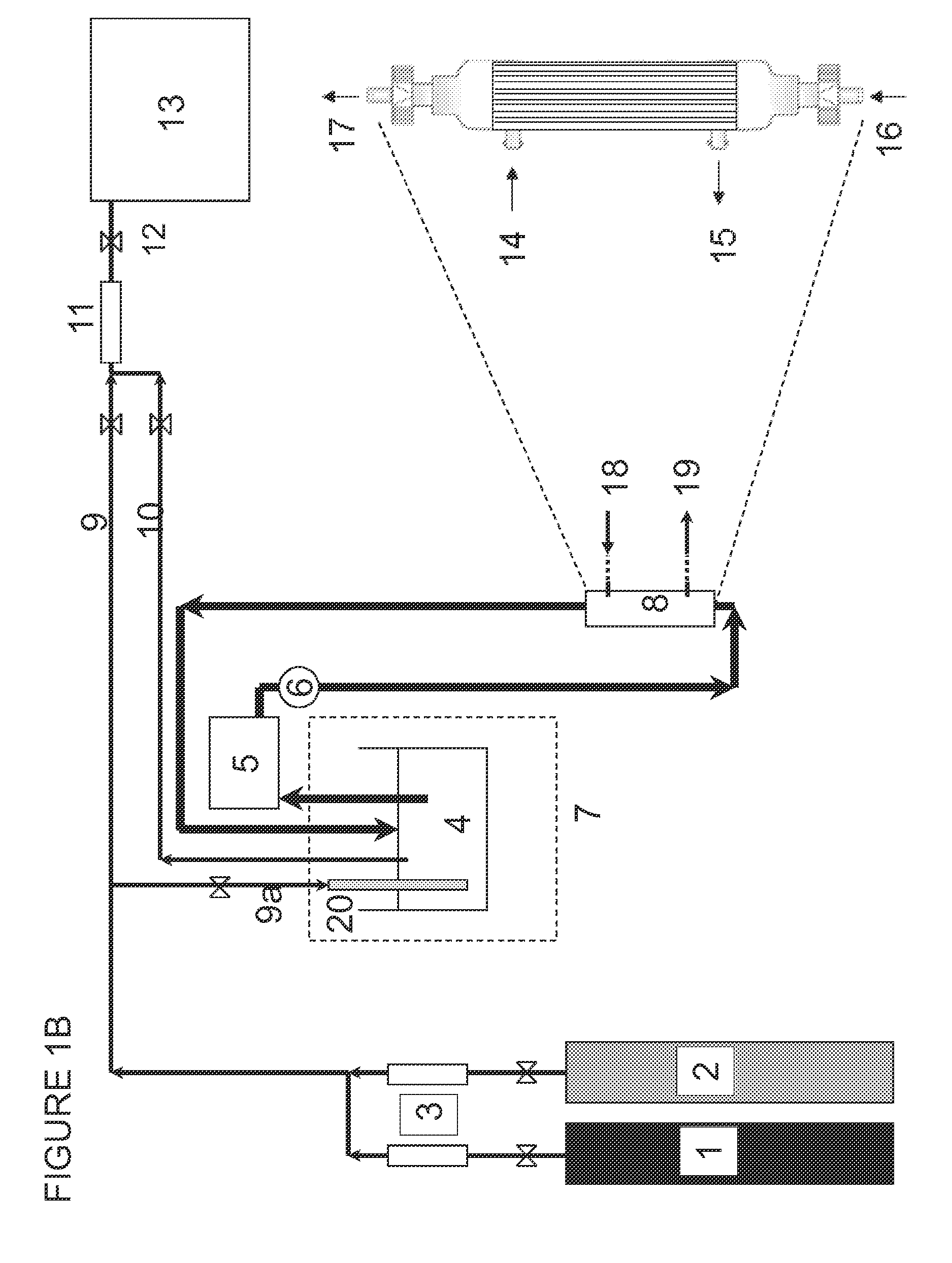
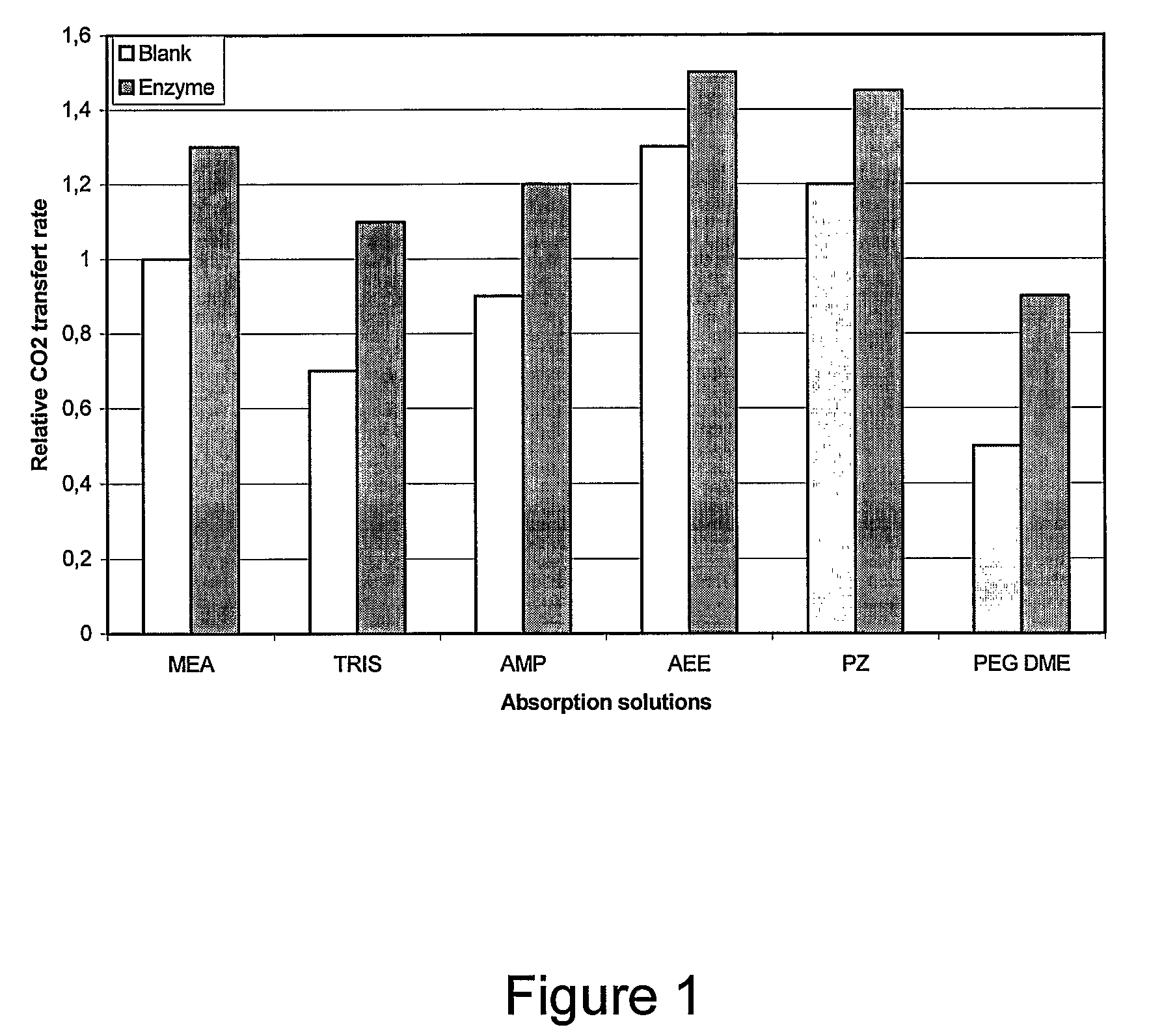
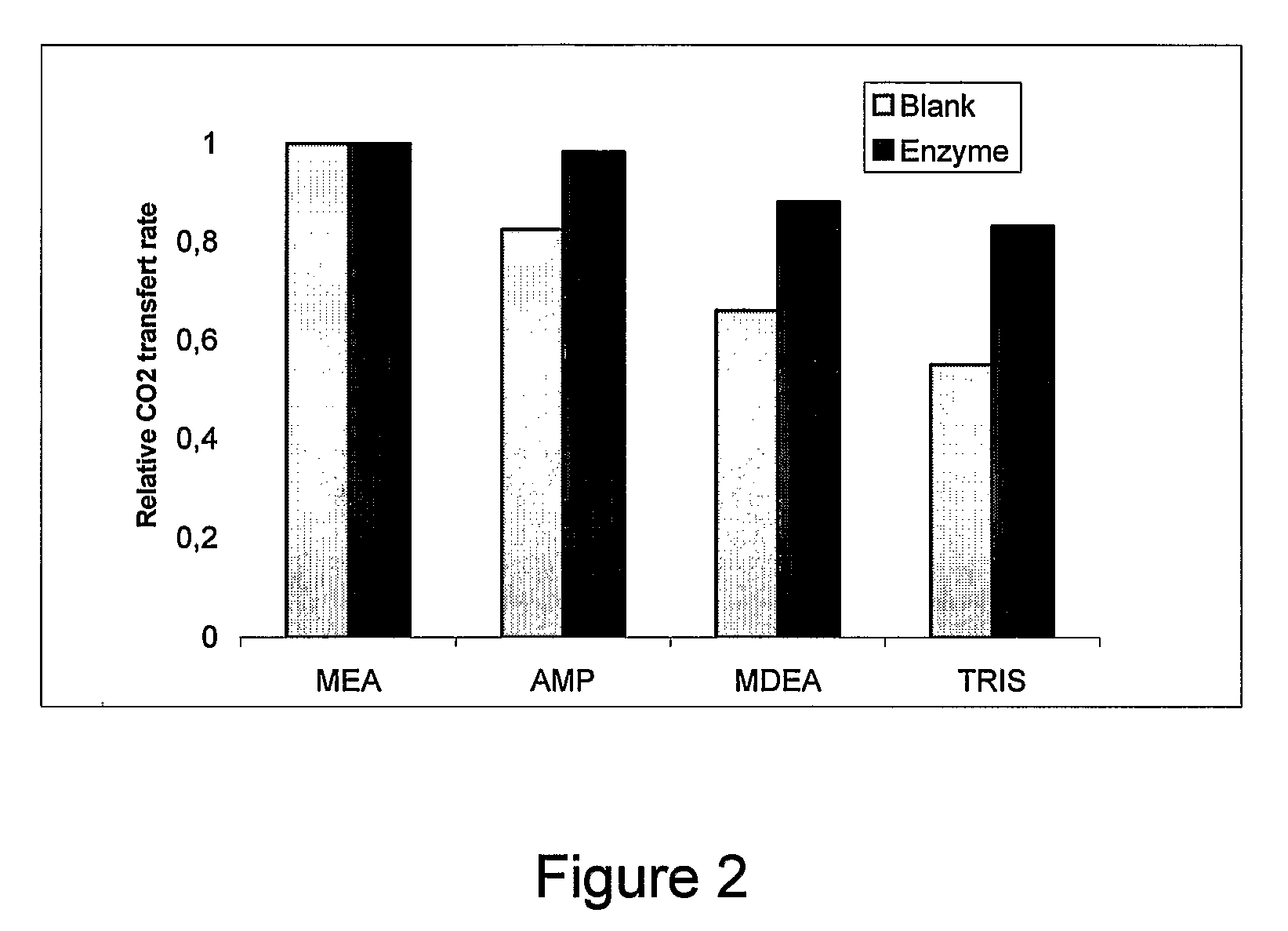
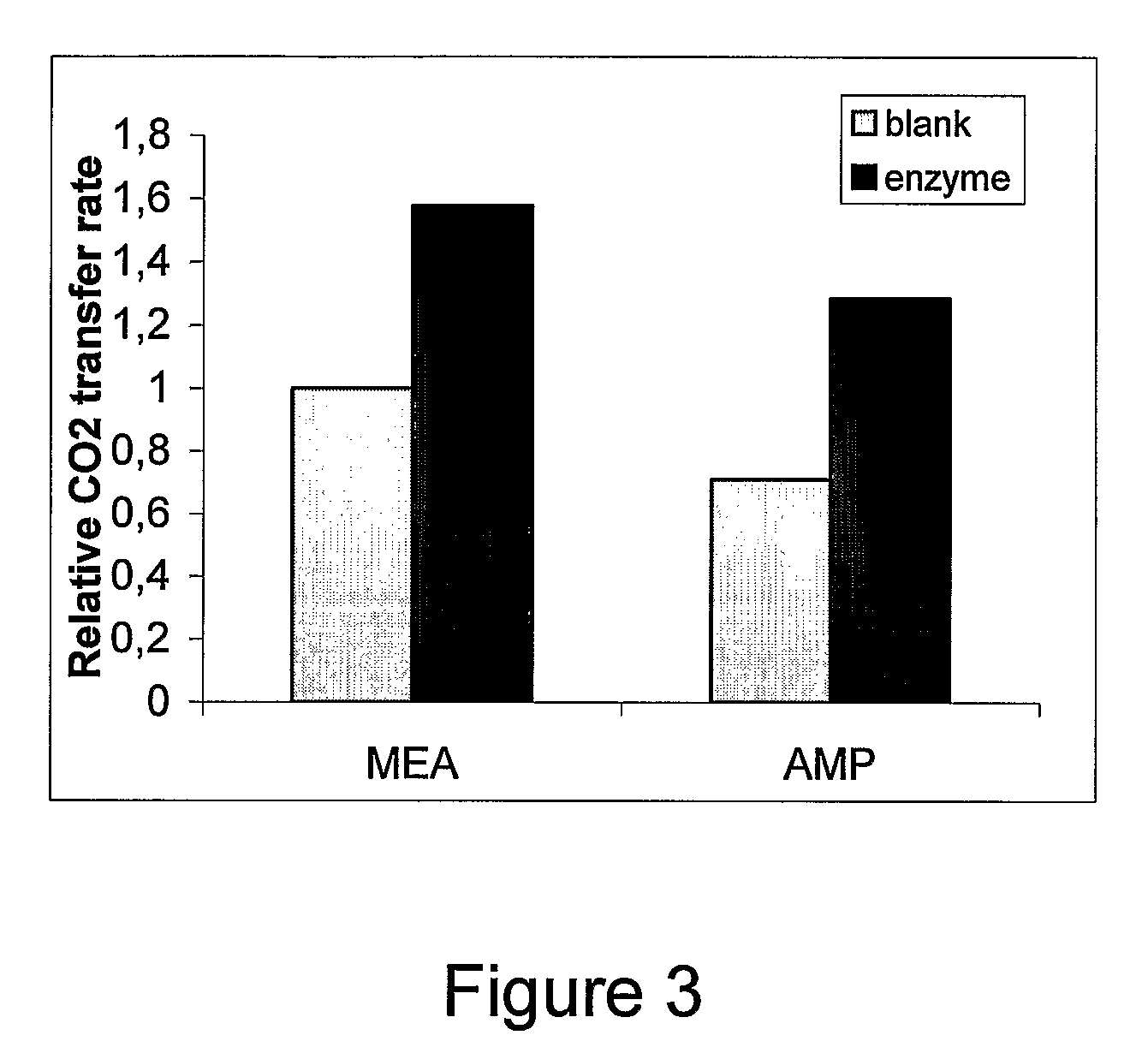
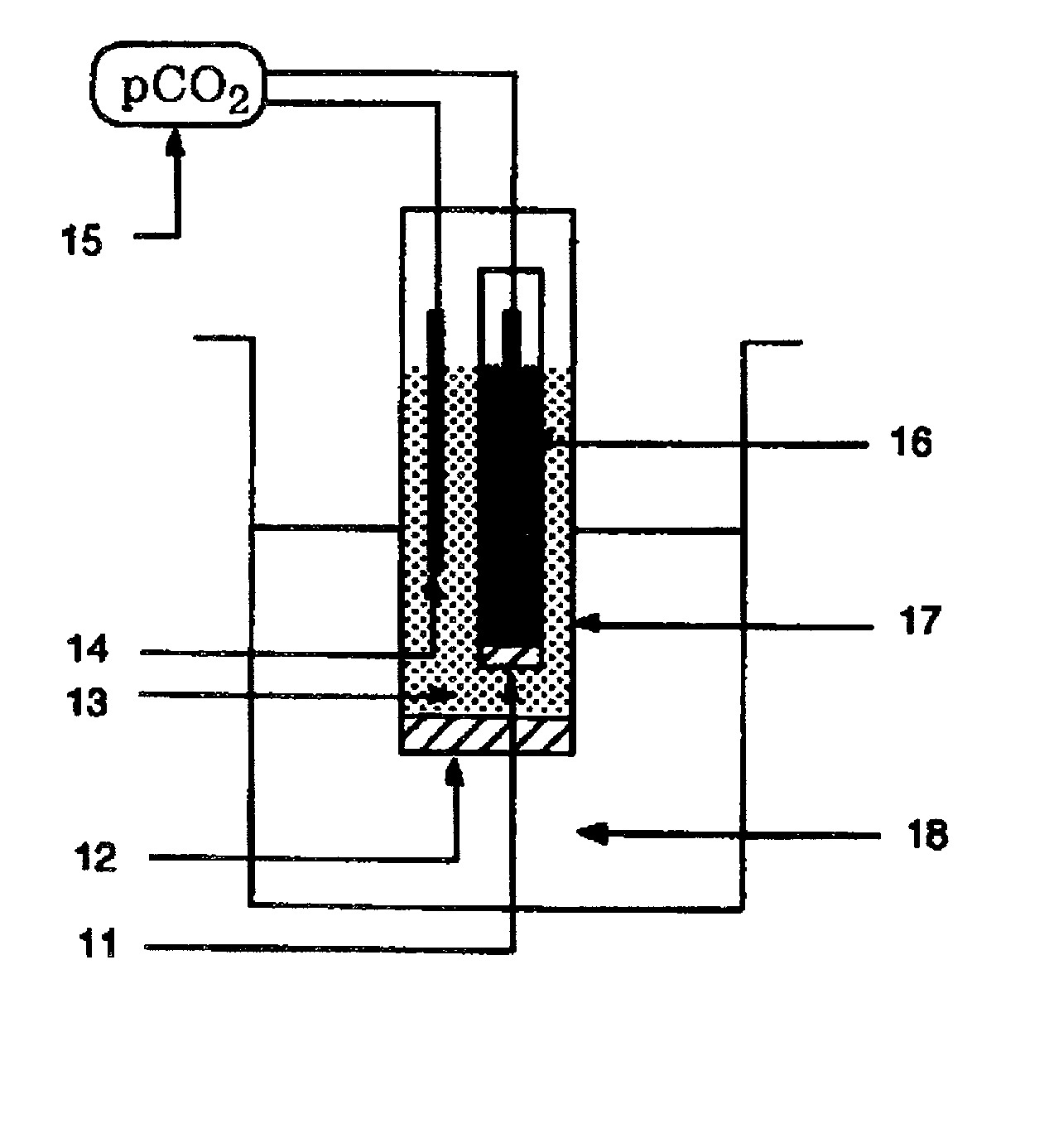
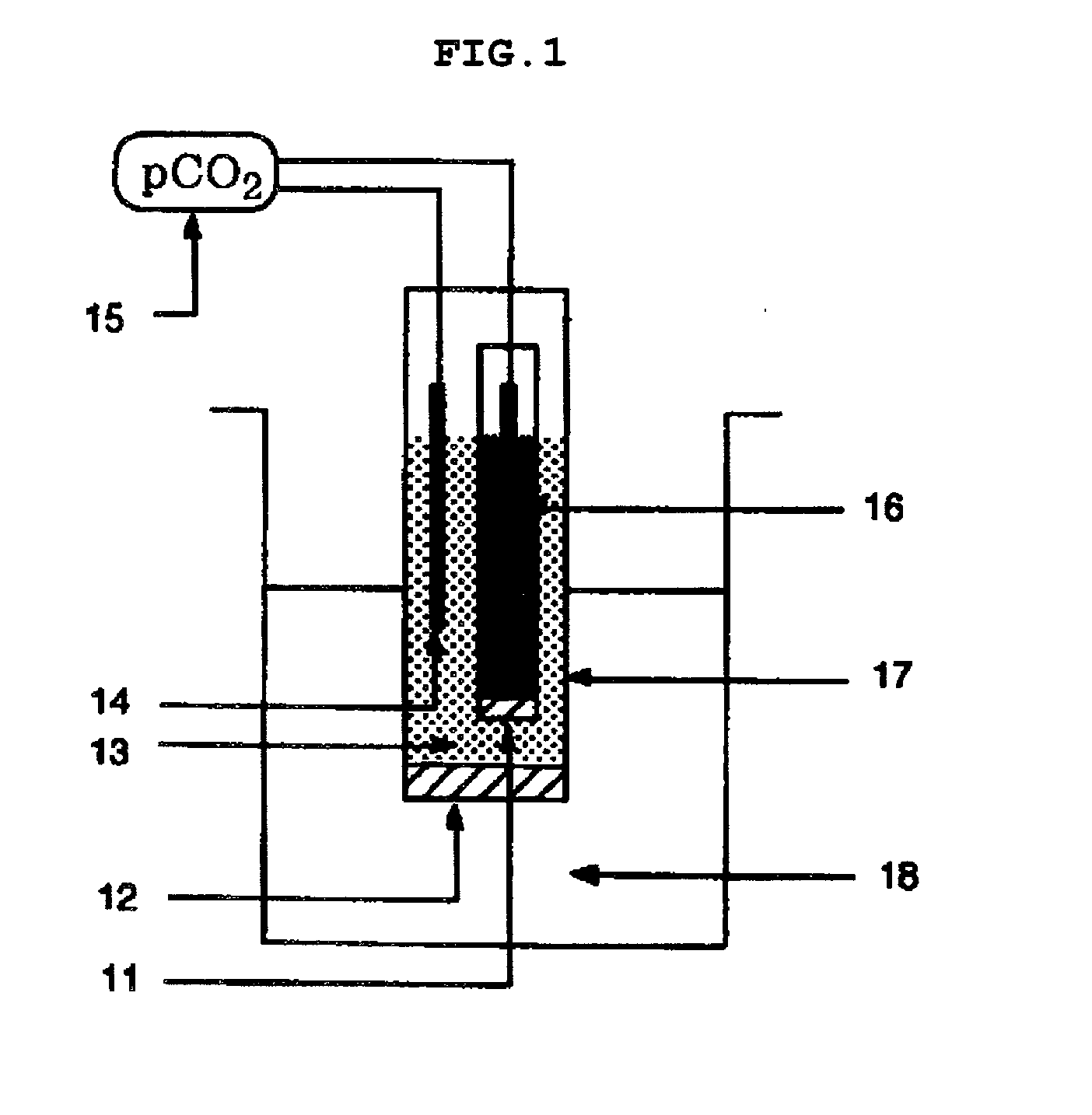
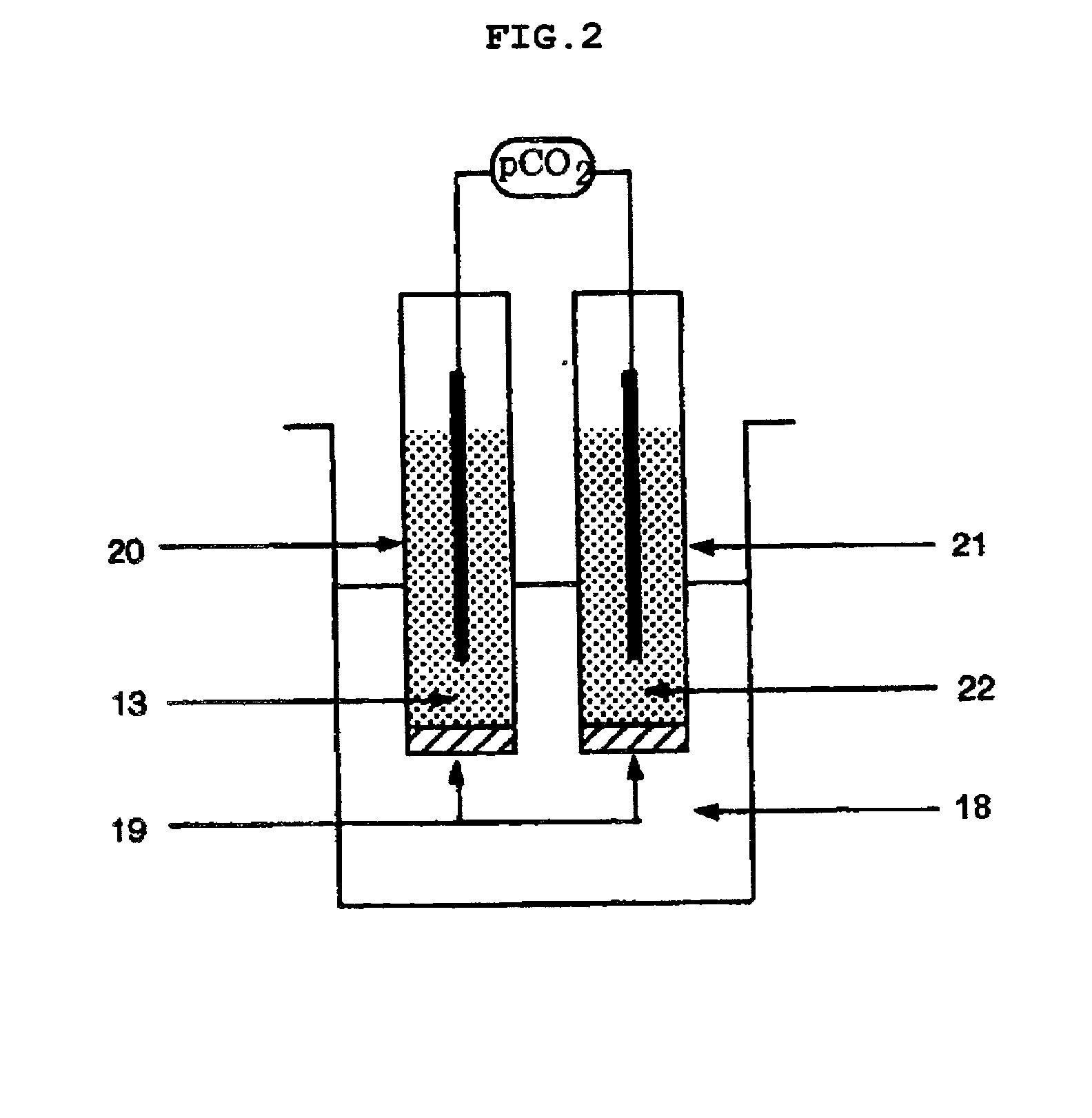
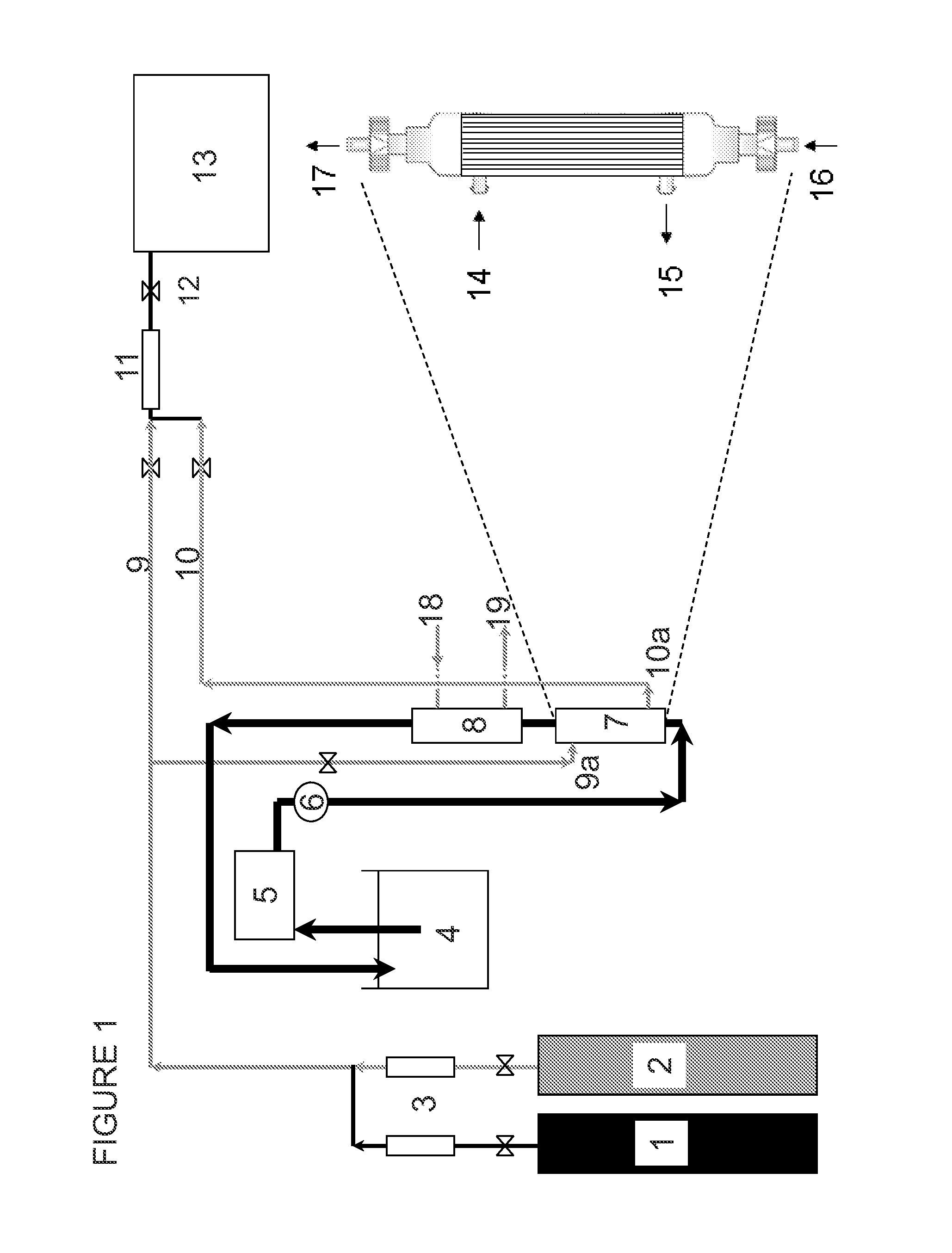
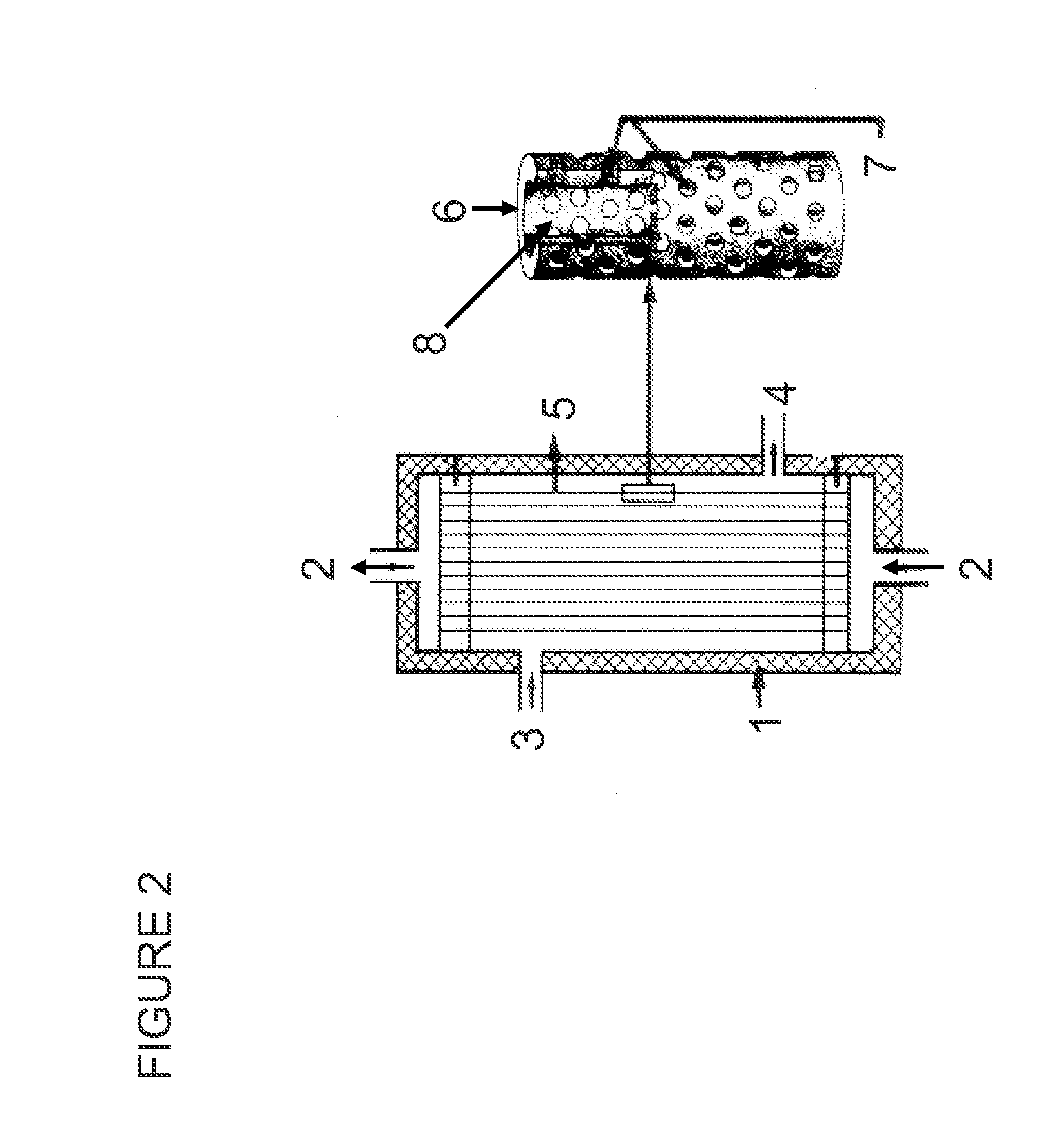
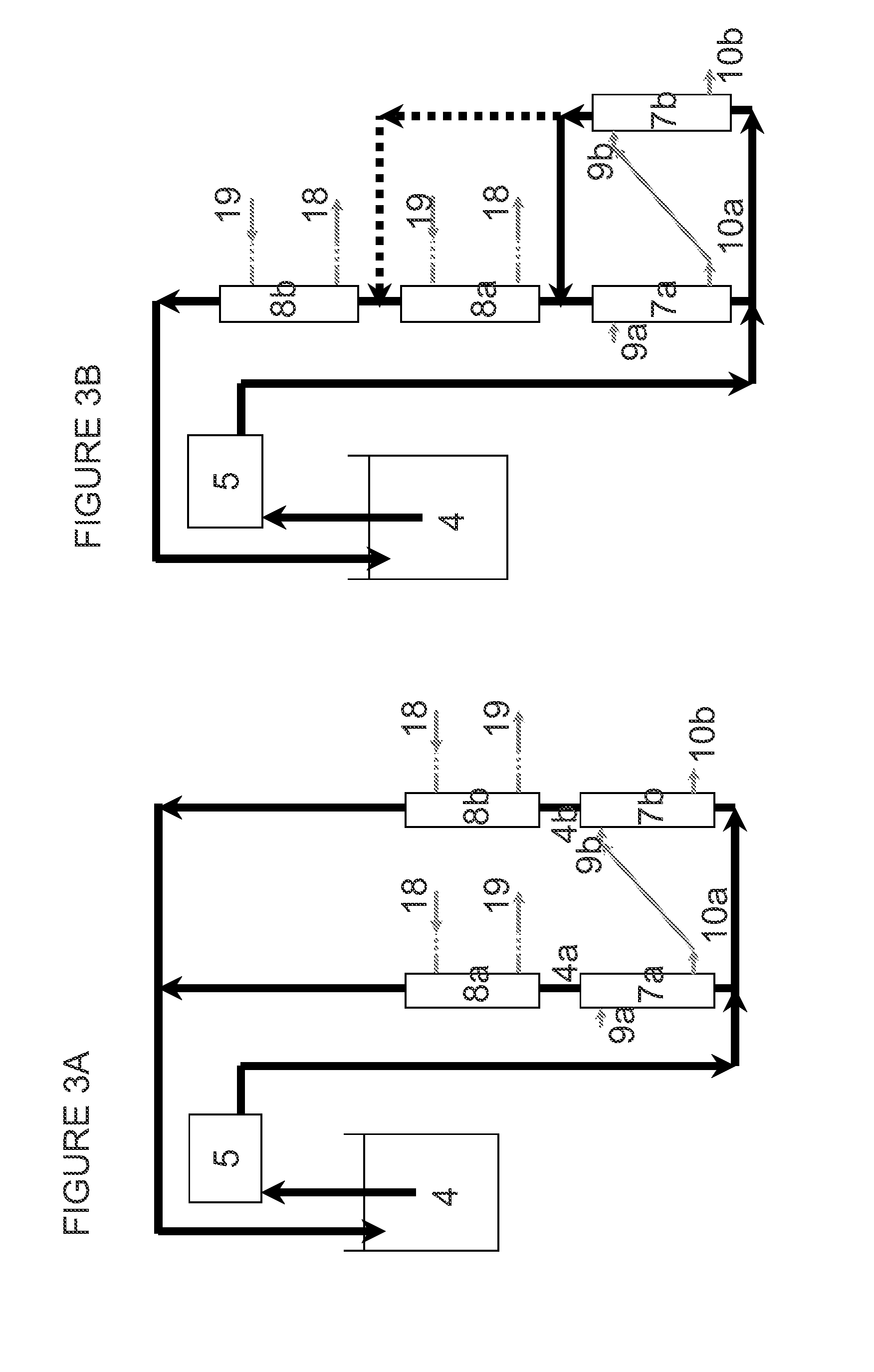
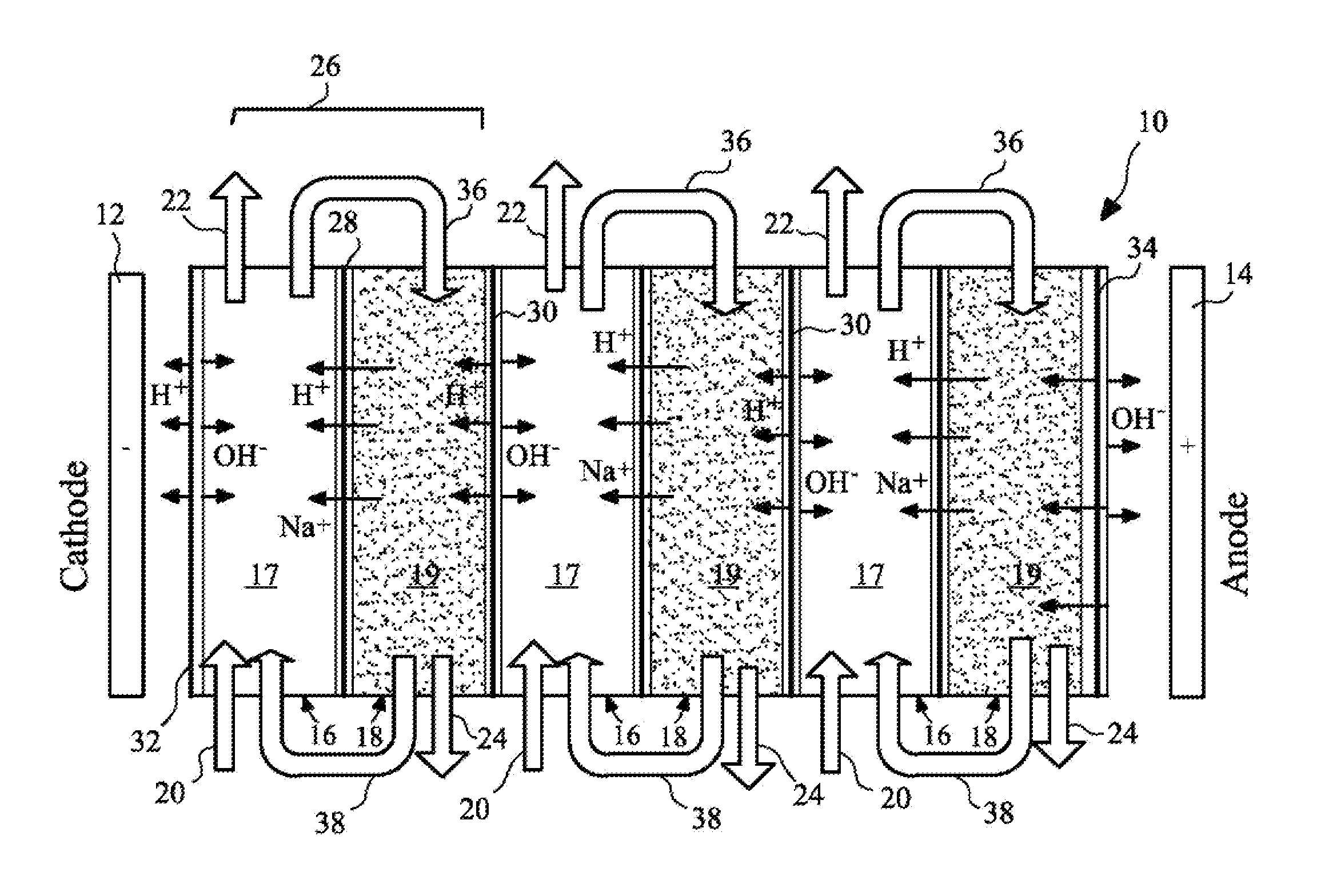
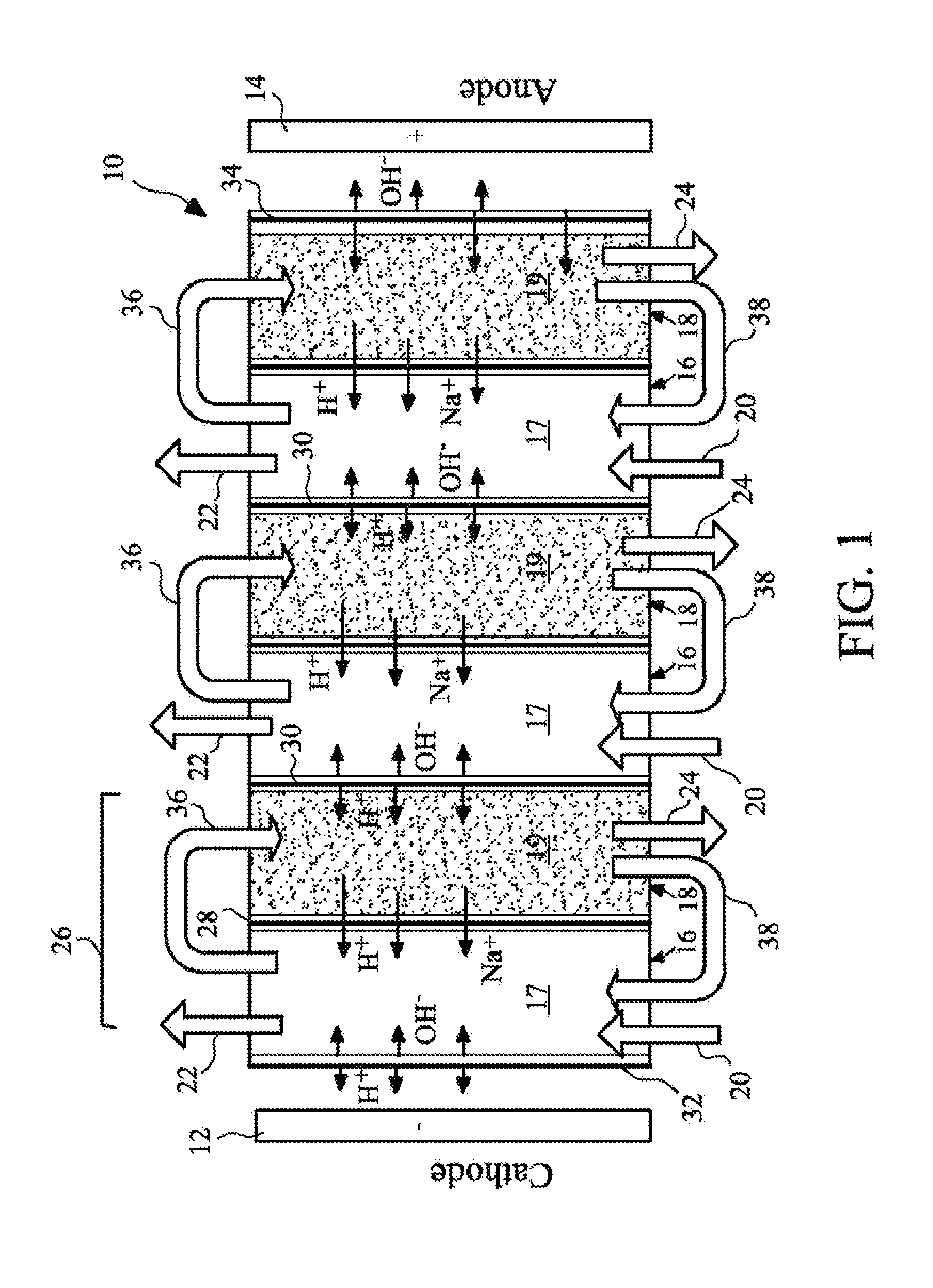
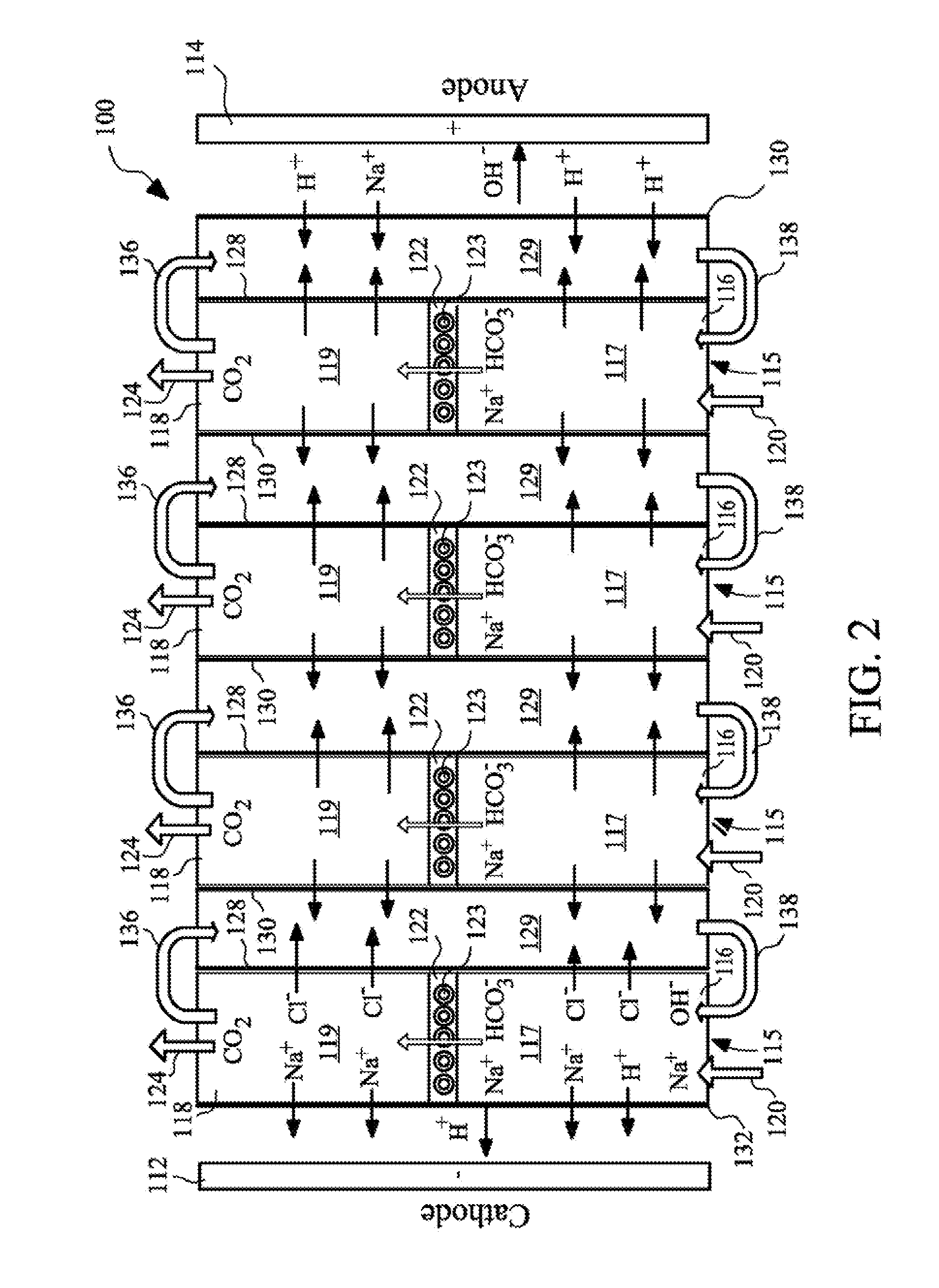
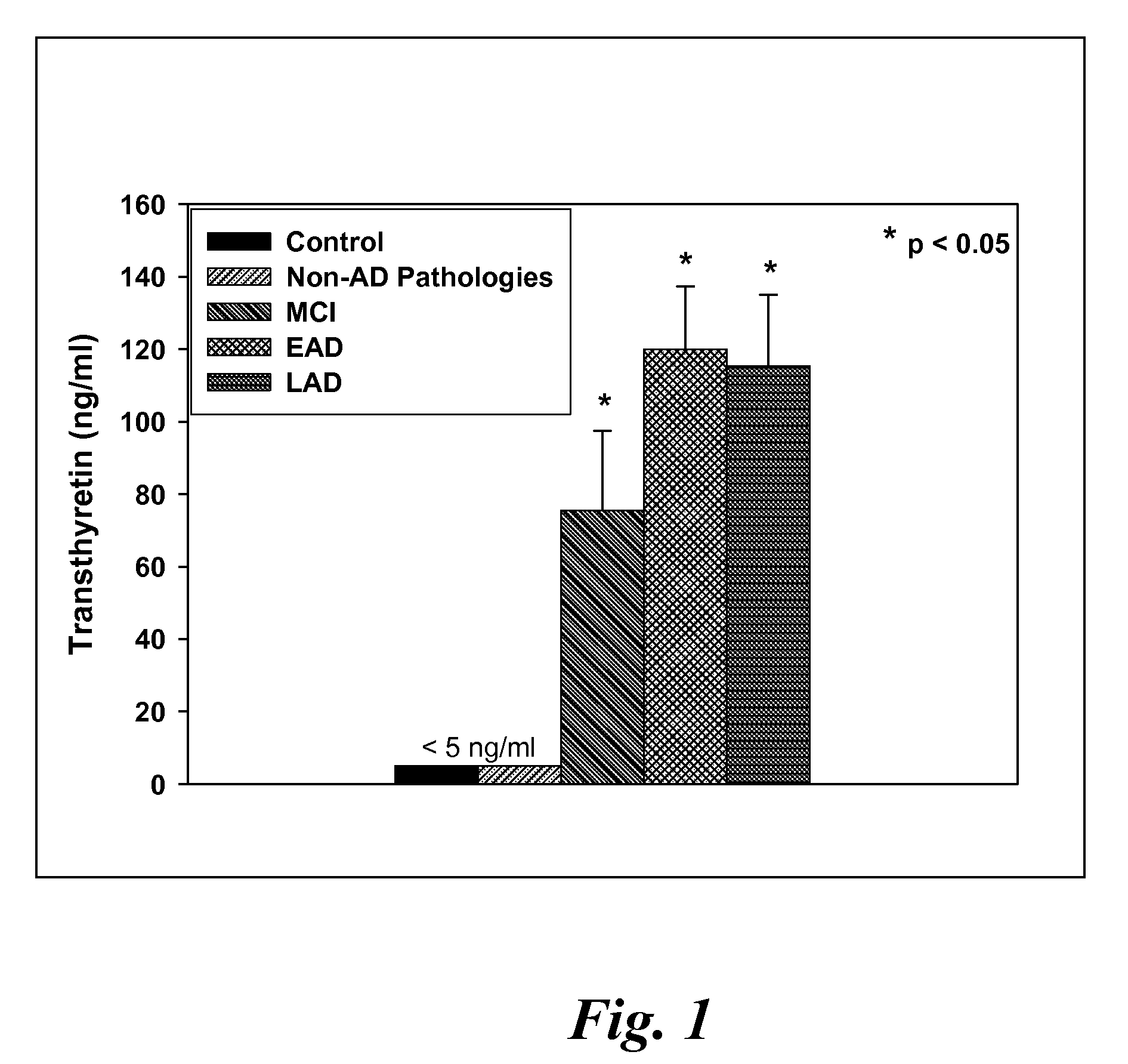
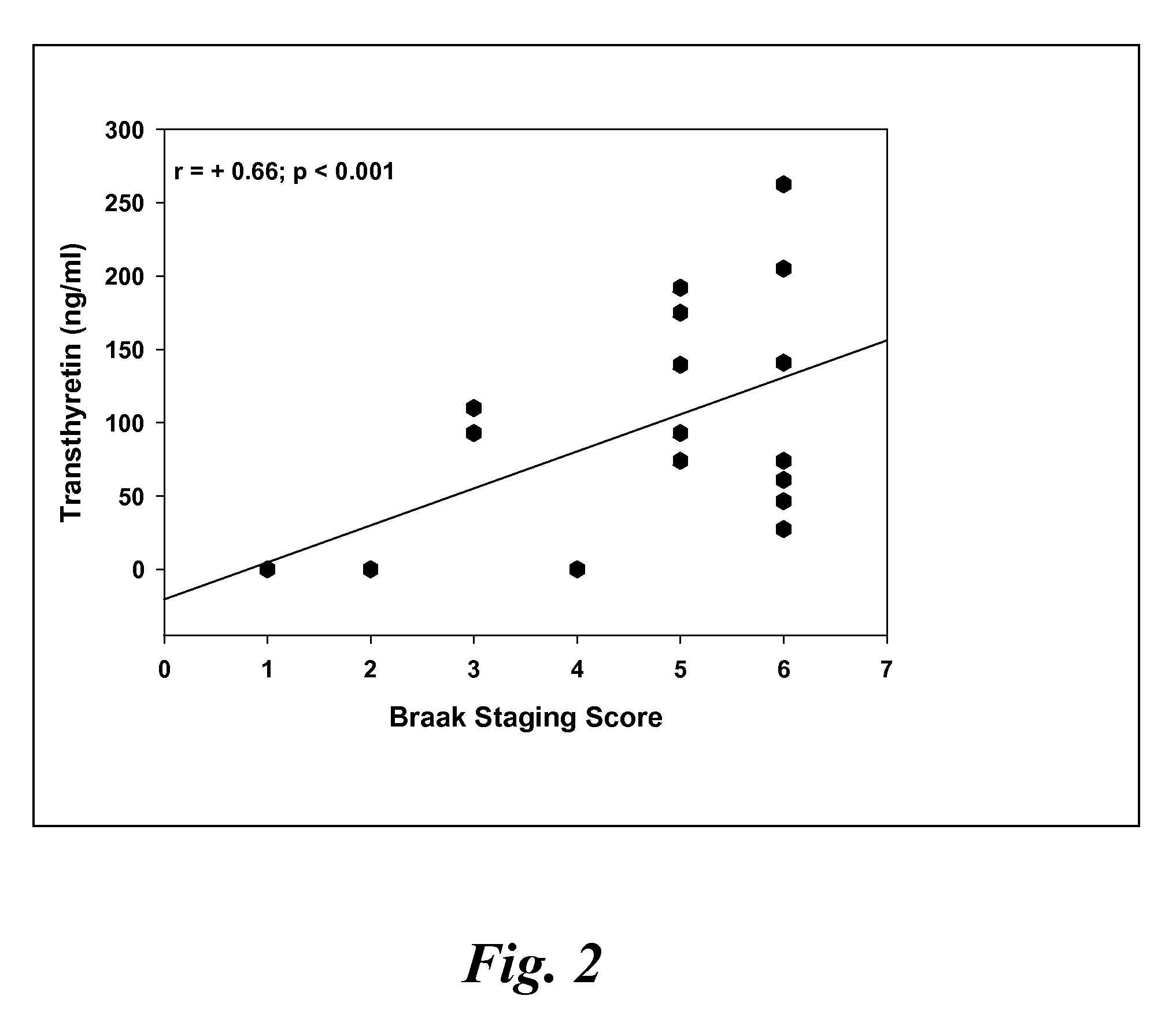
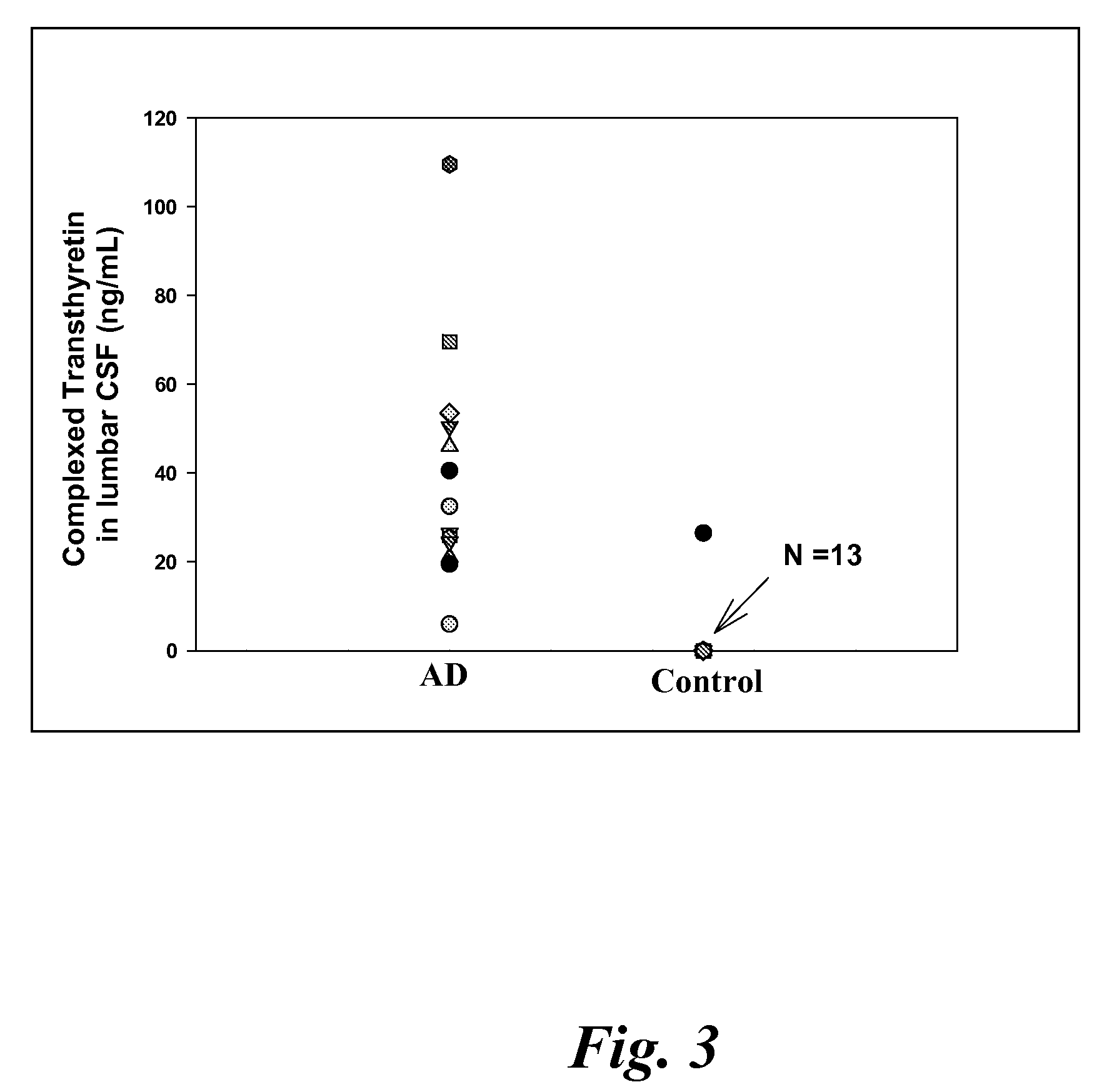
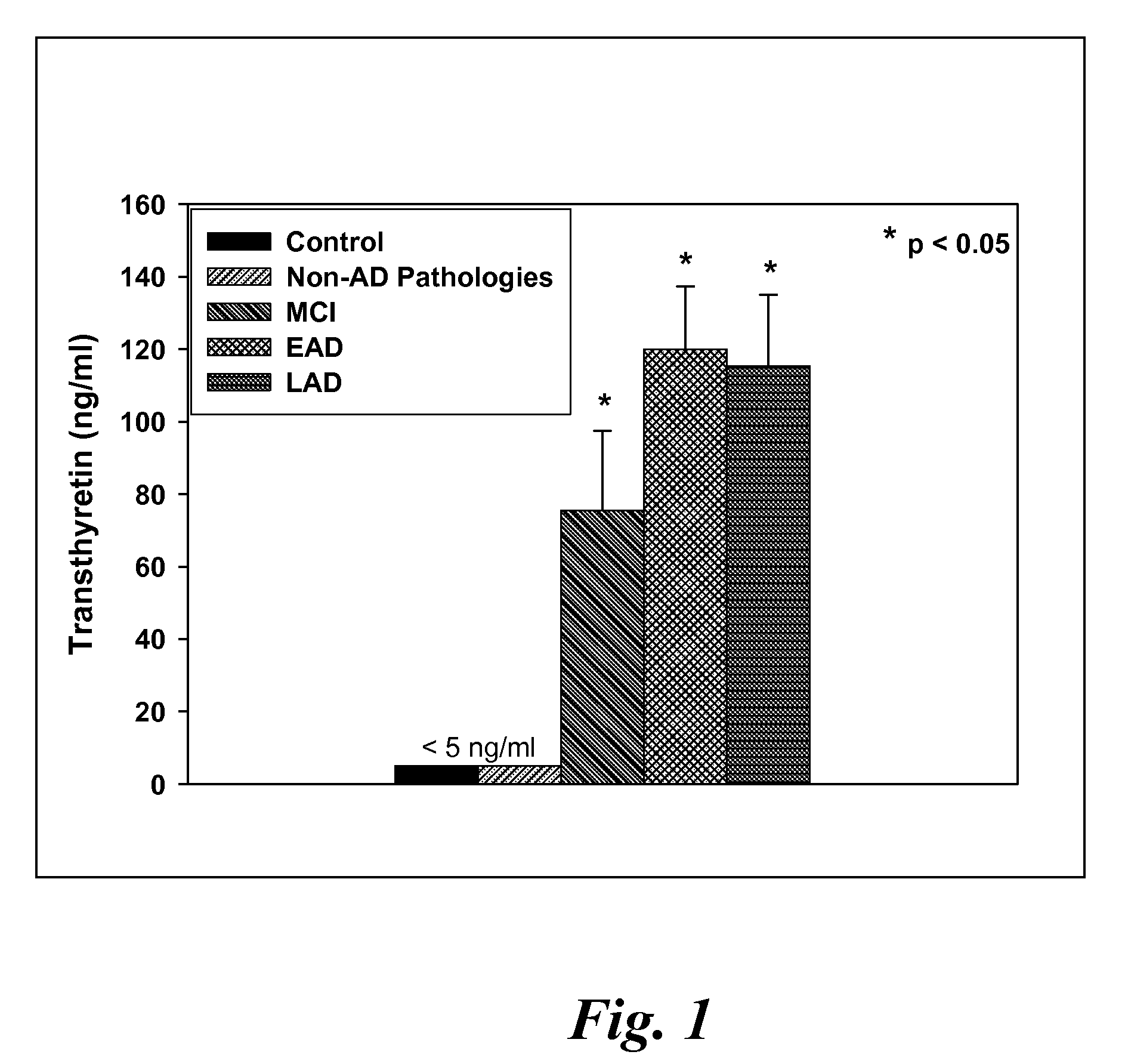
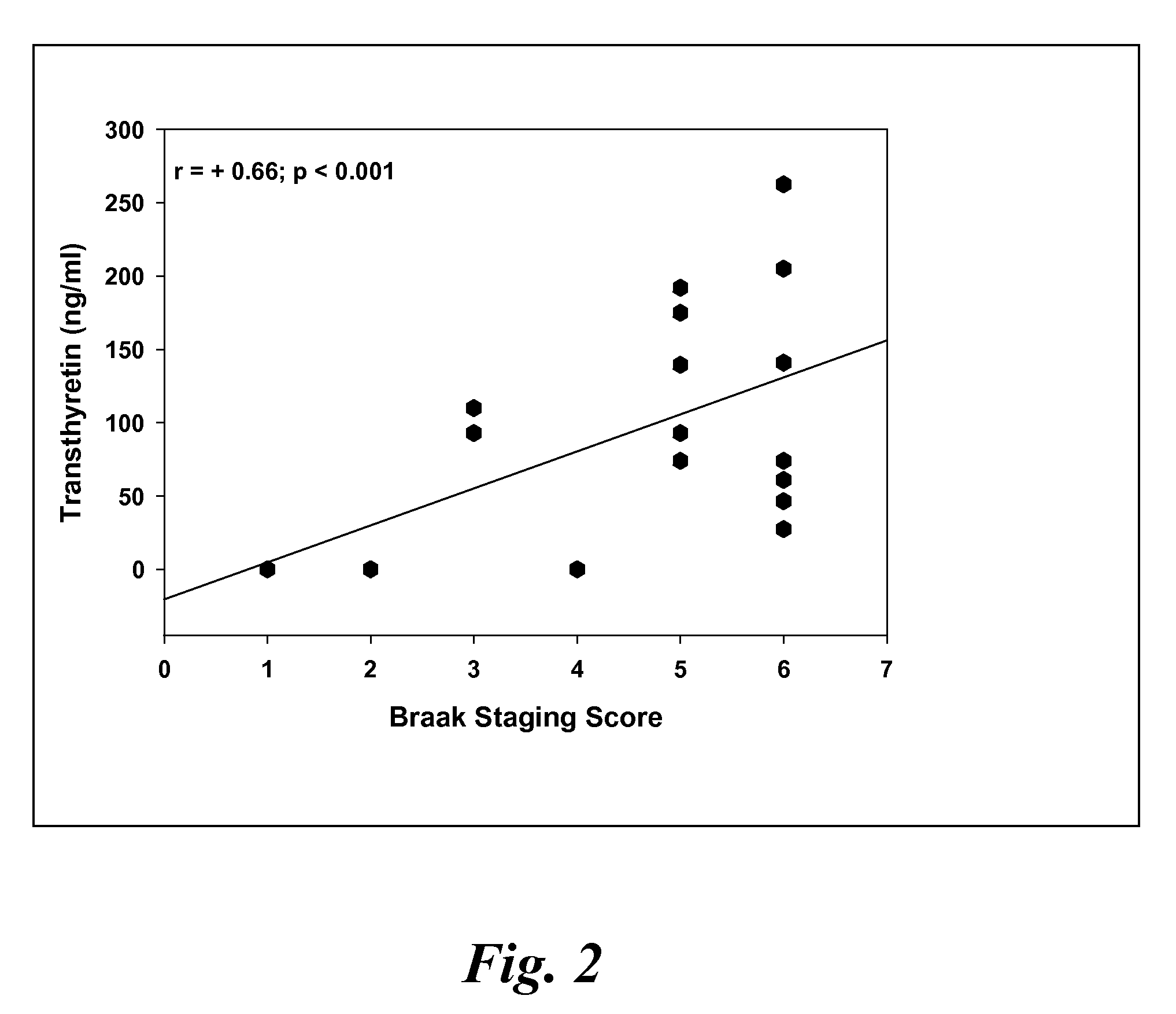
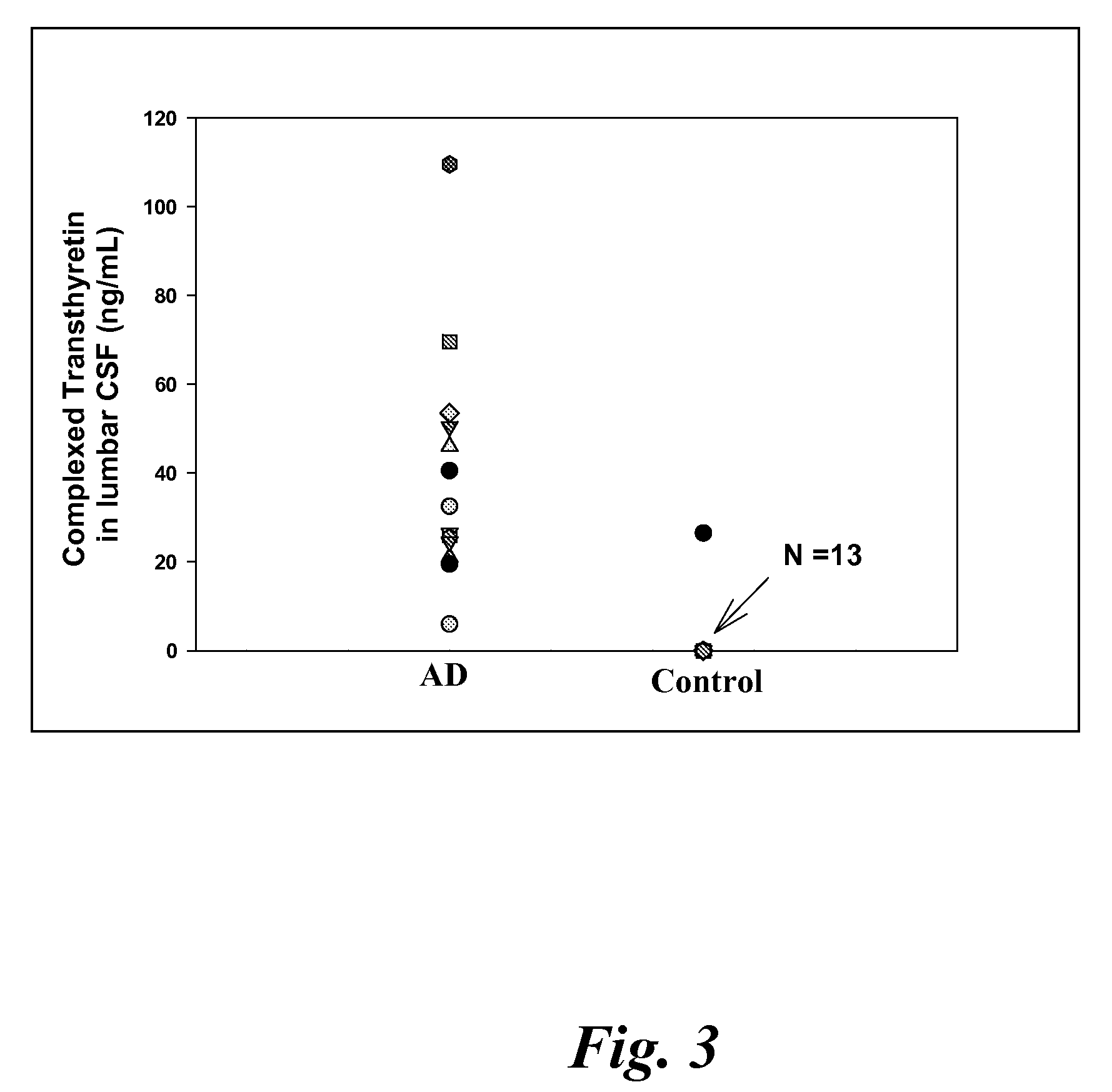
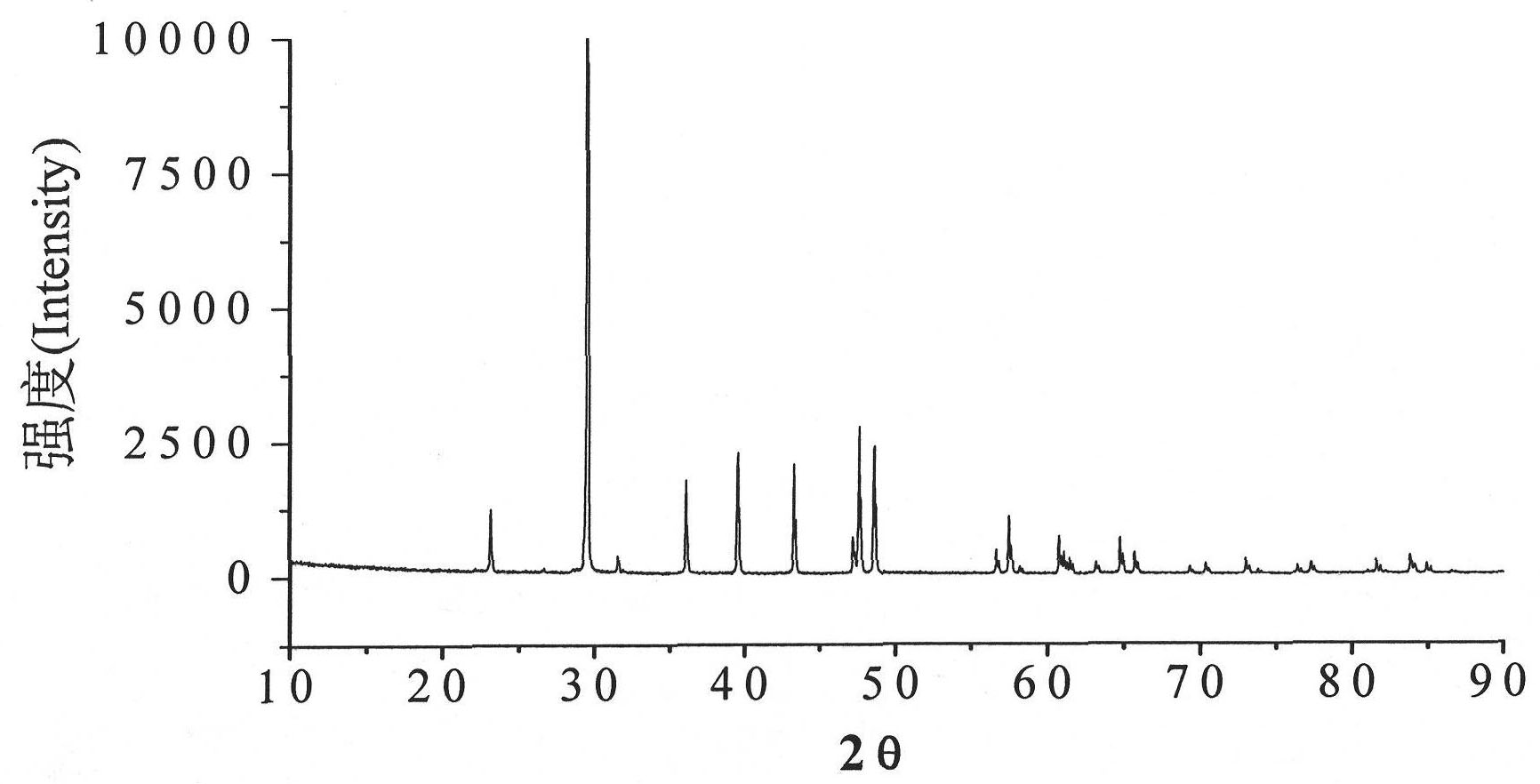
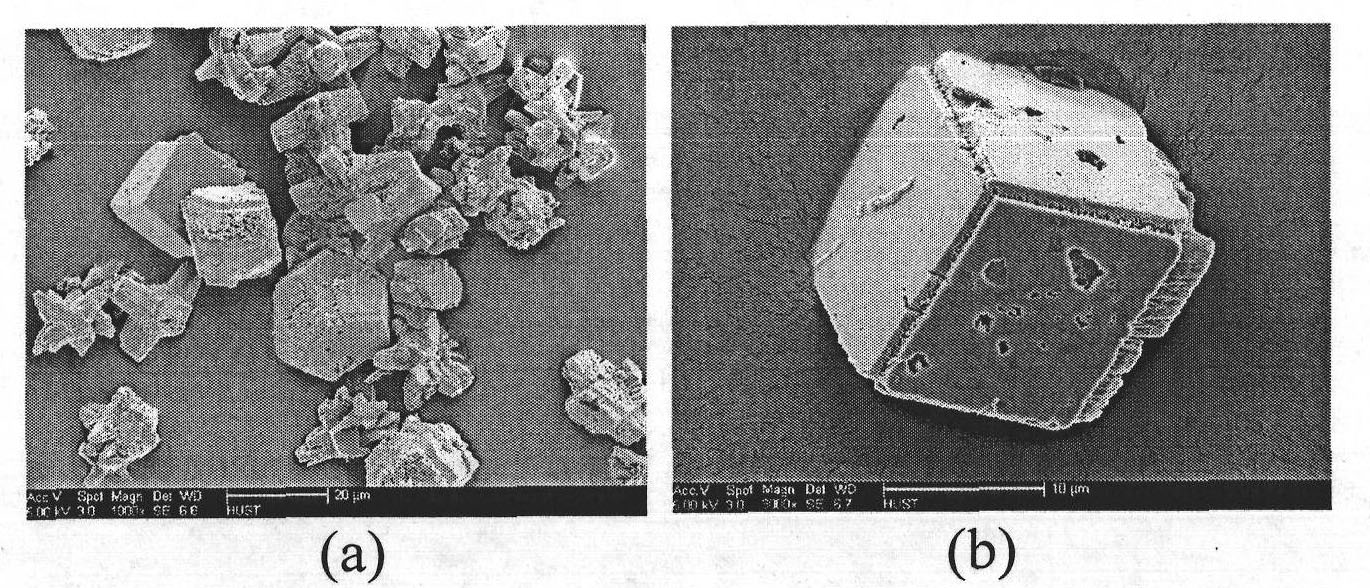
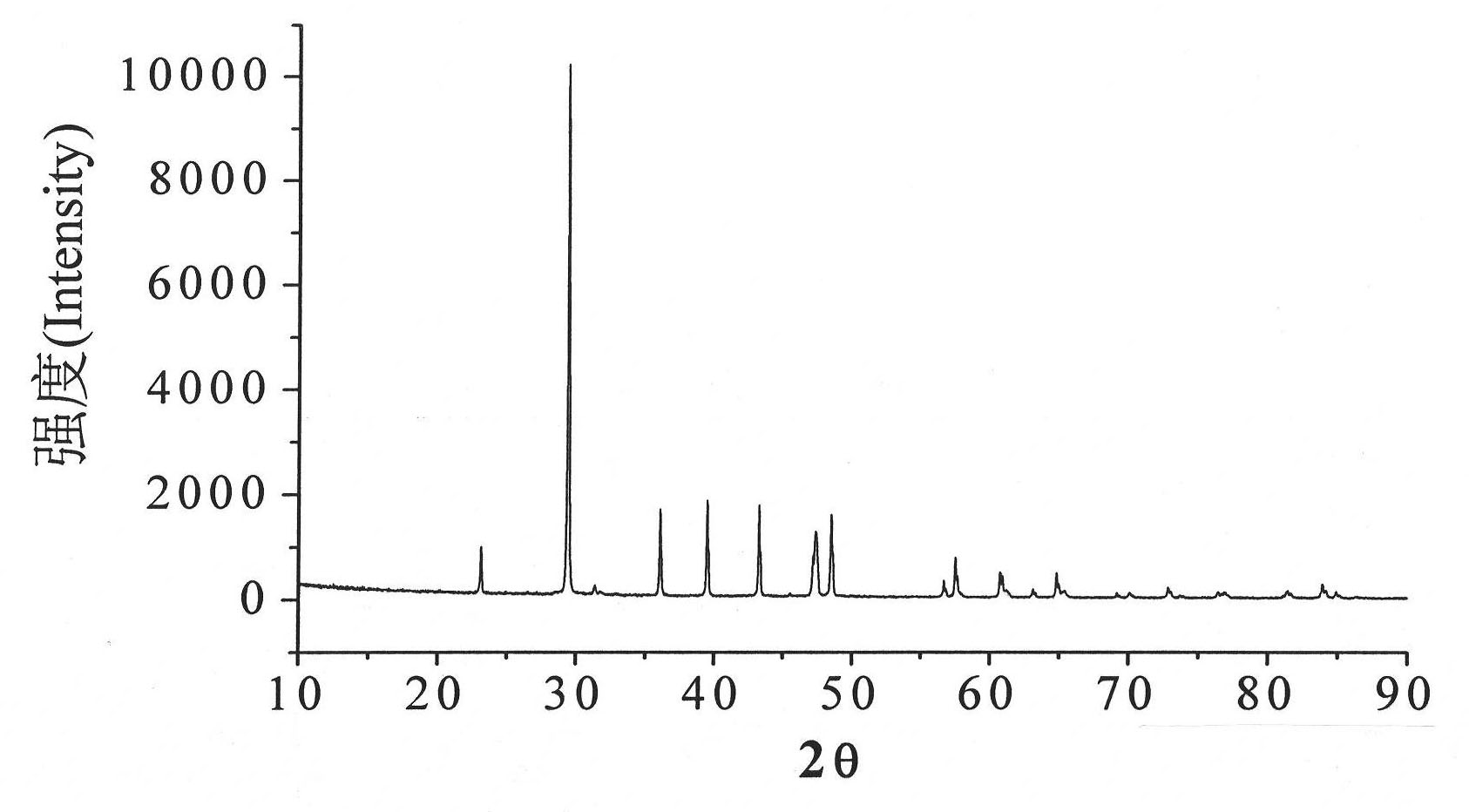
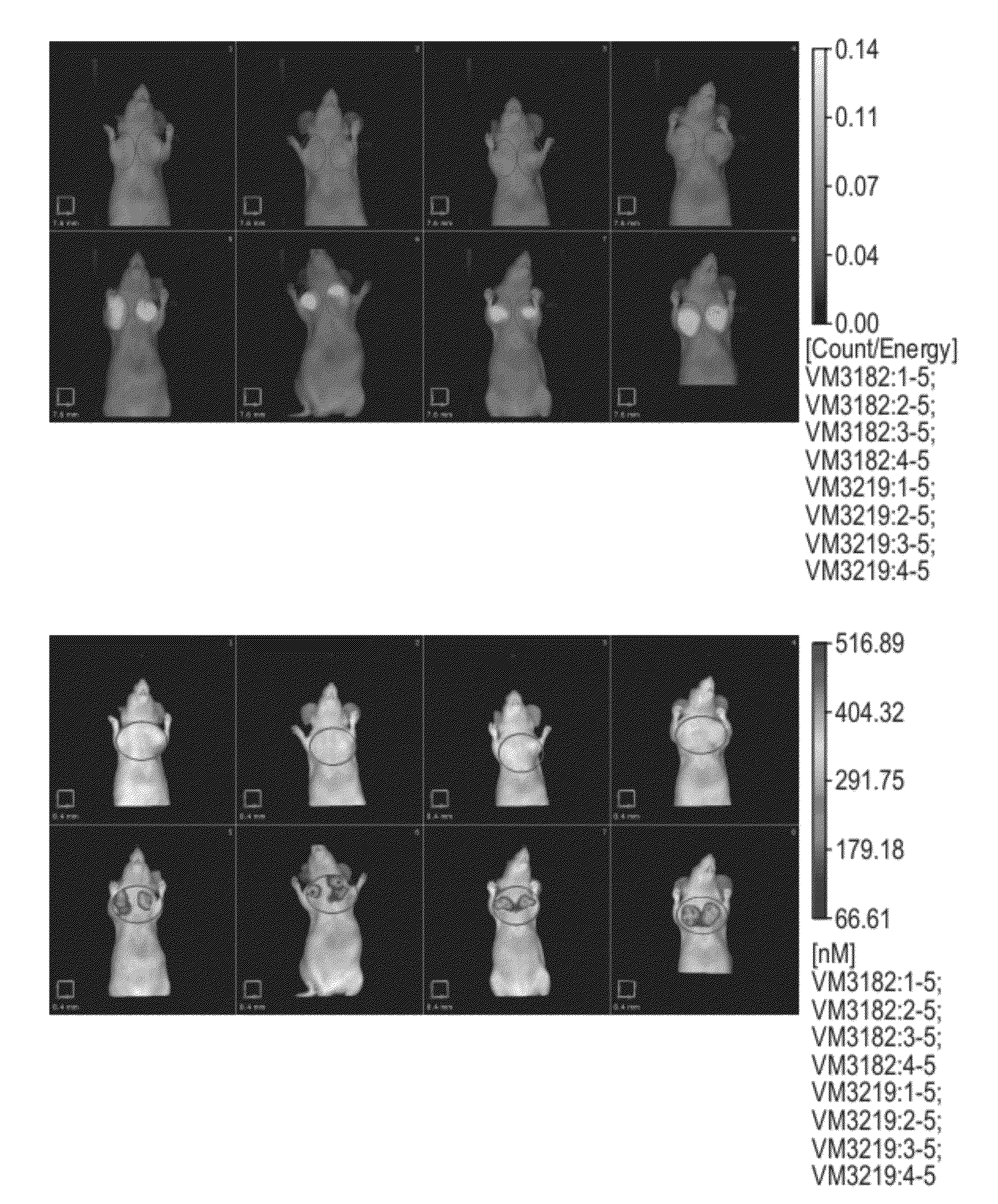
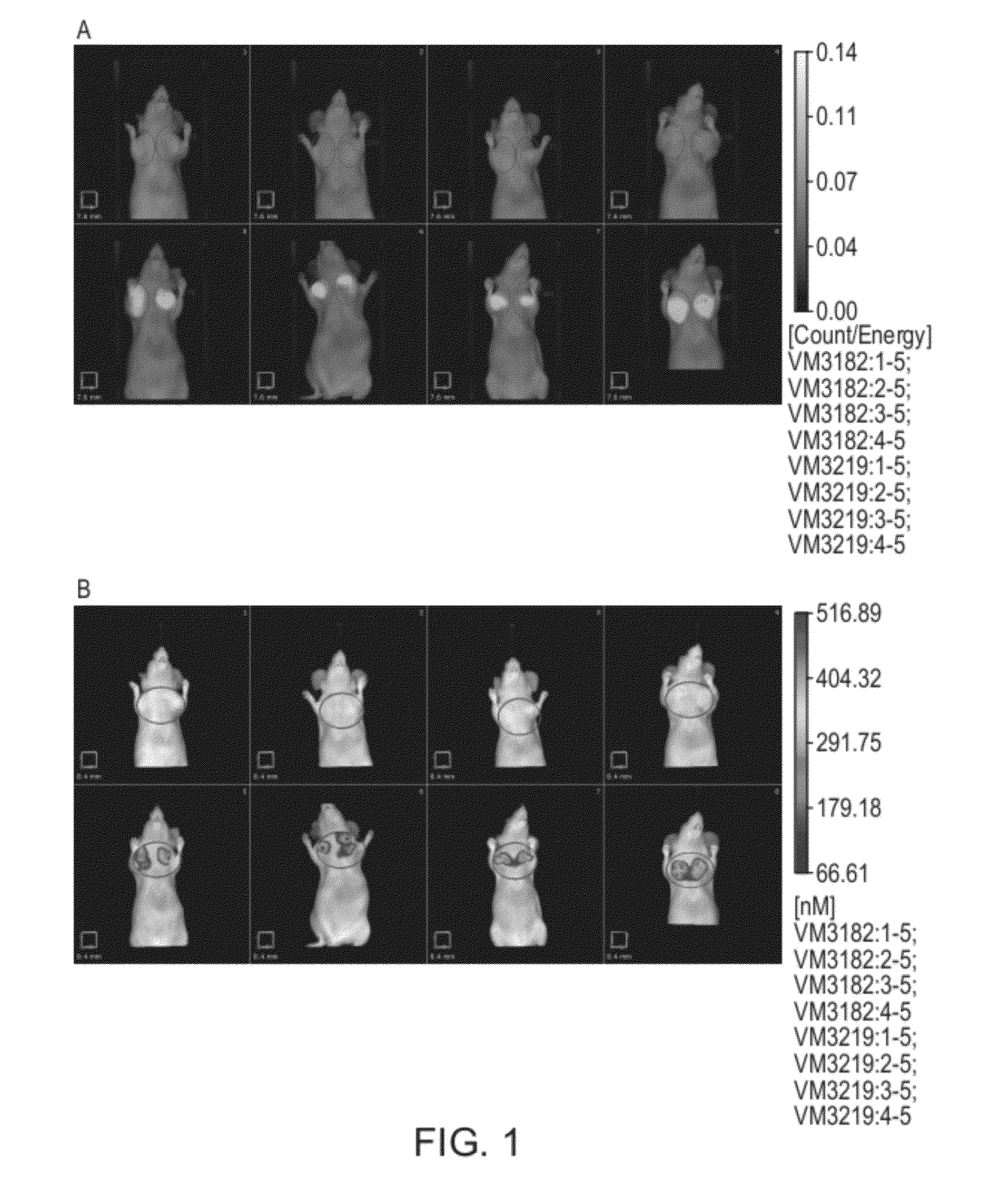
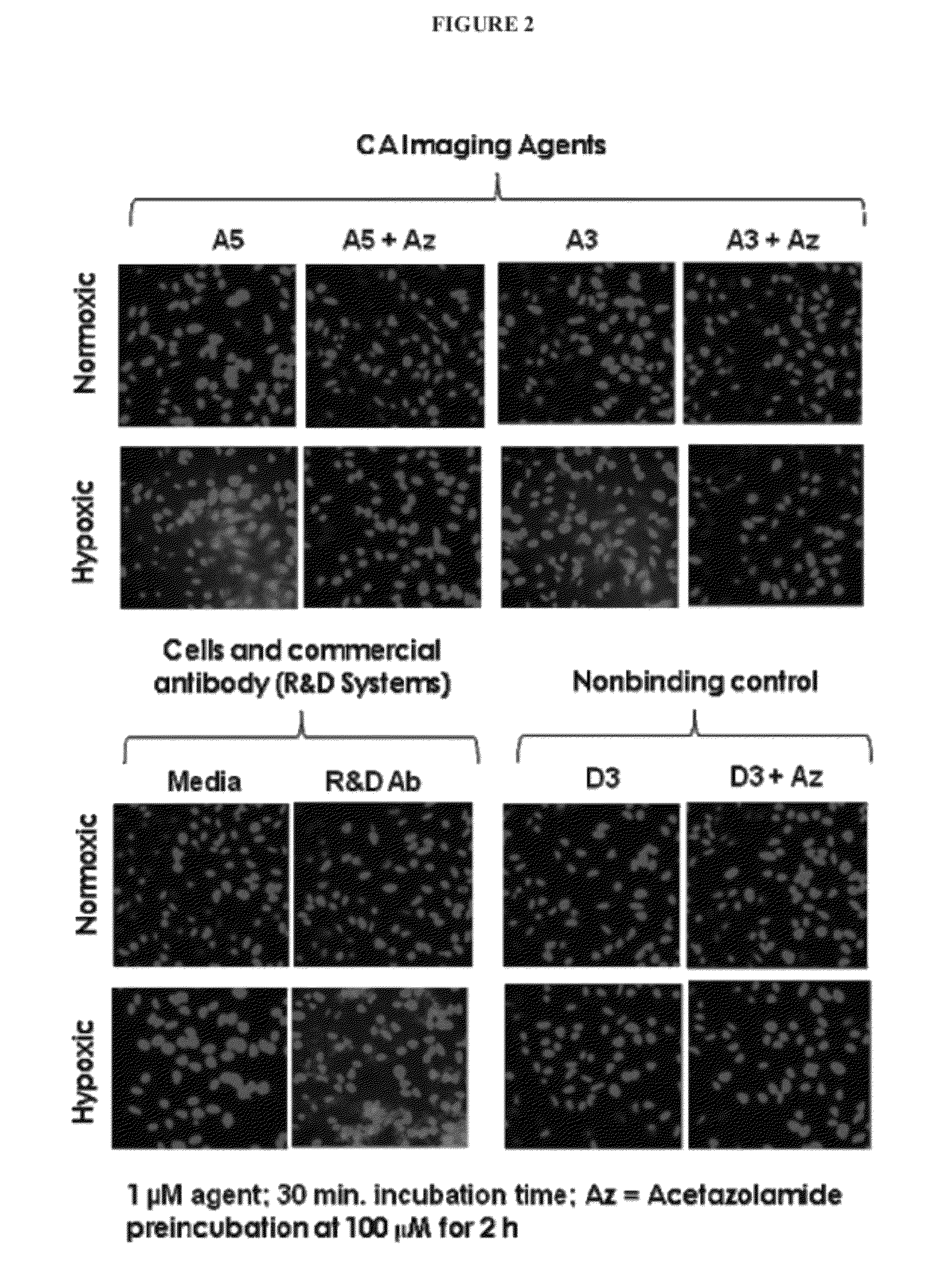
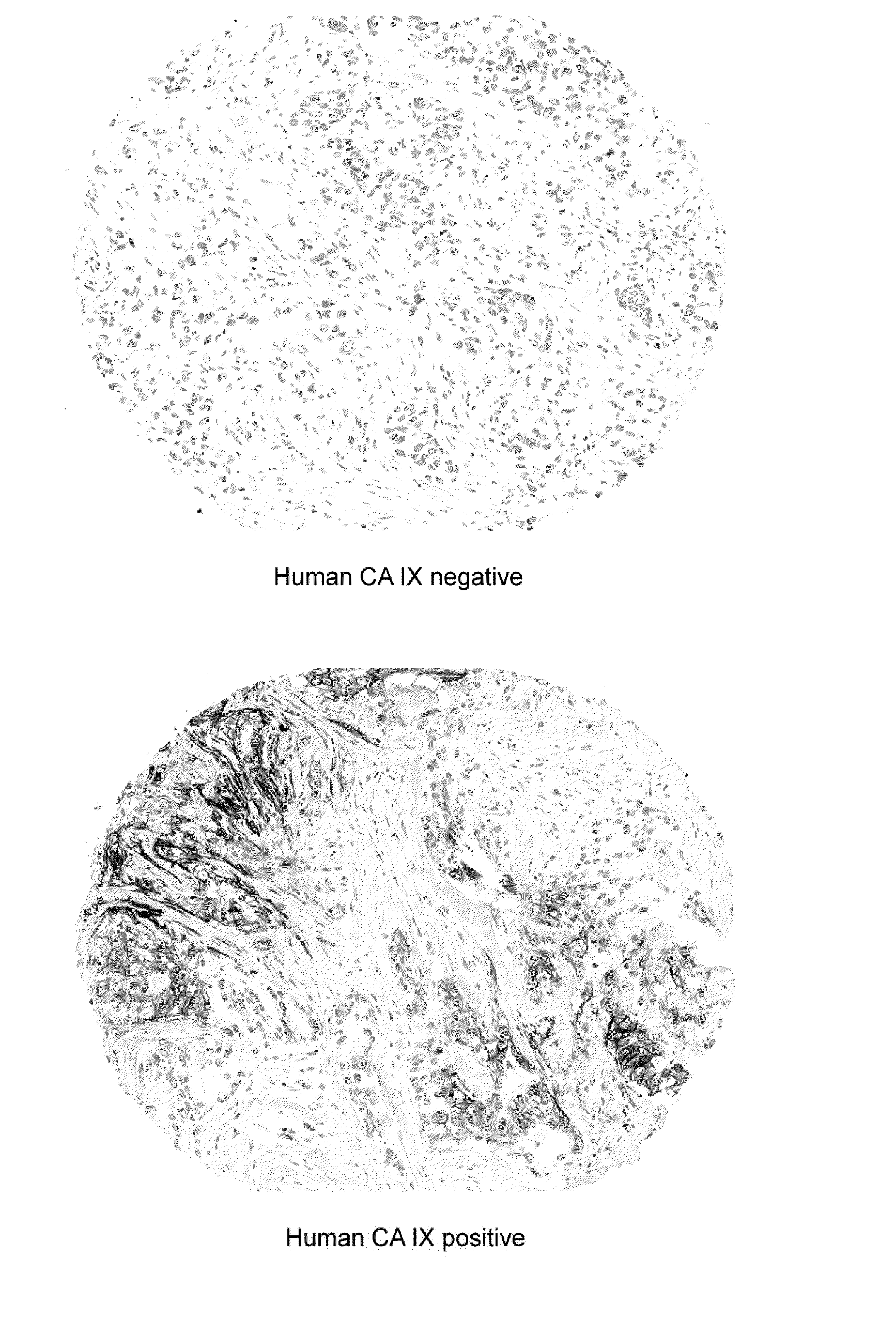
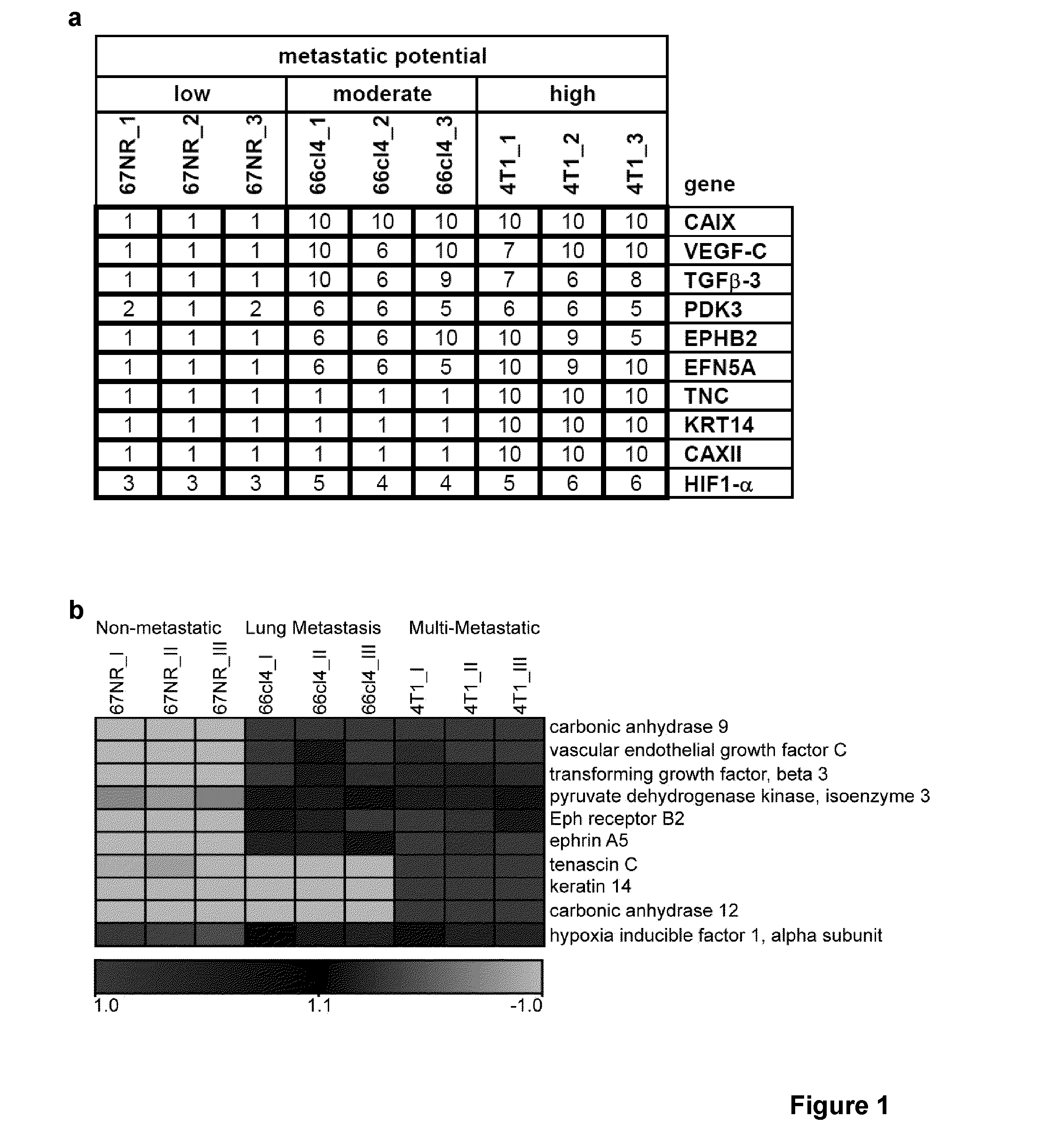
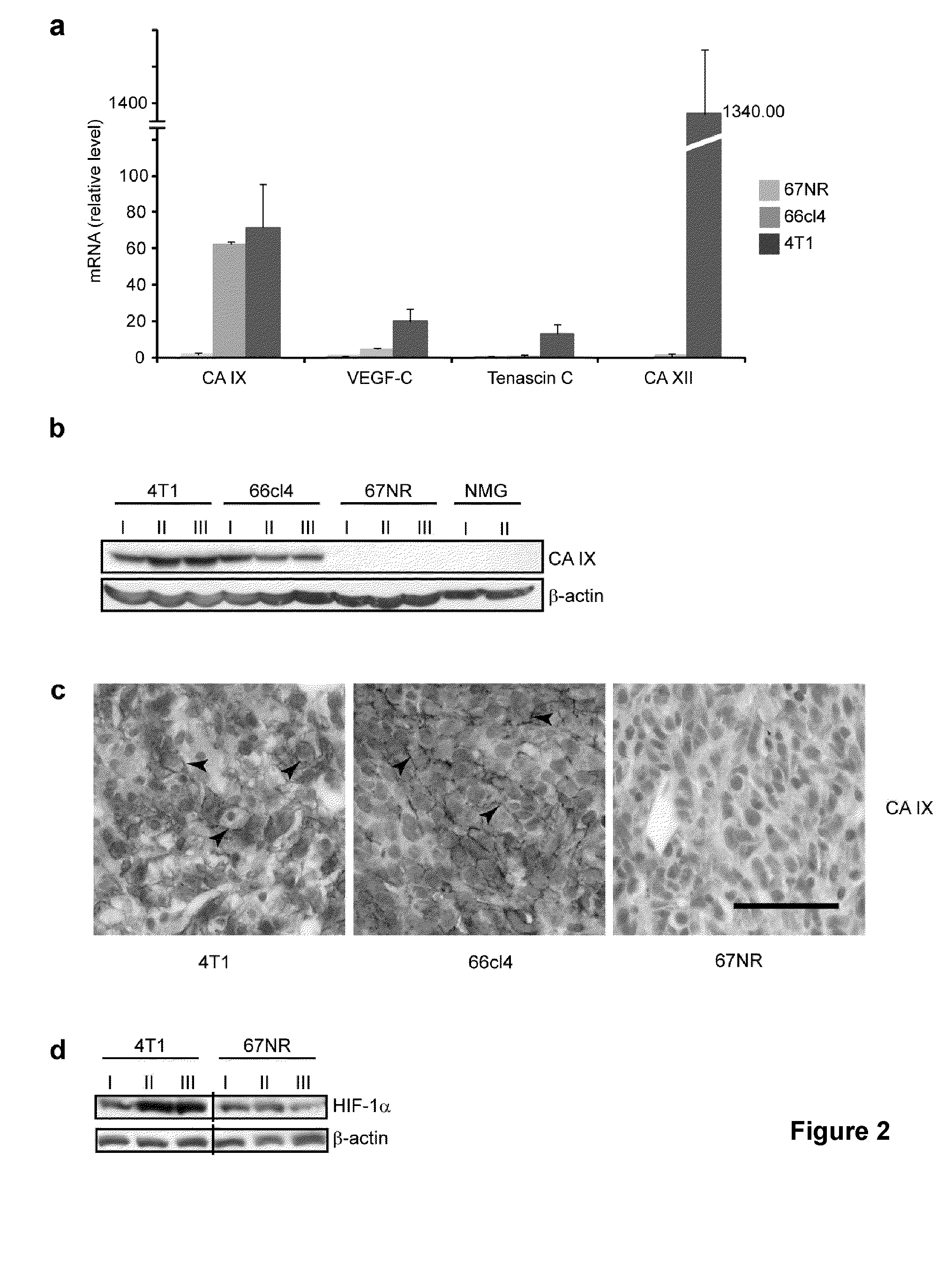

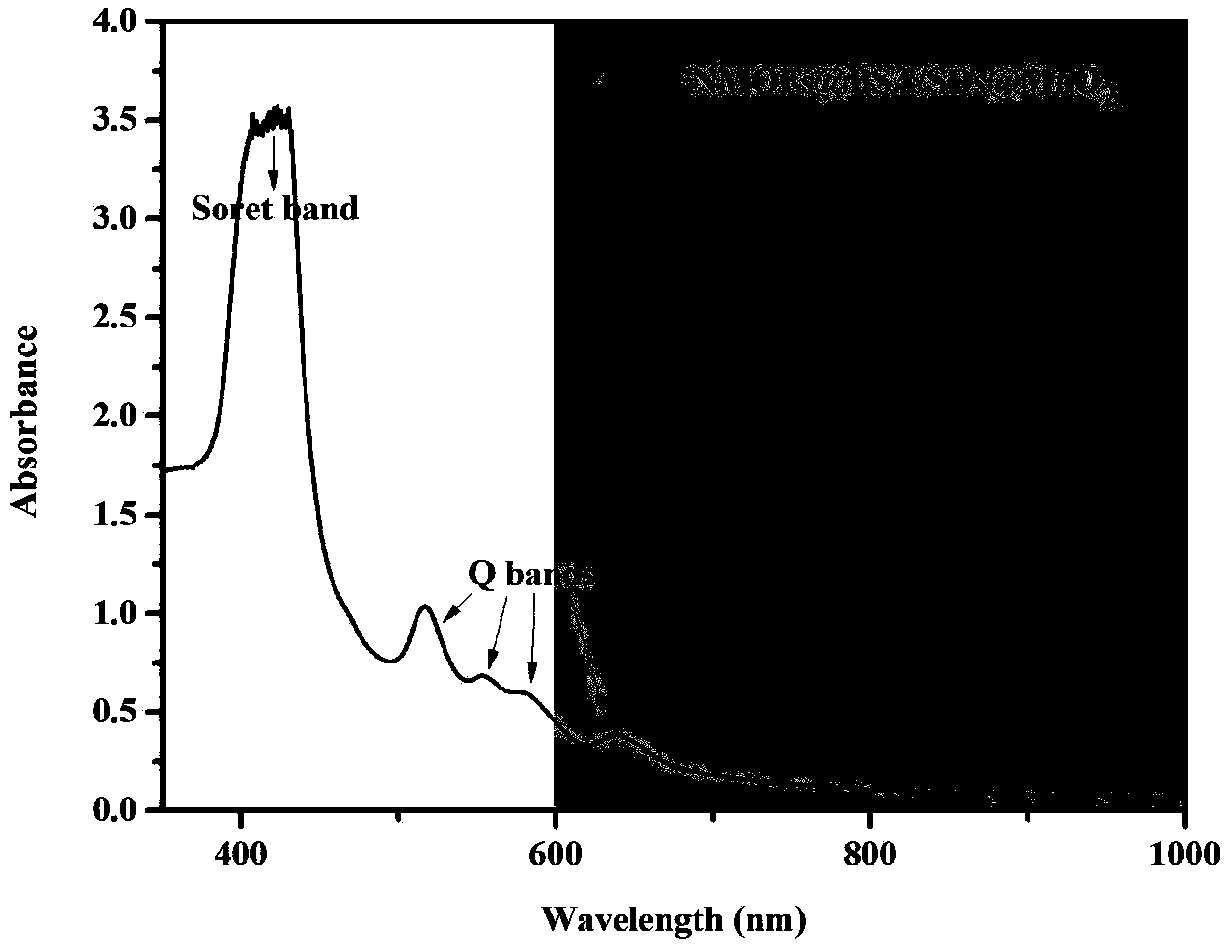
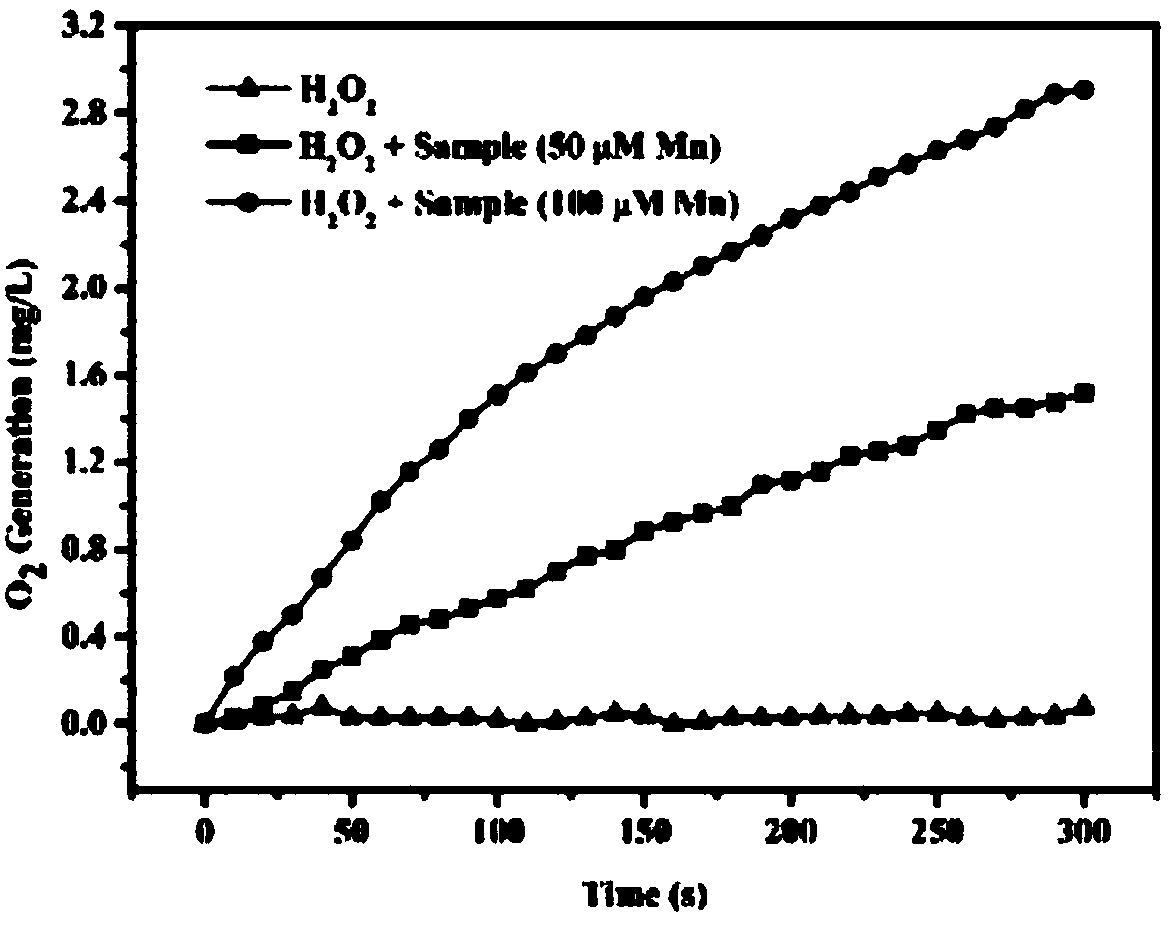
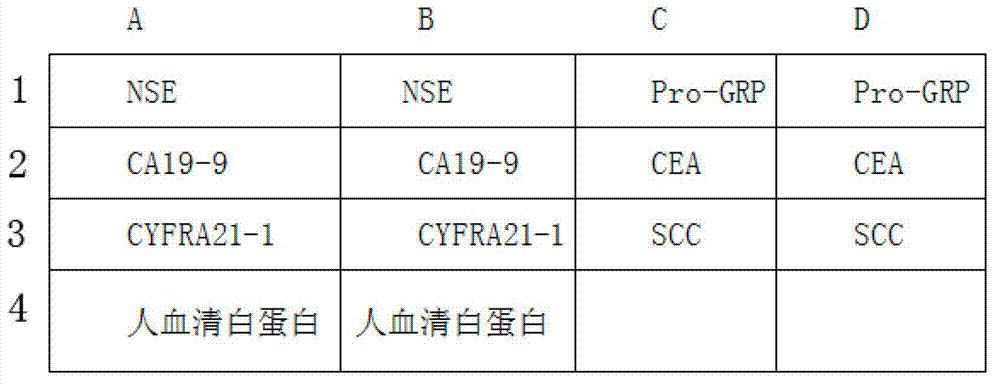
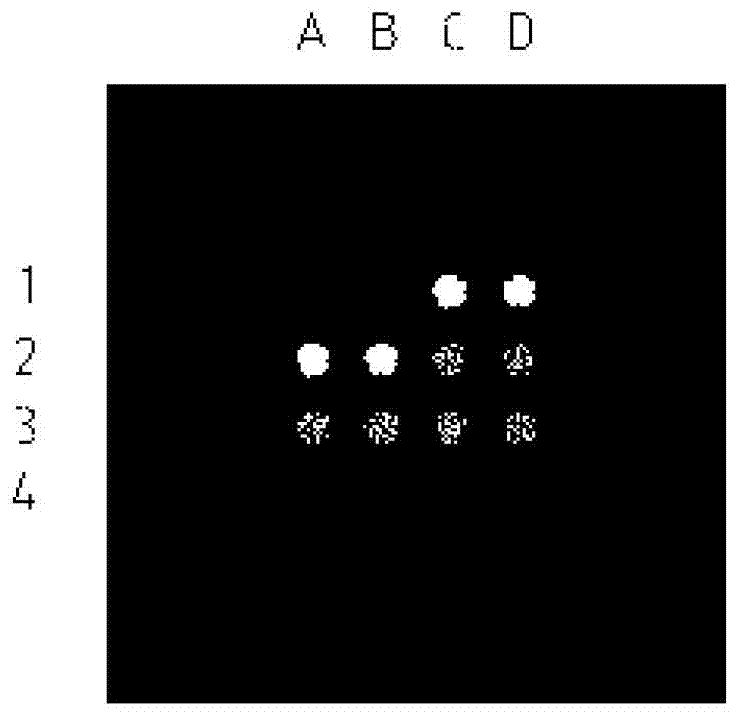

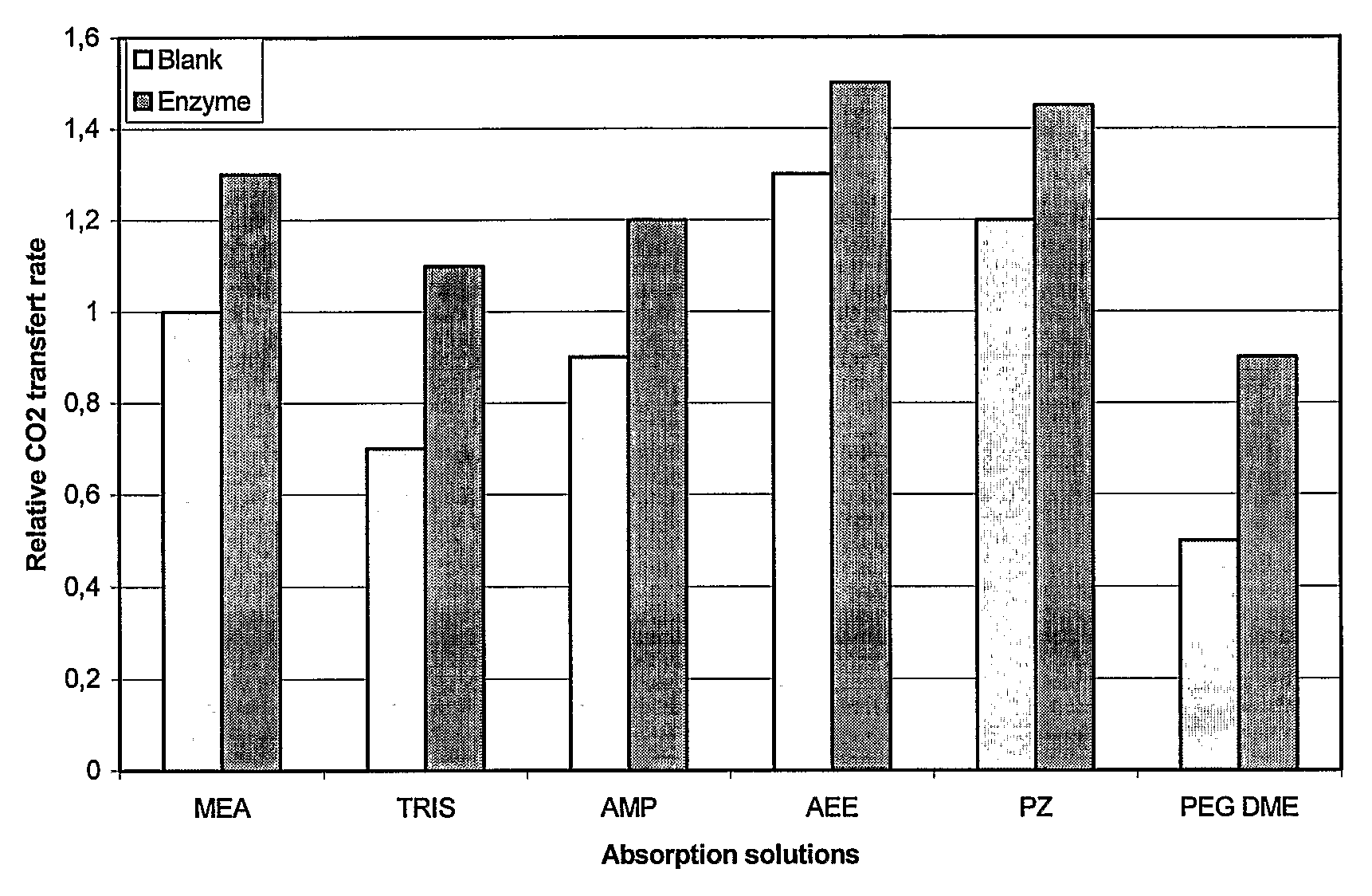
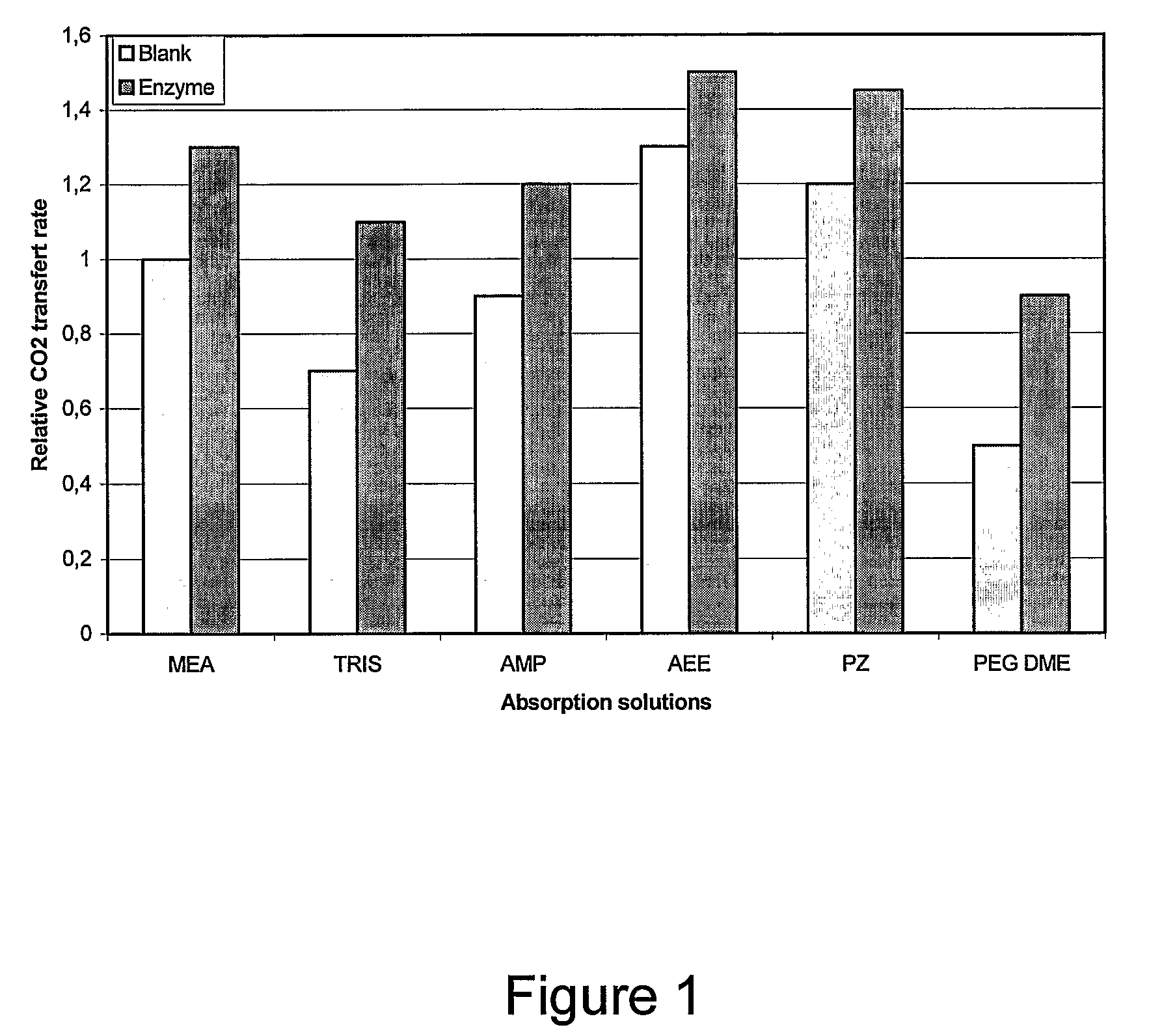
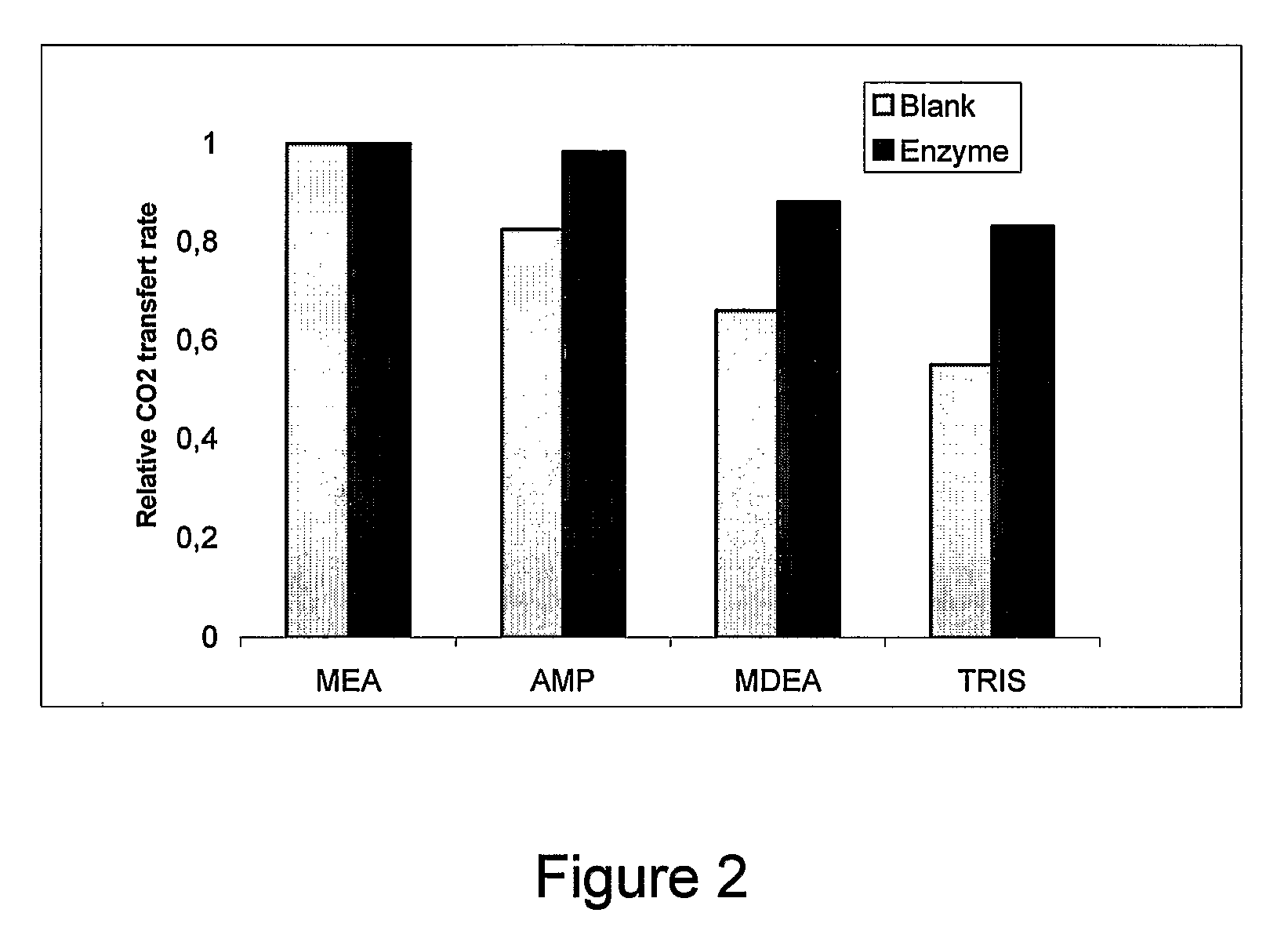
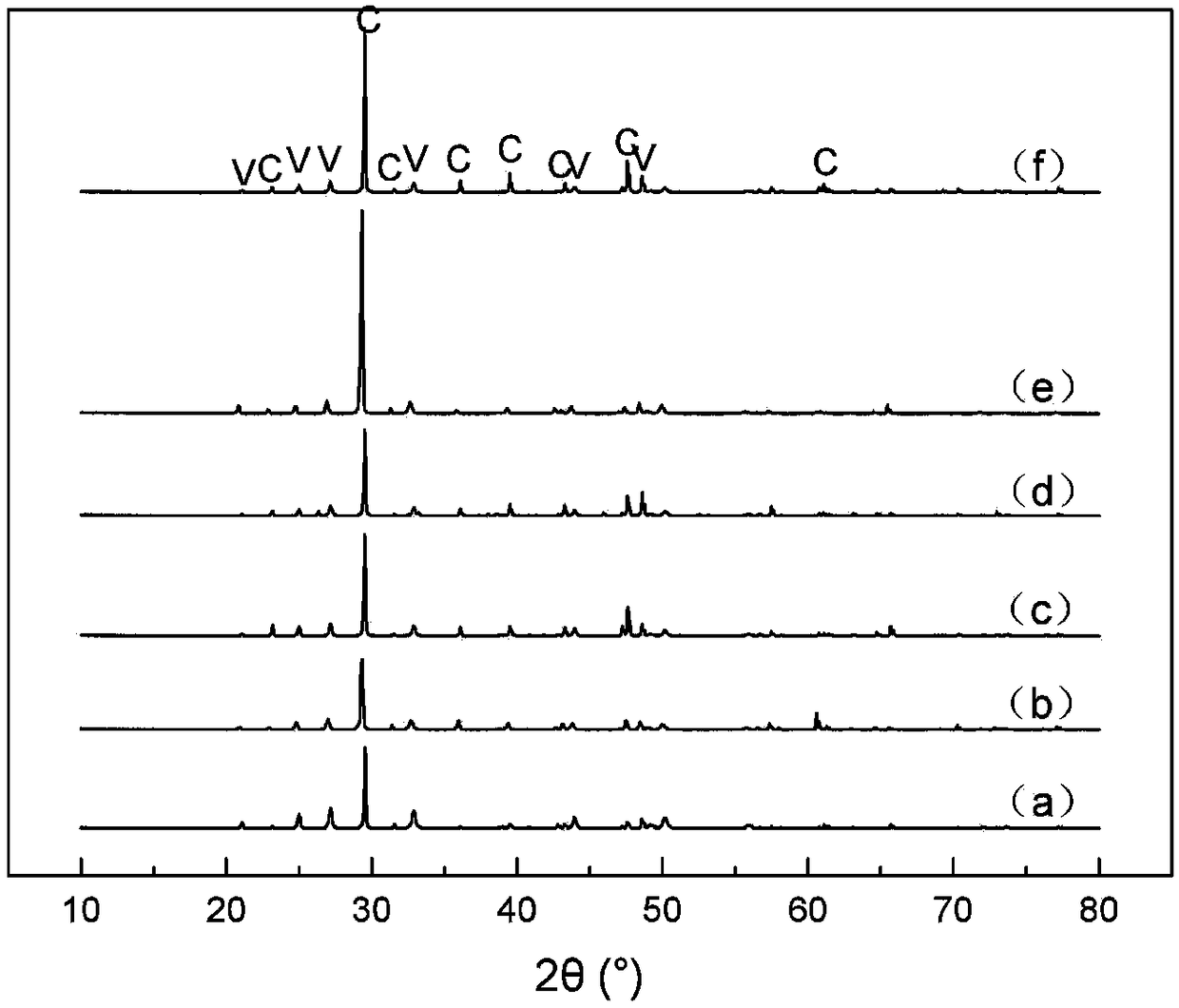
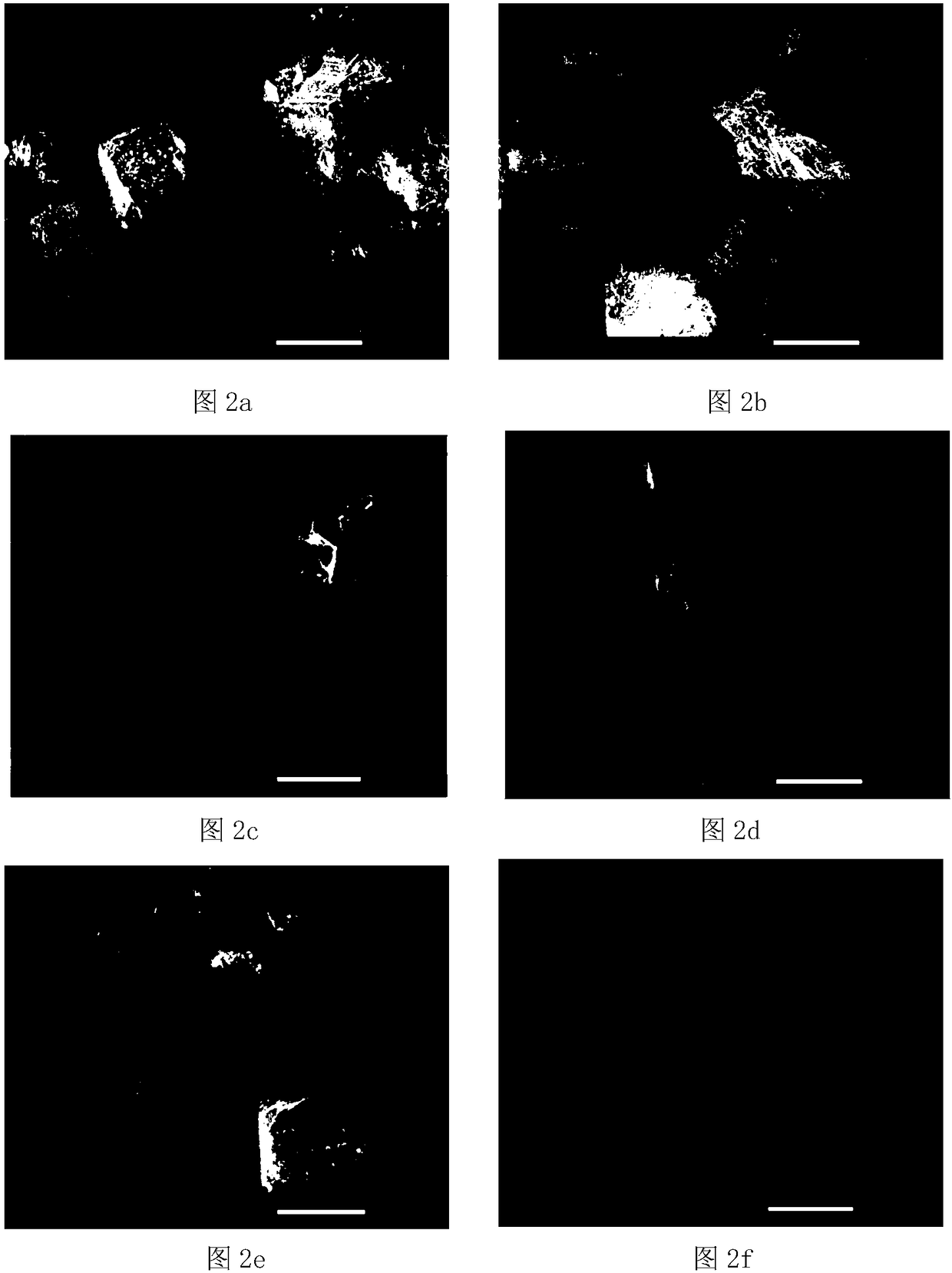

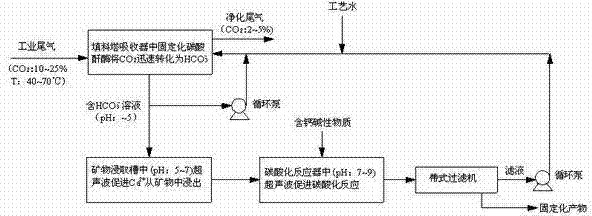
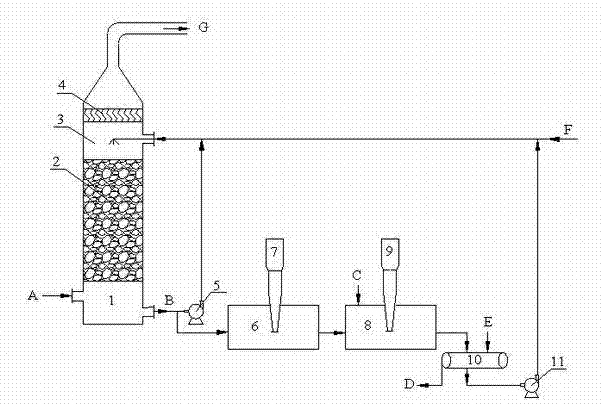
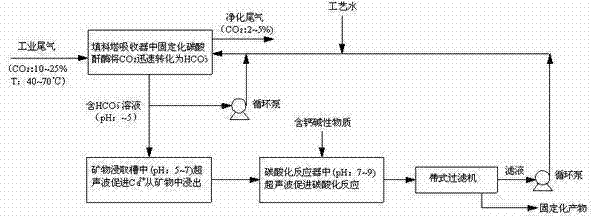
![Process for preparing 5,6-dihydro-4-(S)-(ethylamino)-6-(S) methyl-4H-thieno[2,3b]thiopyran-2-sulphonamide-7,7-dioxide HCI Process for preparing 5,6-dihydro-4-(S)-(ethylamino)-6-(S) methyl-4H-thieno[2,3b]thiopyran-2-sulphonamide-7,7-dioxide HCI](https://images-eureka.patsnap.com/patent_img/f5e133d0-72c5-4059-8bf2-aa0bc2c8708a/US20060142595A1-20060629-C00001.png)
![Process for preparing 5,6-dihydro-4-(S)-(ethylamino)-6-(S) methyl-4H-thieno[2,3b]thiopyran-2-sulphonamide-7,7-dioxide HCI Process for preparing 5,6-dihydro-4-(S)-(ethylamino)-6-(S) methyl-4H-thieno[2,3b]thiopyran-2-sulphonamide-7,7-dioxide HCI](https://images-eureka.patsnap.com/patent_img/f5e133d0-72c5-4059-8bf2-aa0bc2c8708a/US20060142595A1-20060629-C00002.png)
![Process for preparing 5,6-dihydro-4-(S)-(ethylamino)-6-(S) methyl-4H-thieno[2,3b]thiopyran-2-sulphonamide-7,7-dioxide HCI Process for preparing 5,6-dihydro-4-(S)-(ethylamino)-6-(S) methyl-4H-thieno[2,3b]thiopyran-2-sulphonamide-7,7-dioxide HCI](https://images-eureka.patsnap.com/patent_img/f5e133d0-72c5-4059-8bf2-aa0bc2c8708a/US20060142595A1-20060629-C00003.png)



